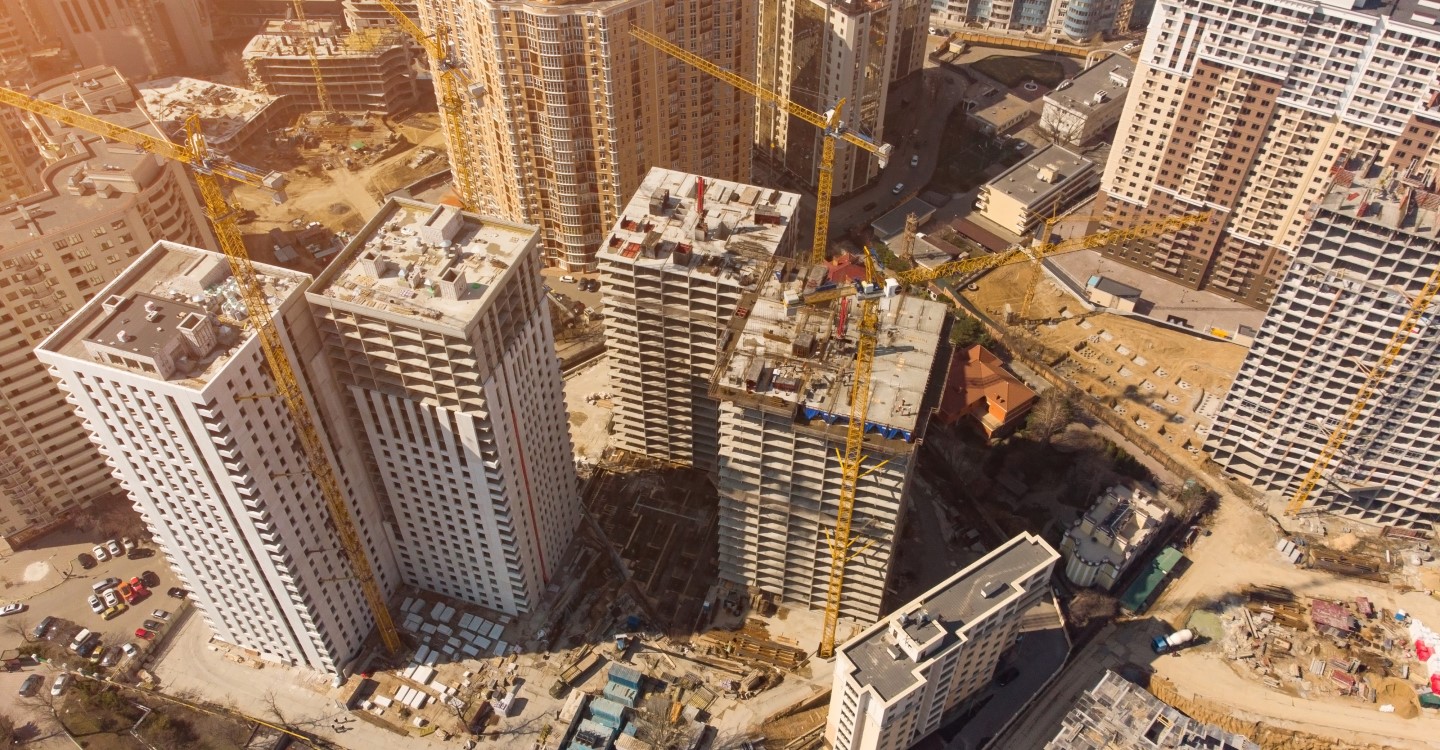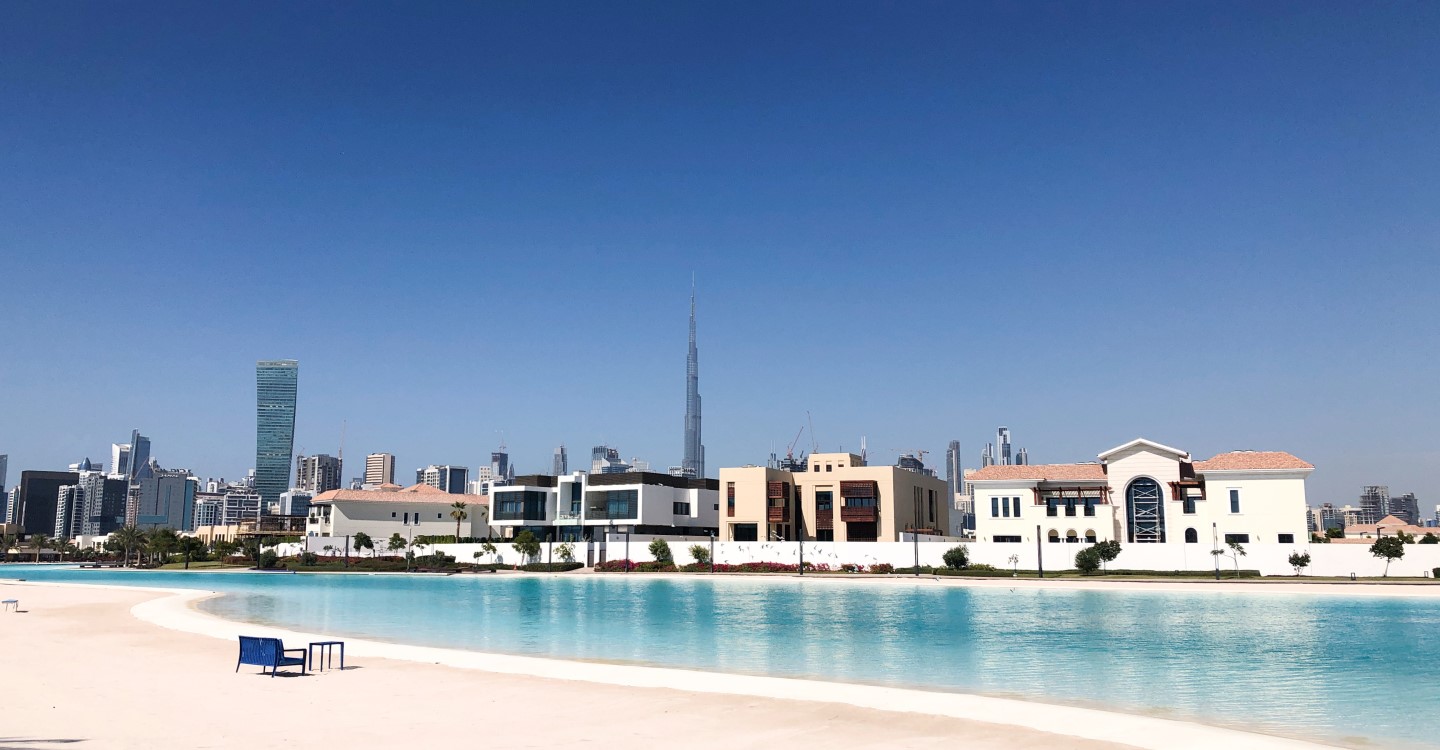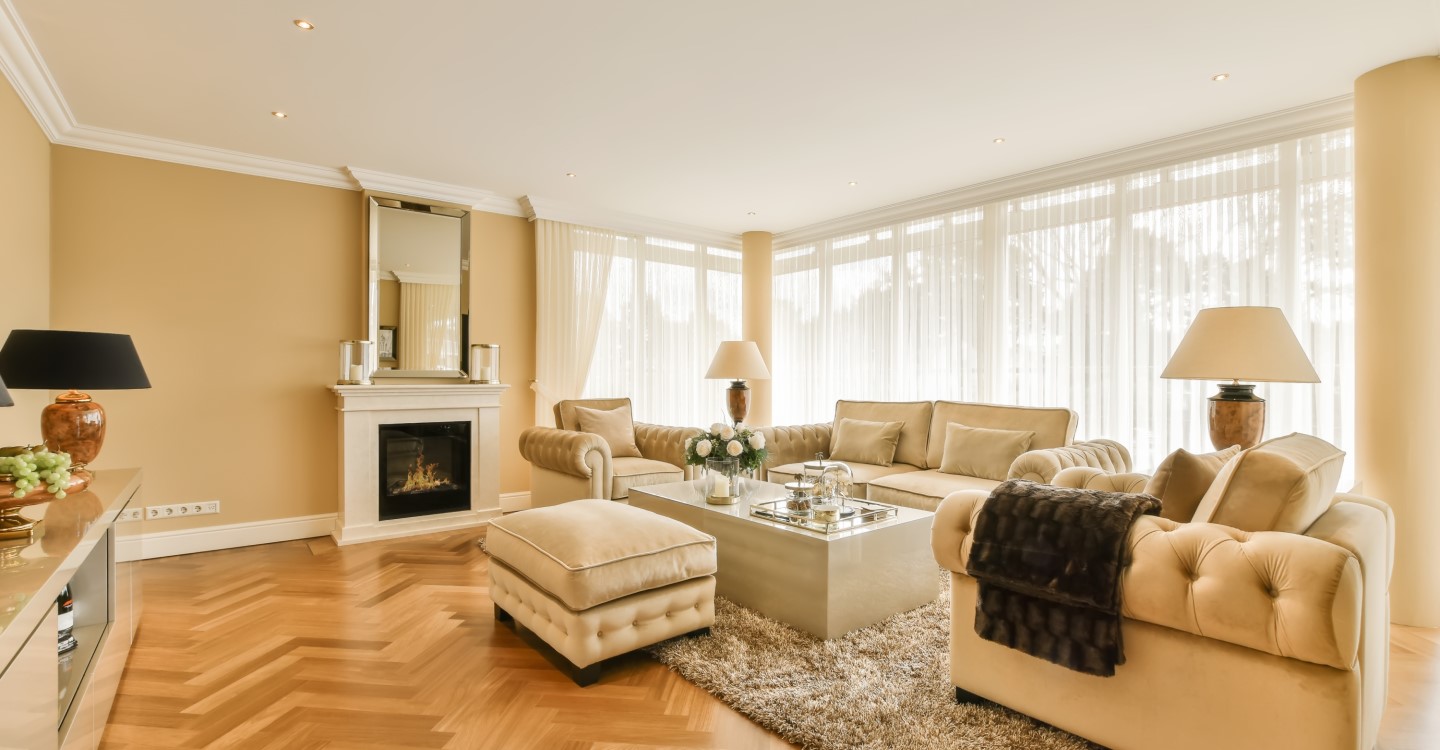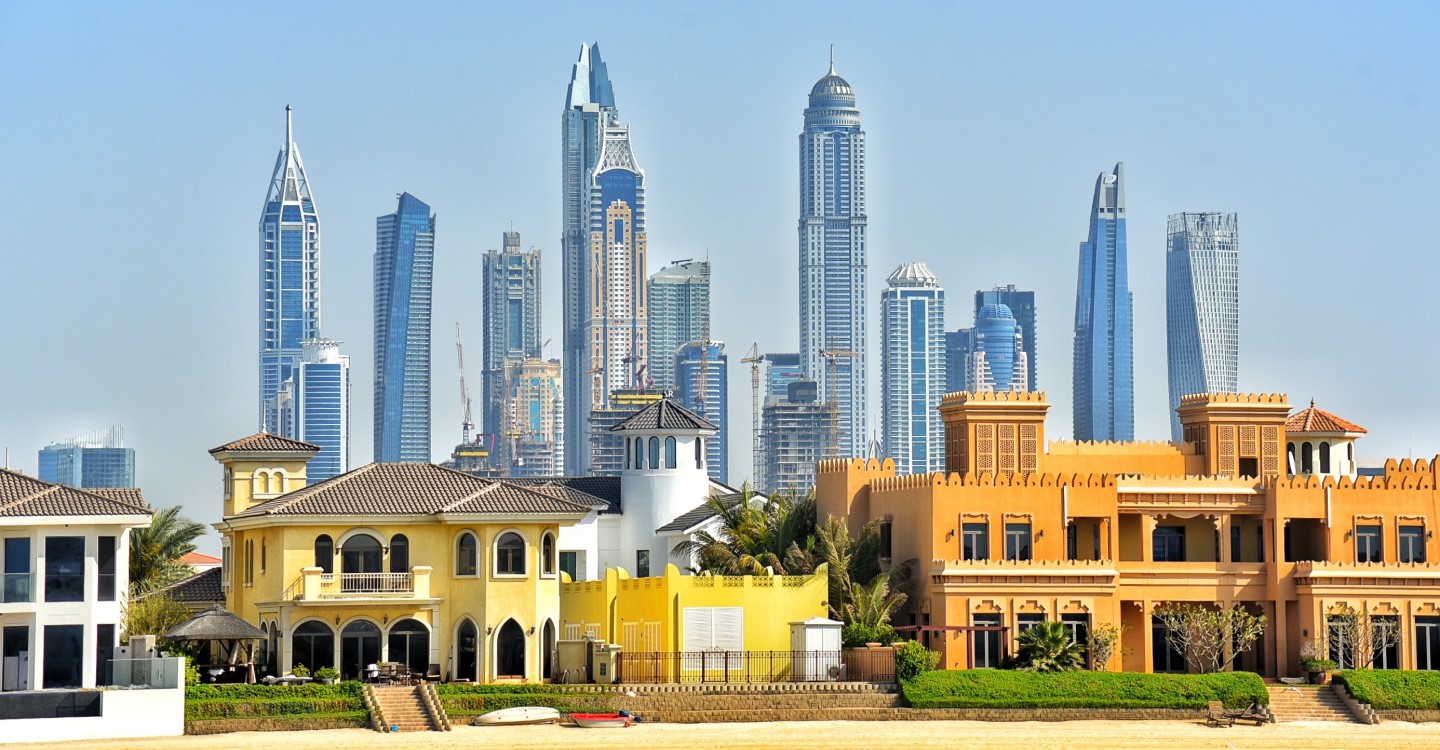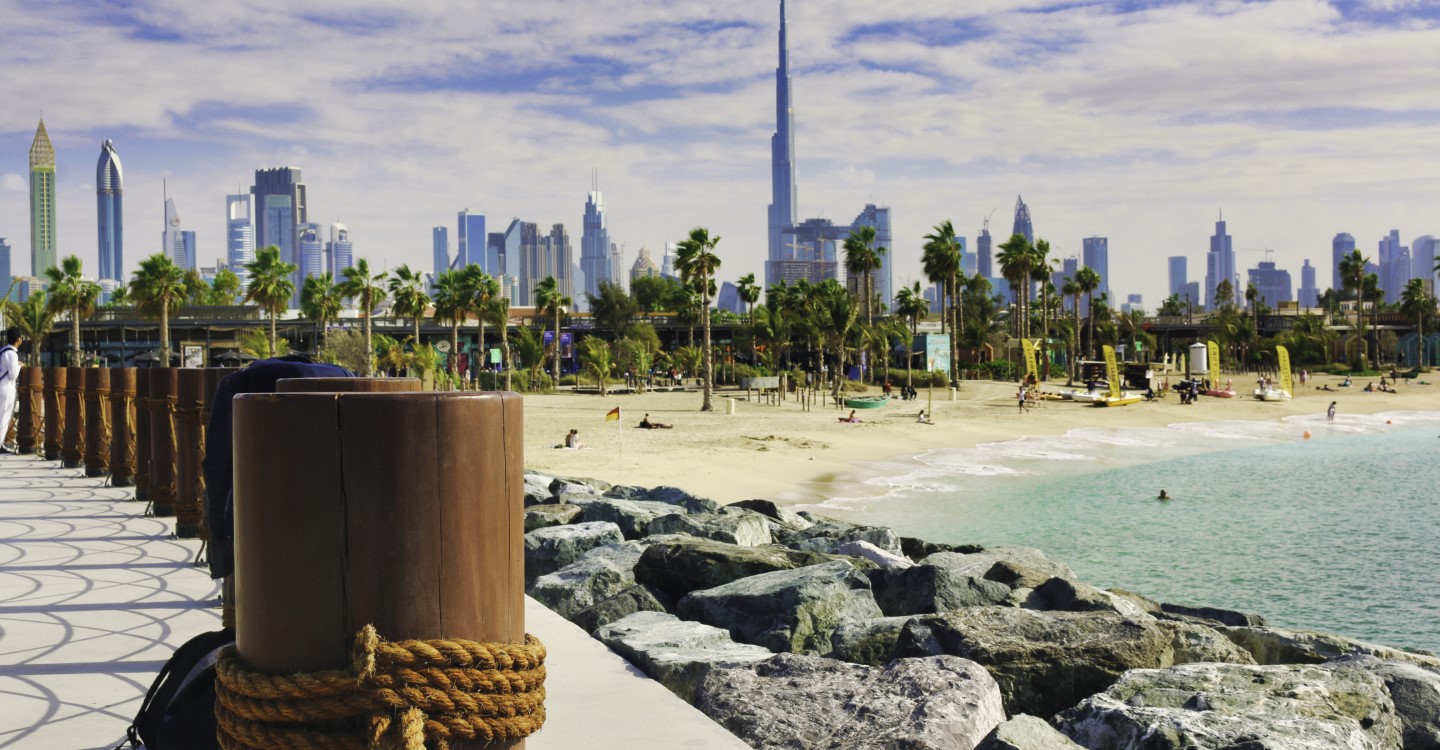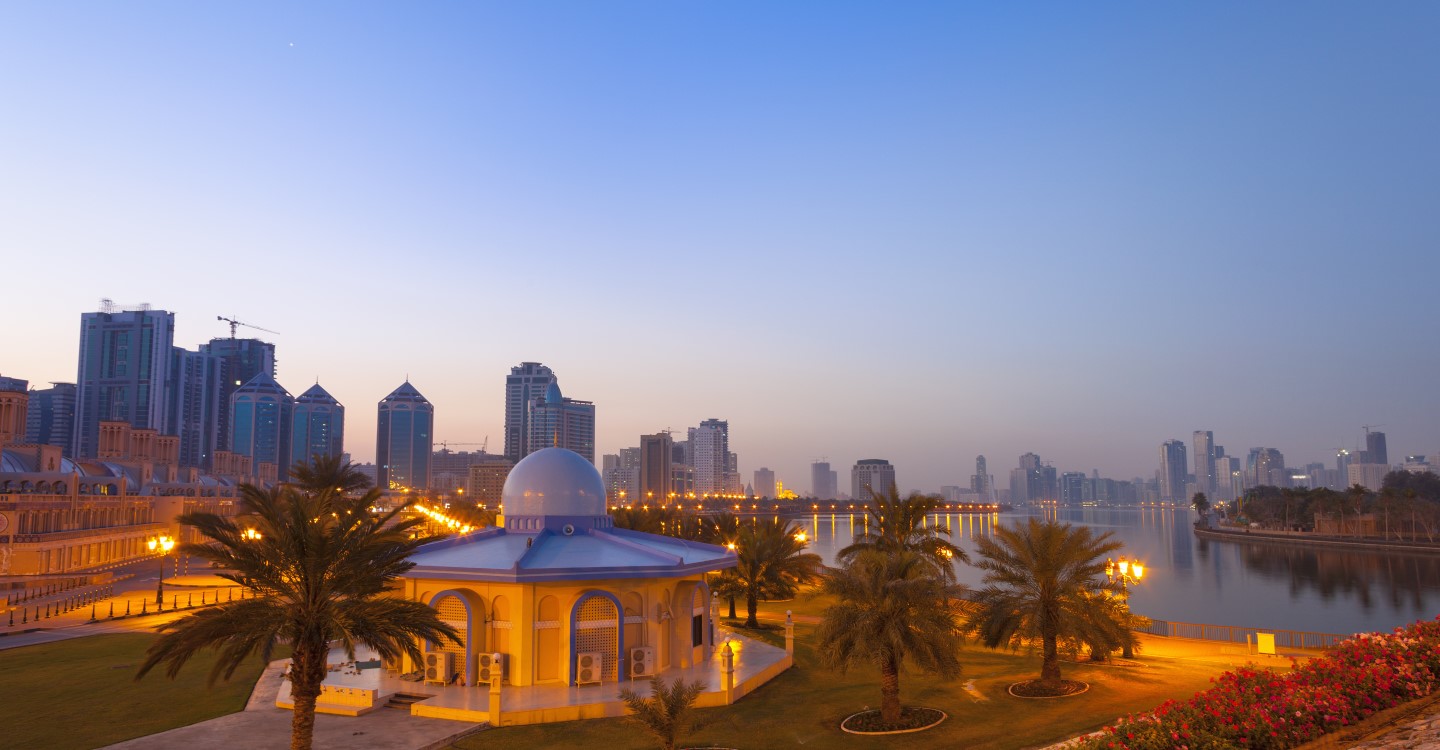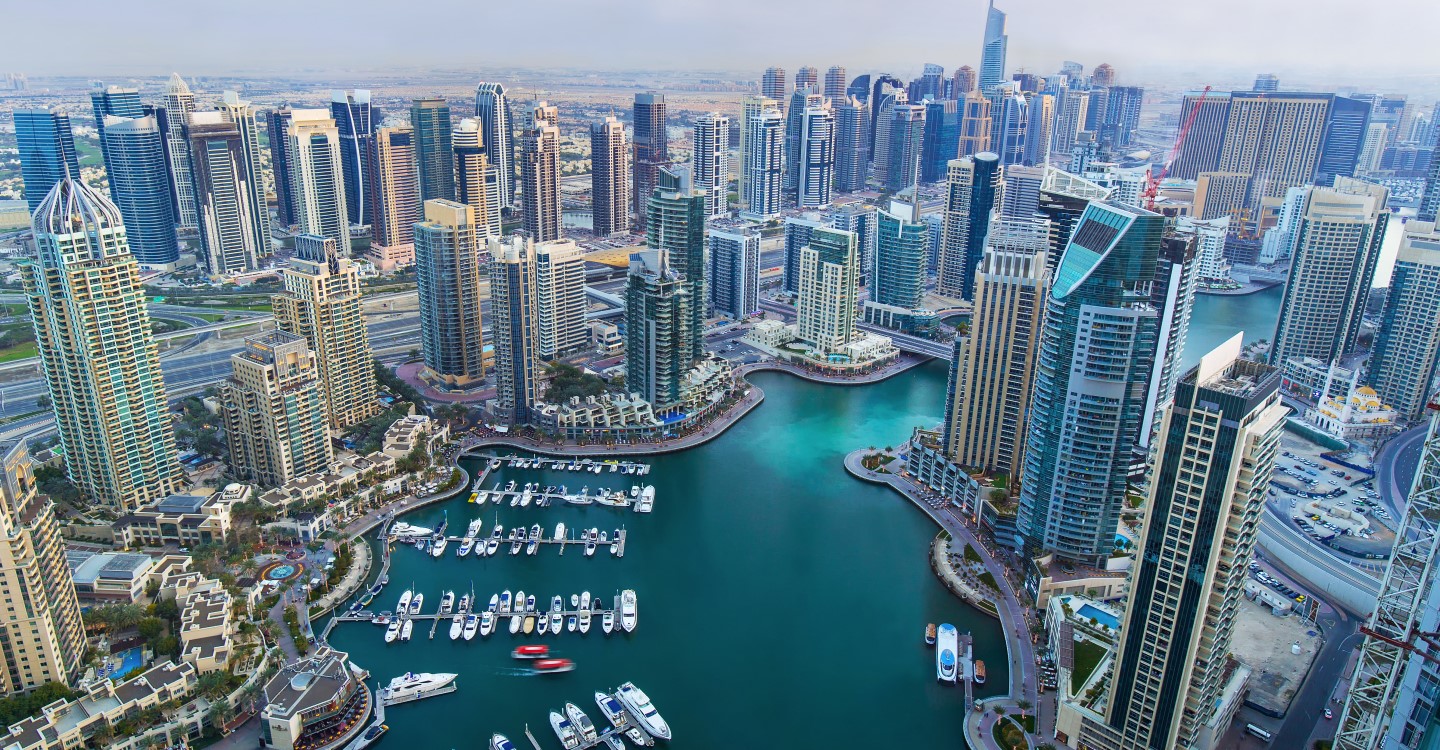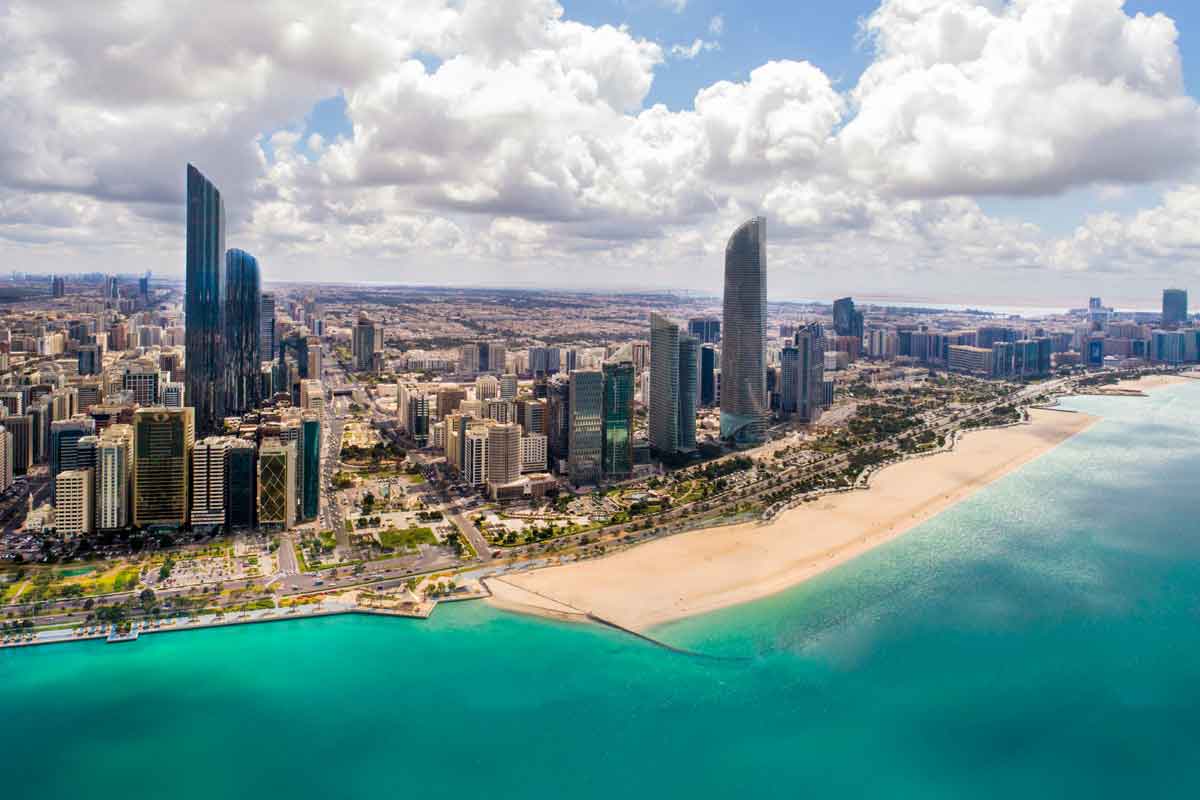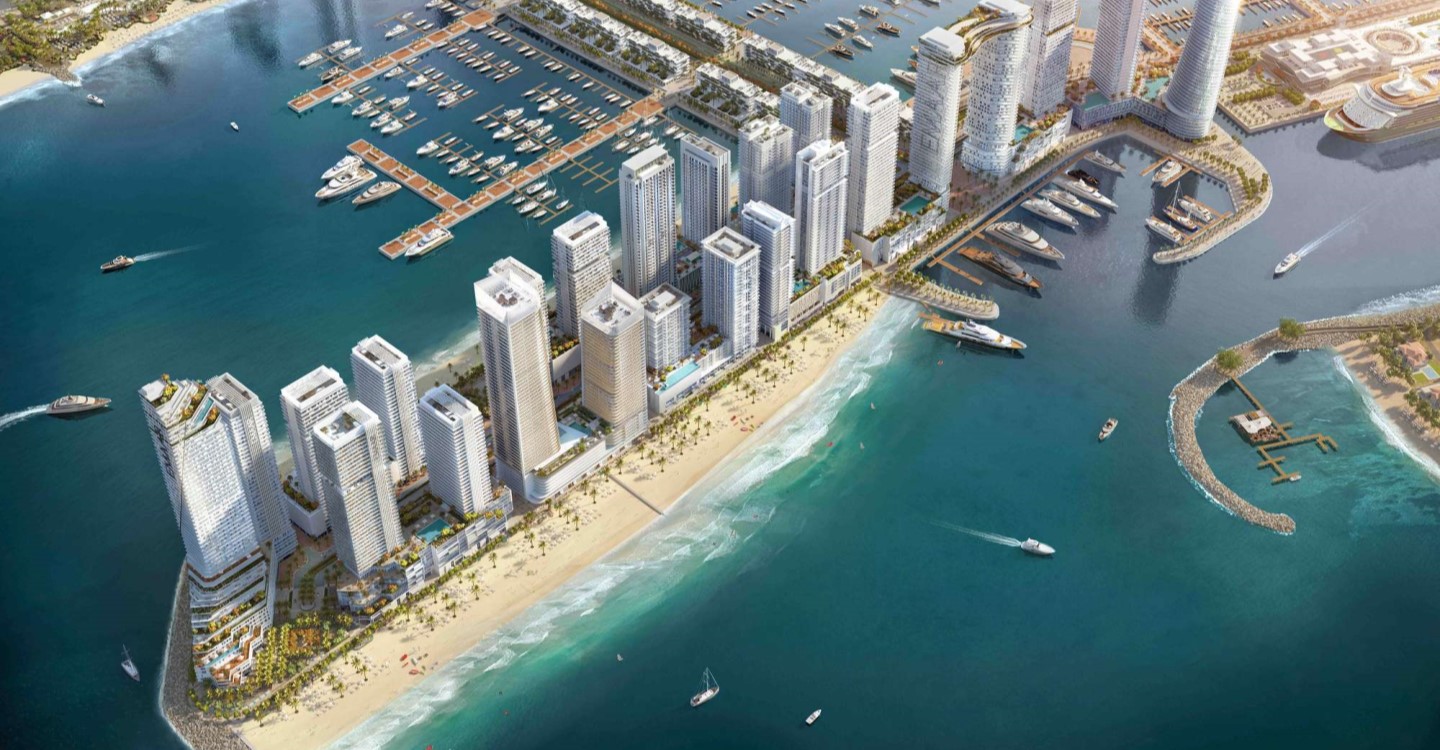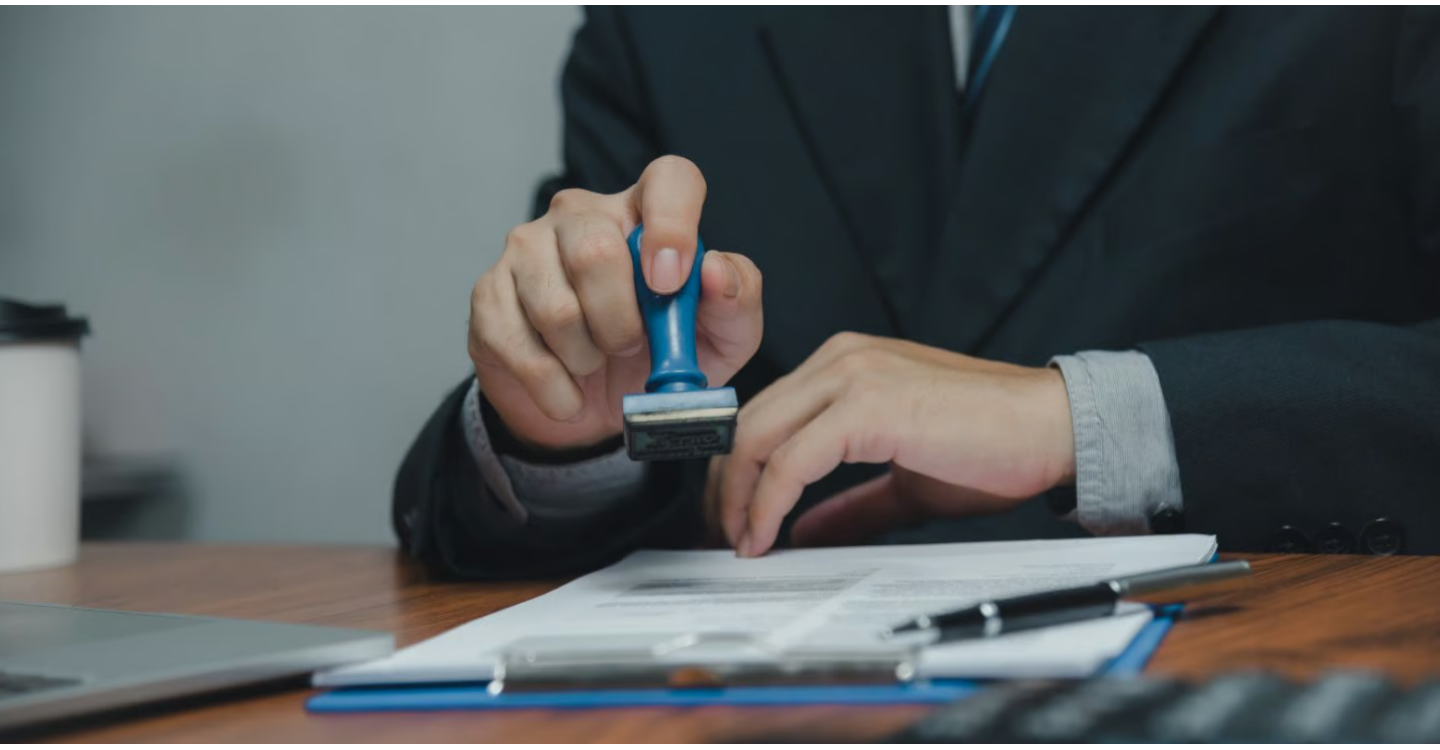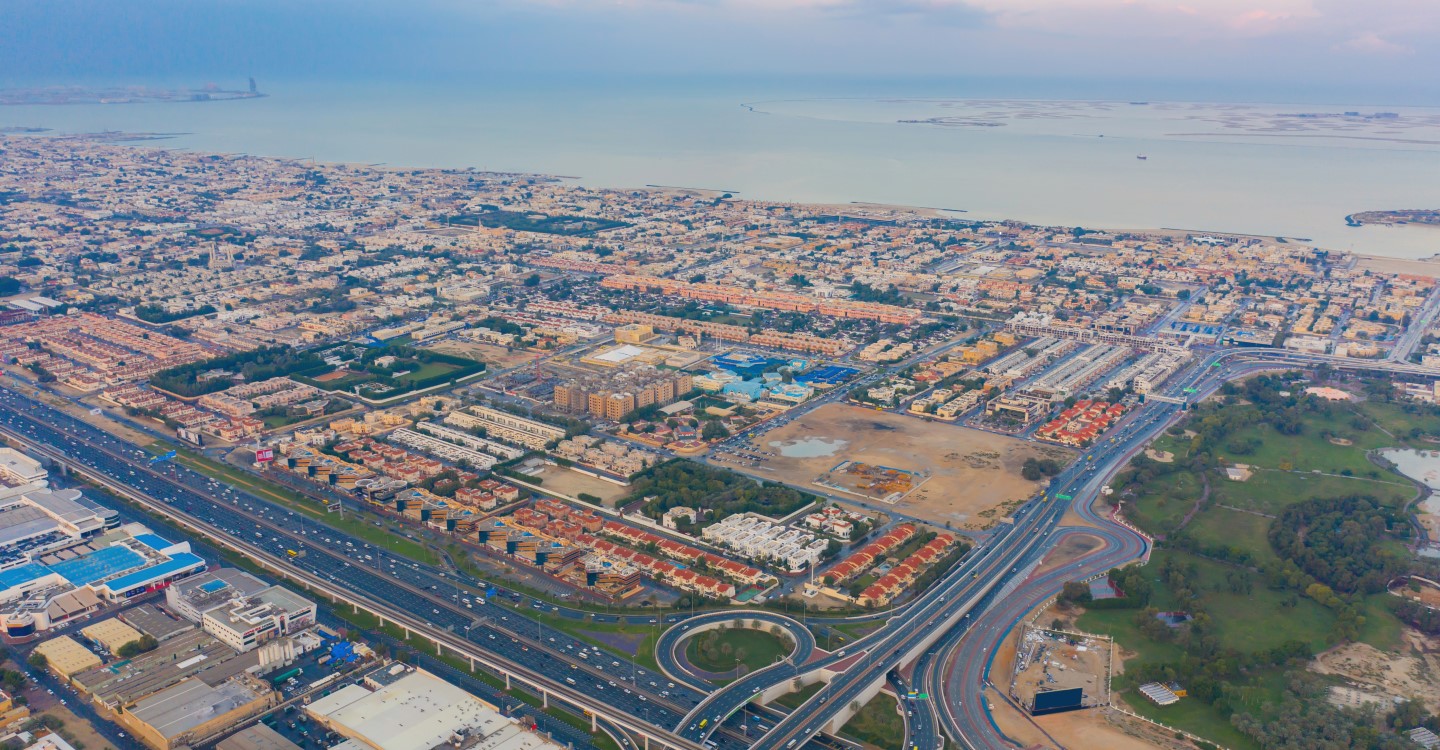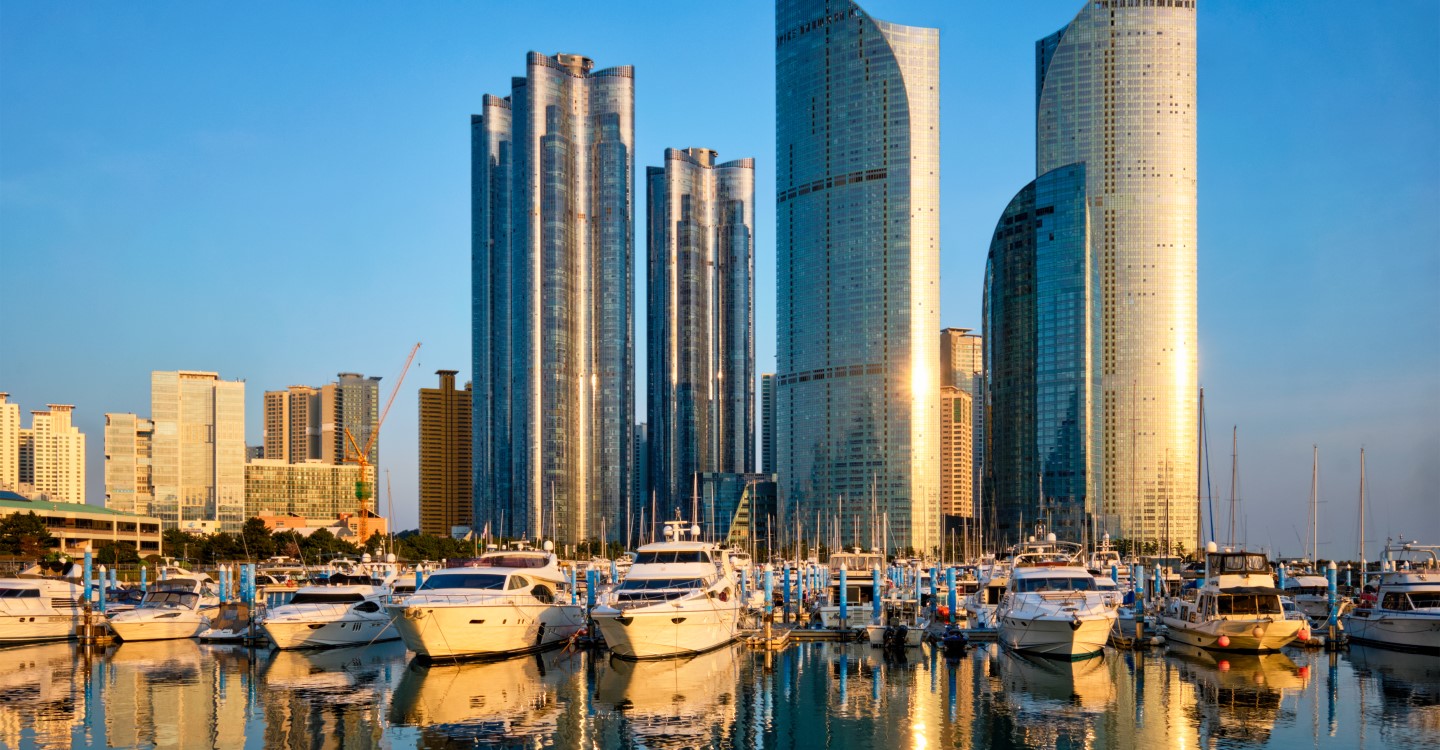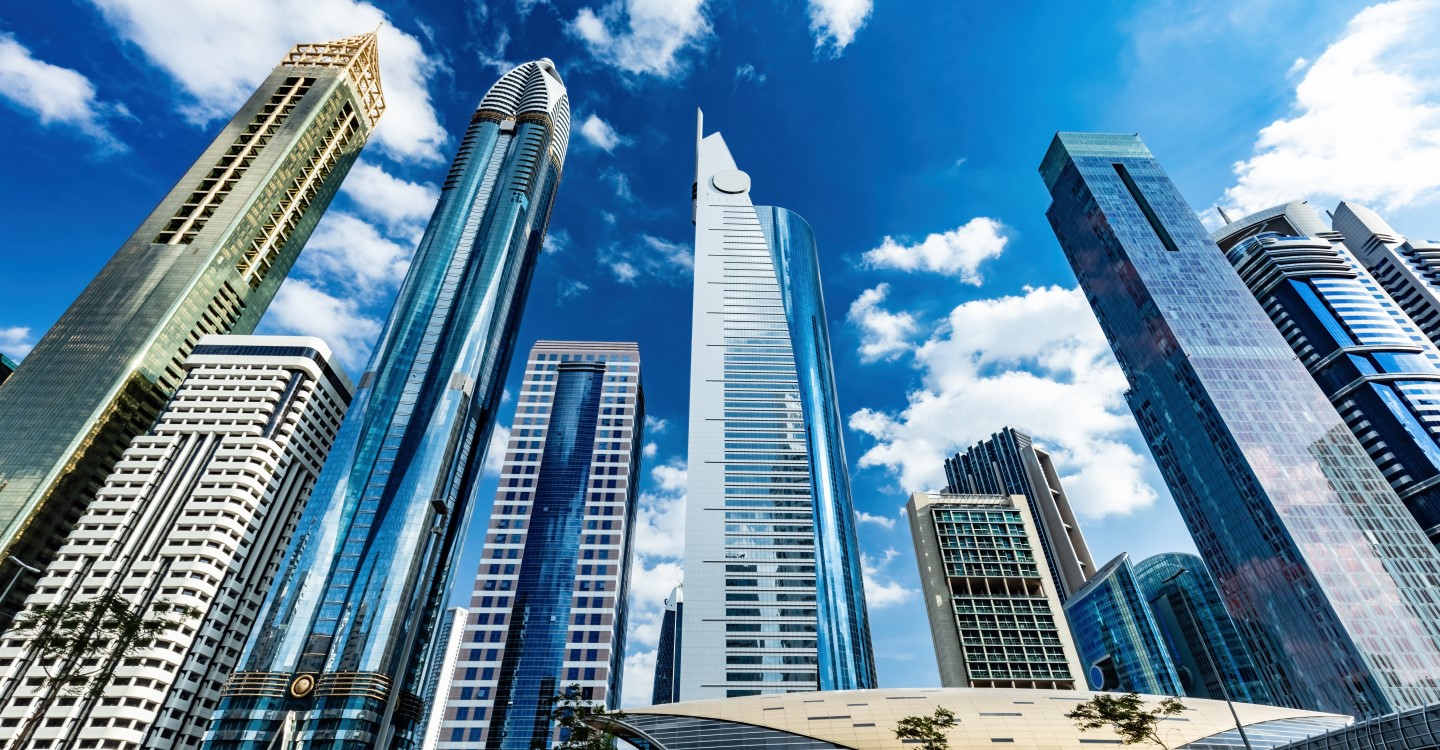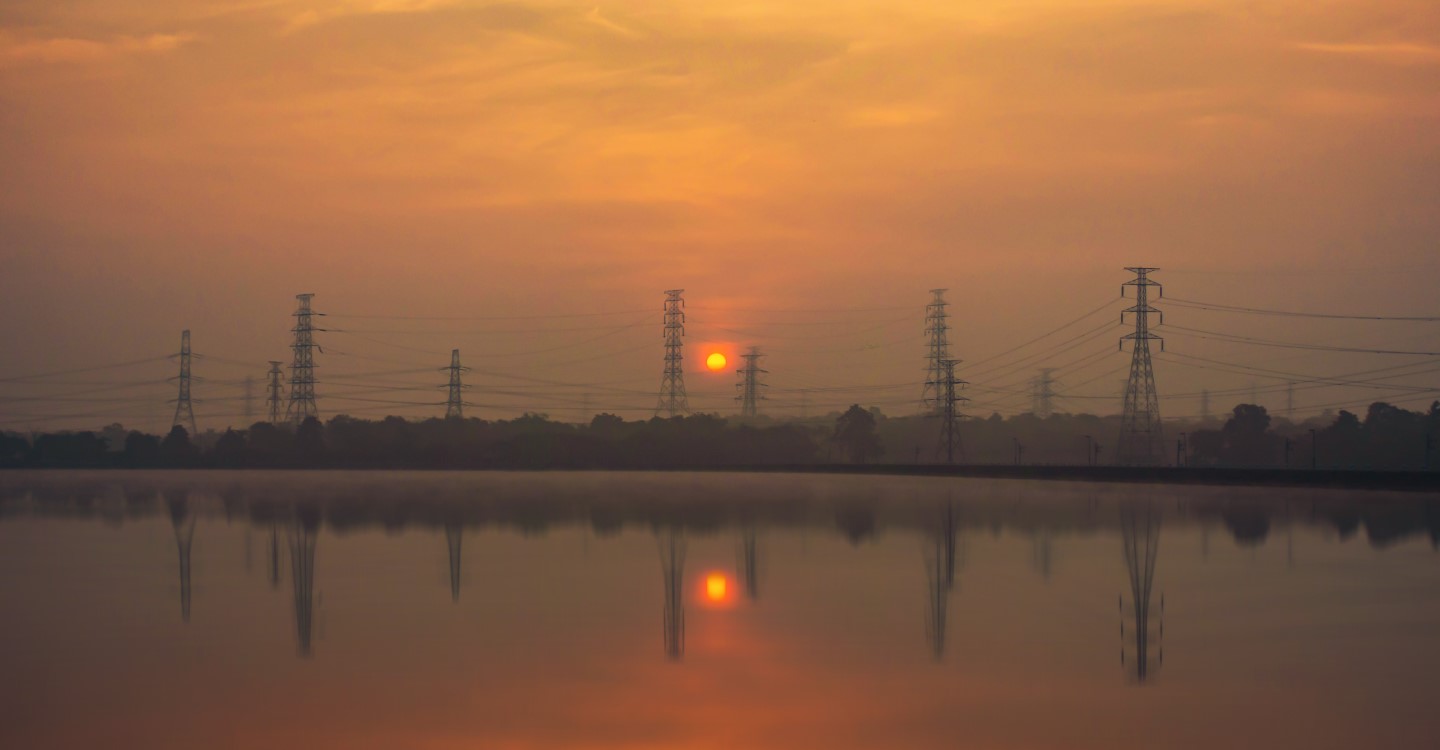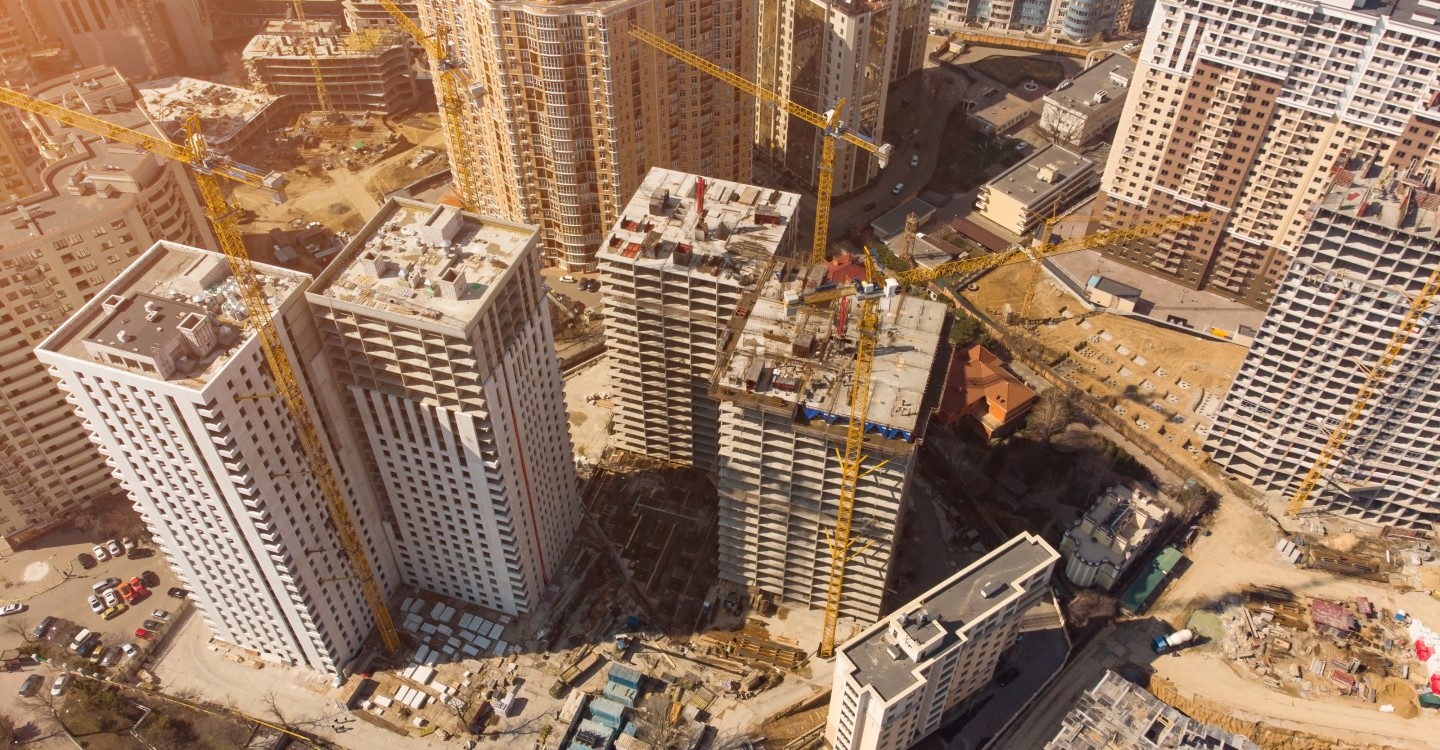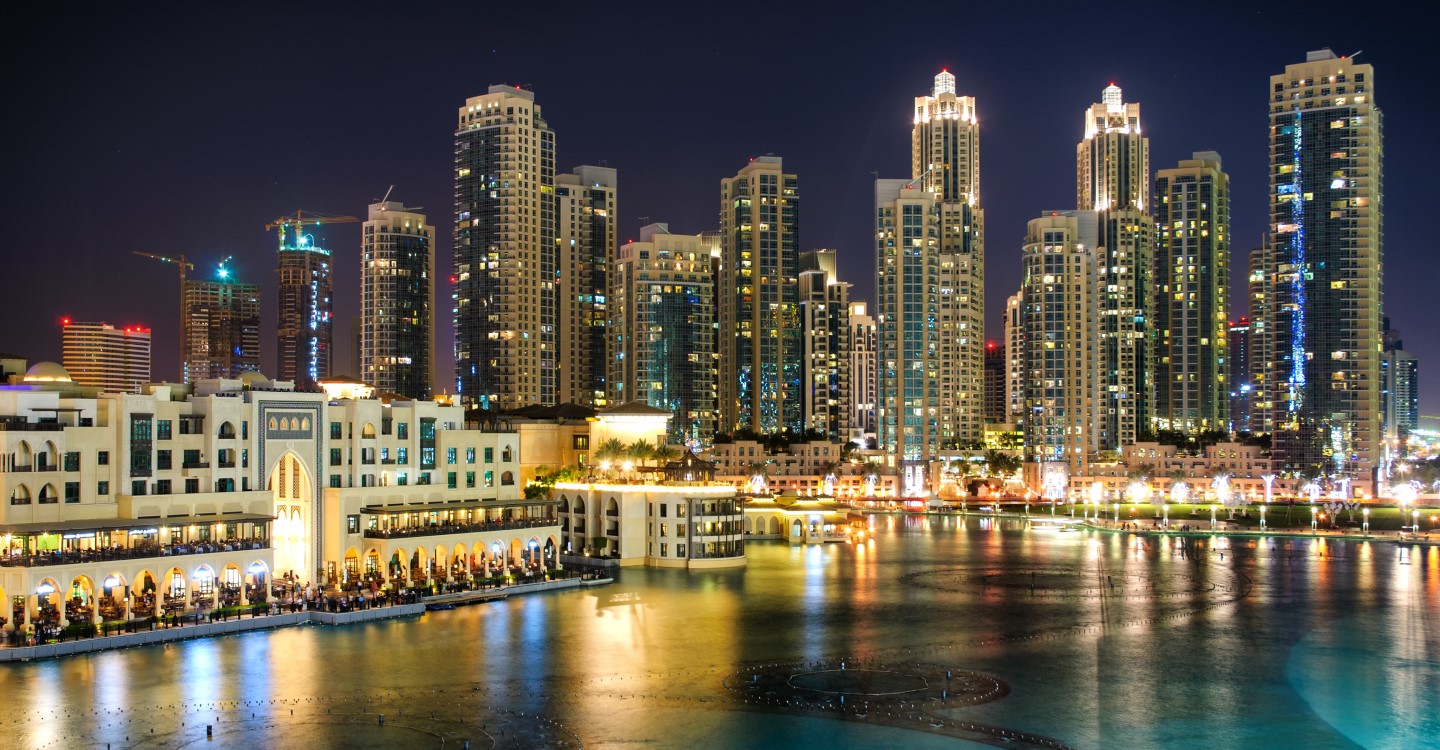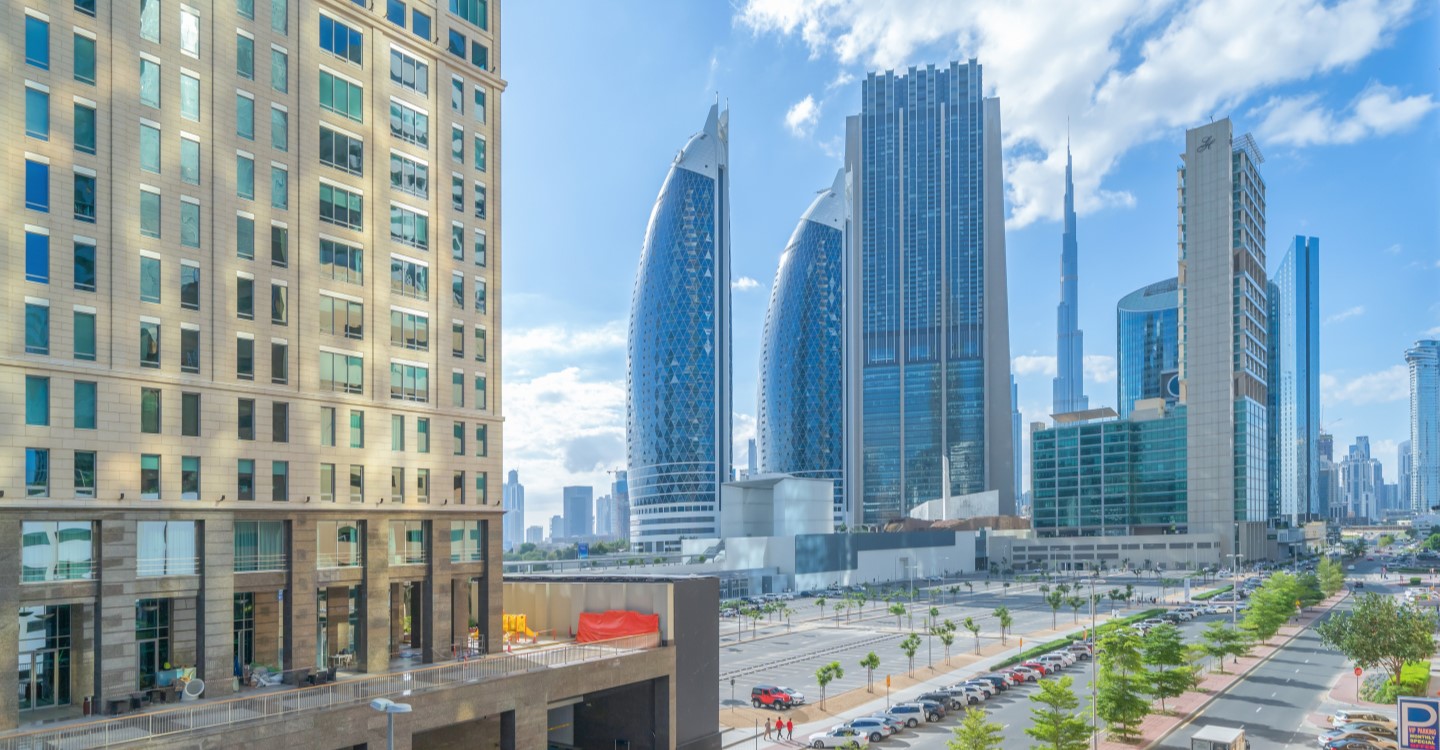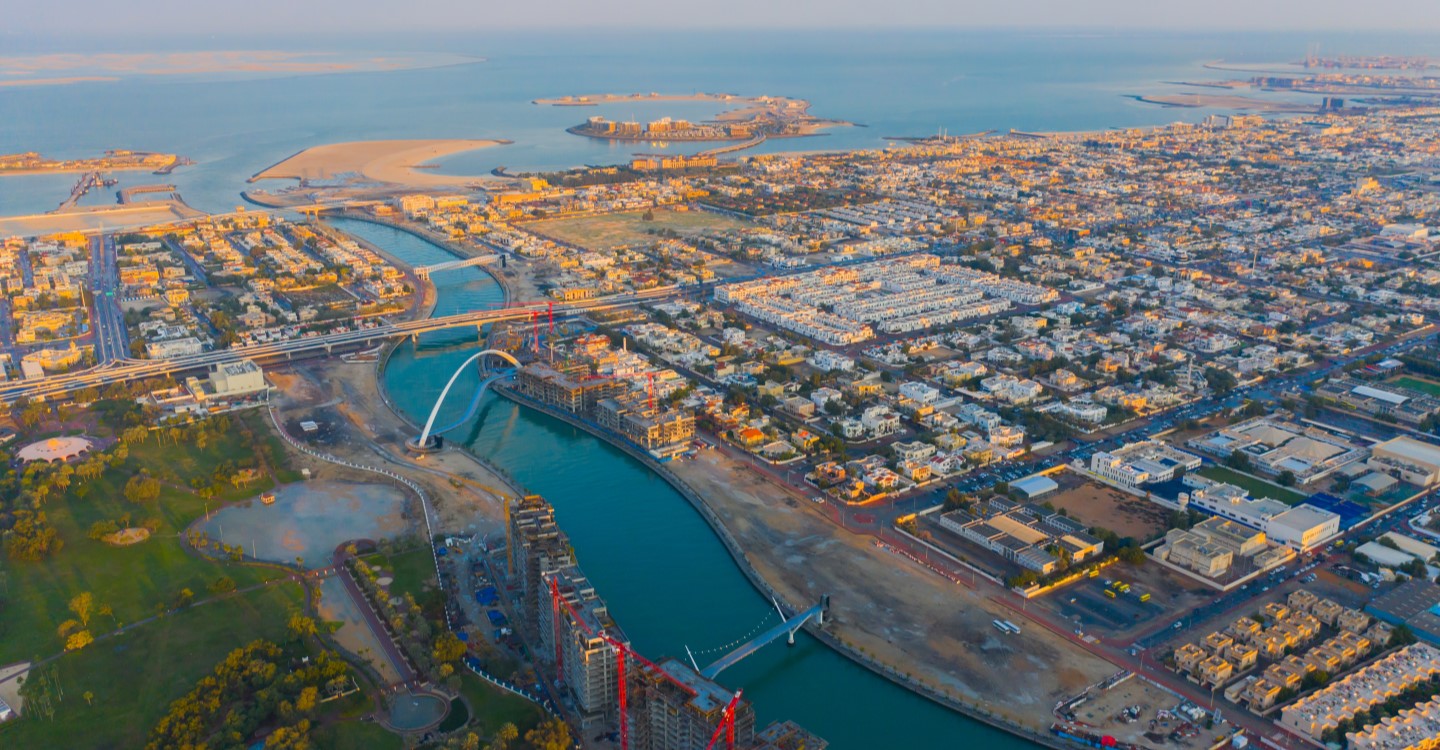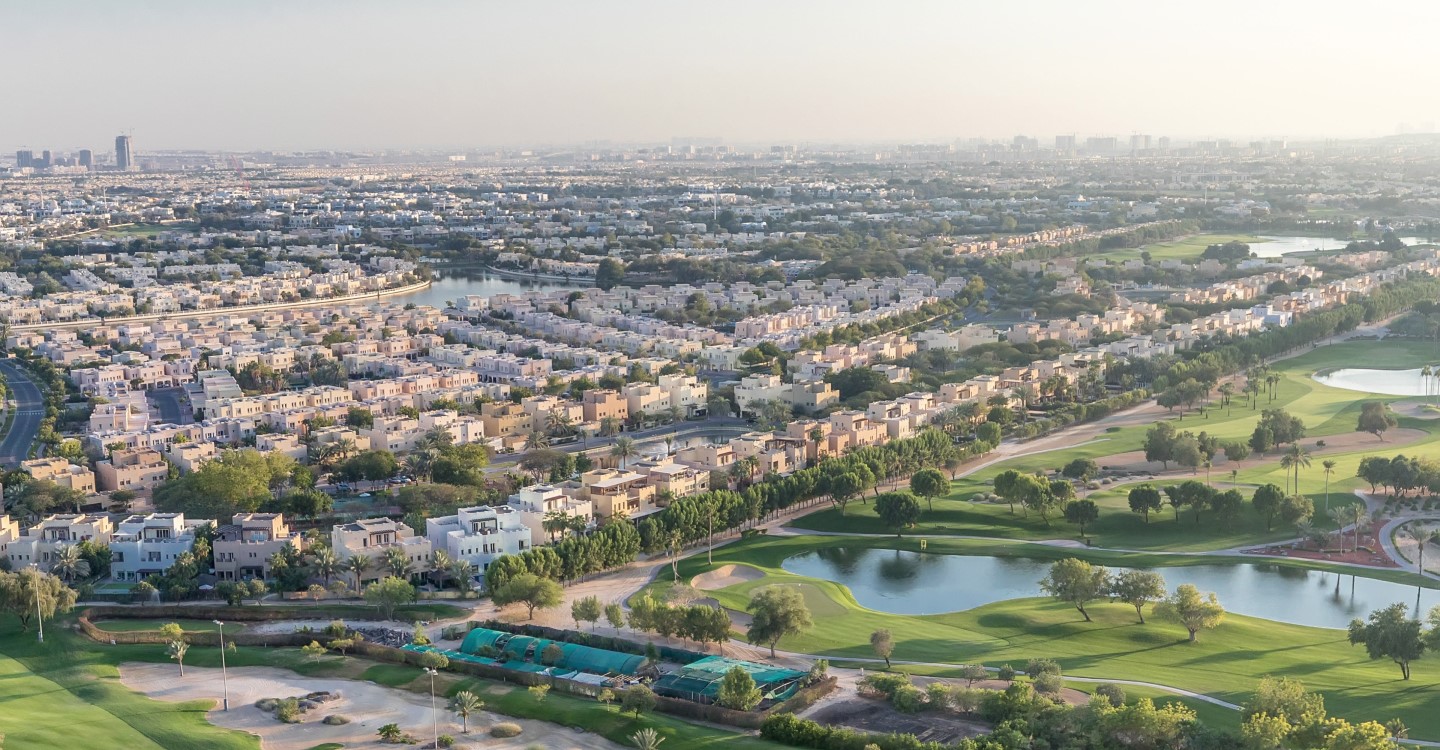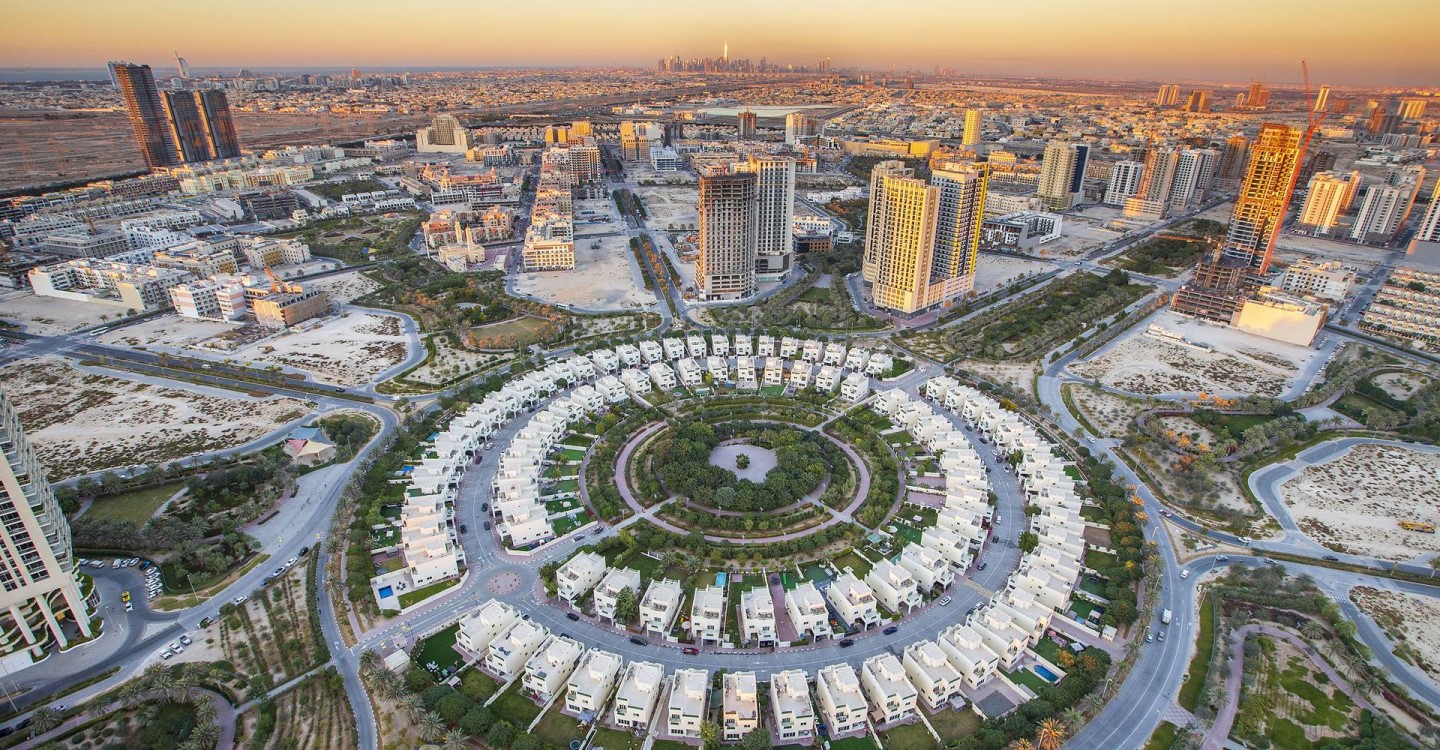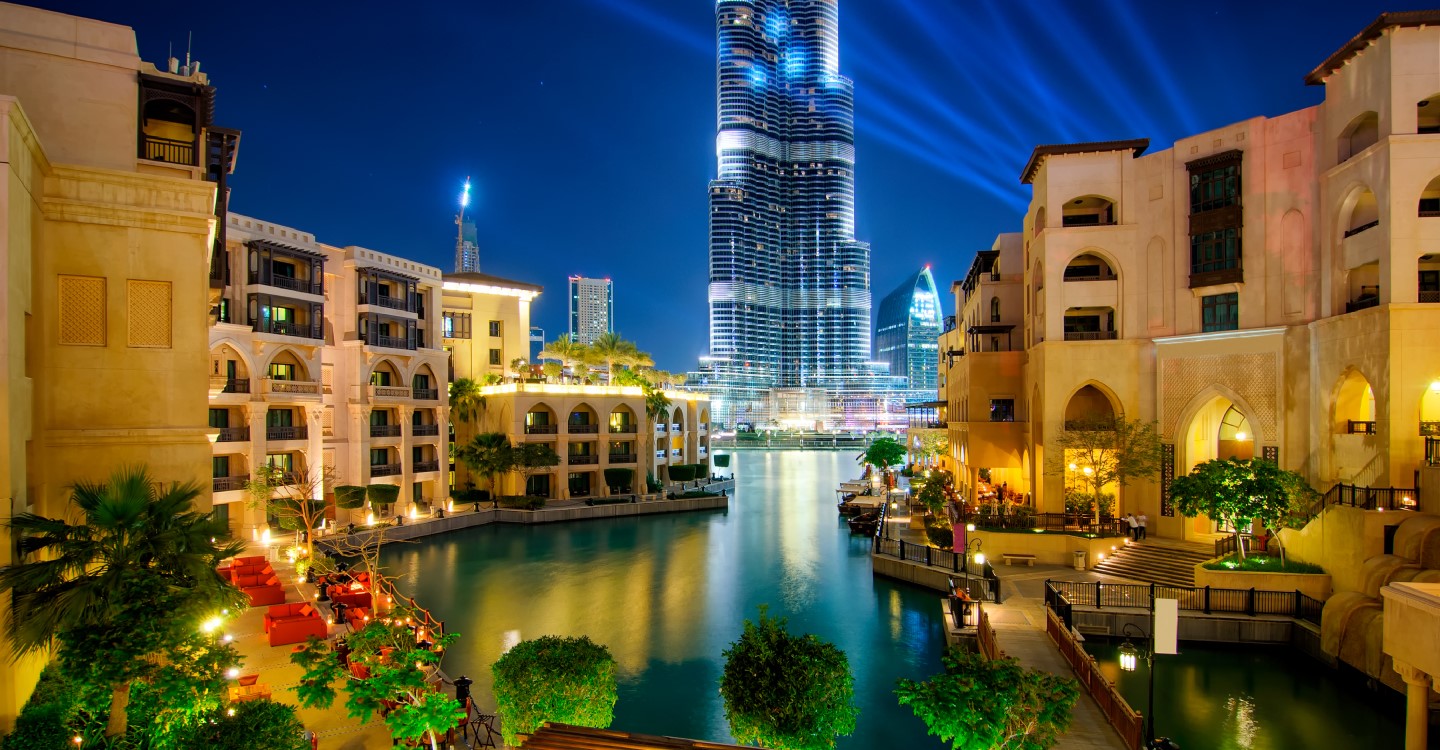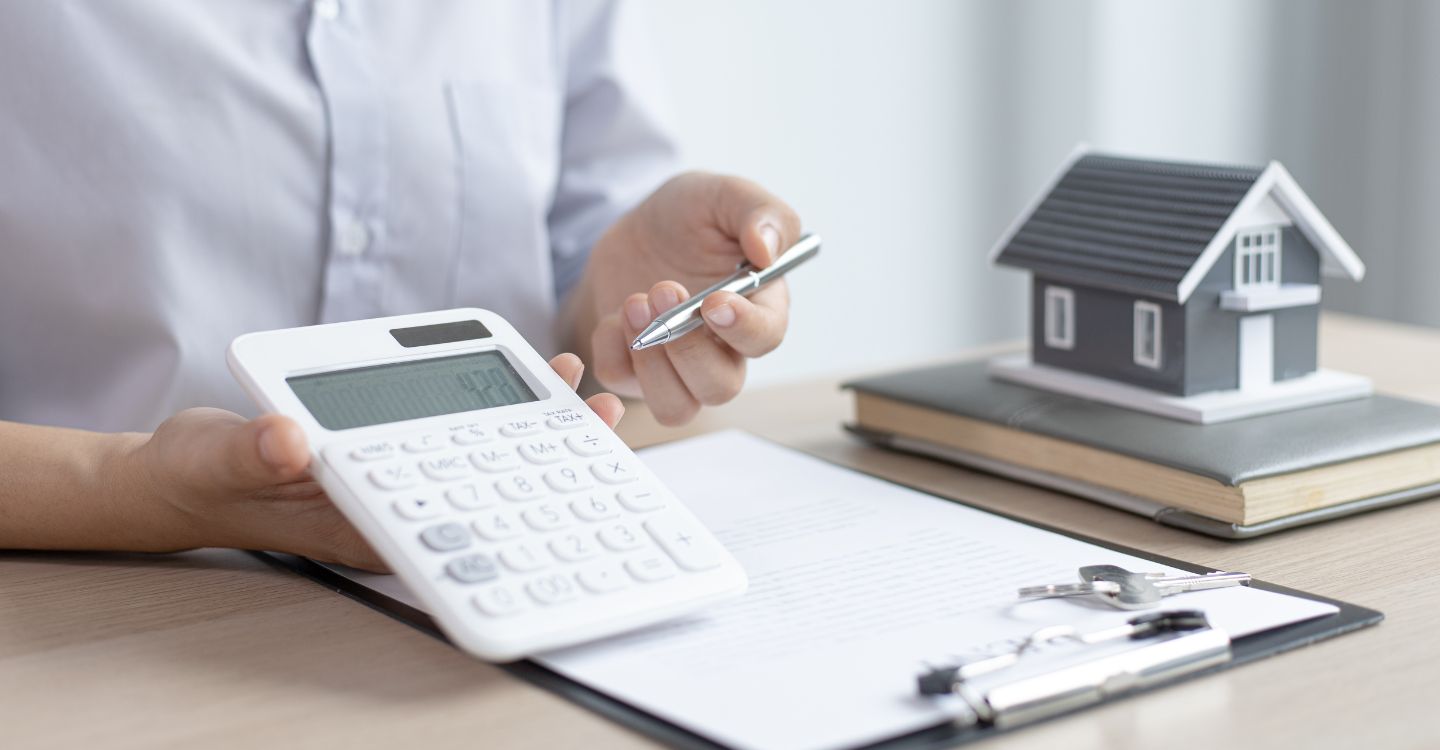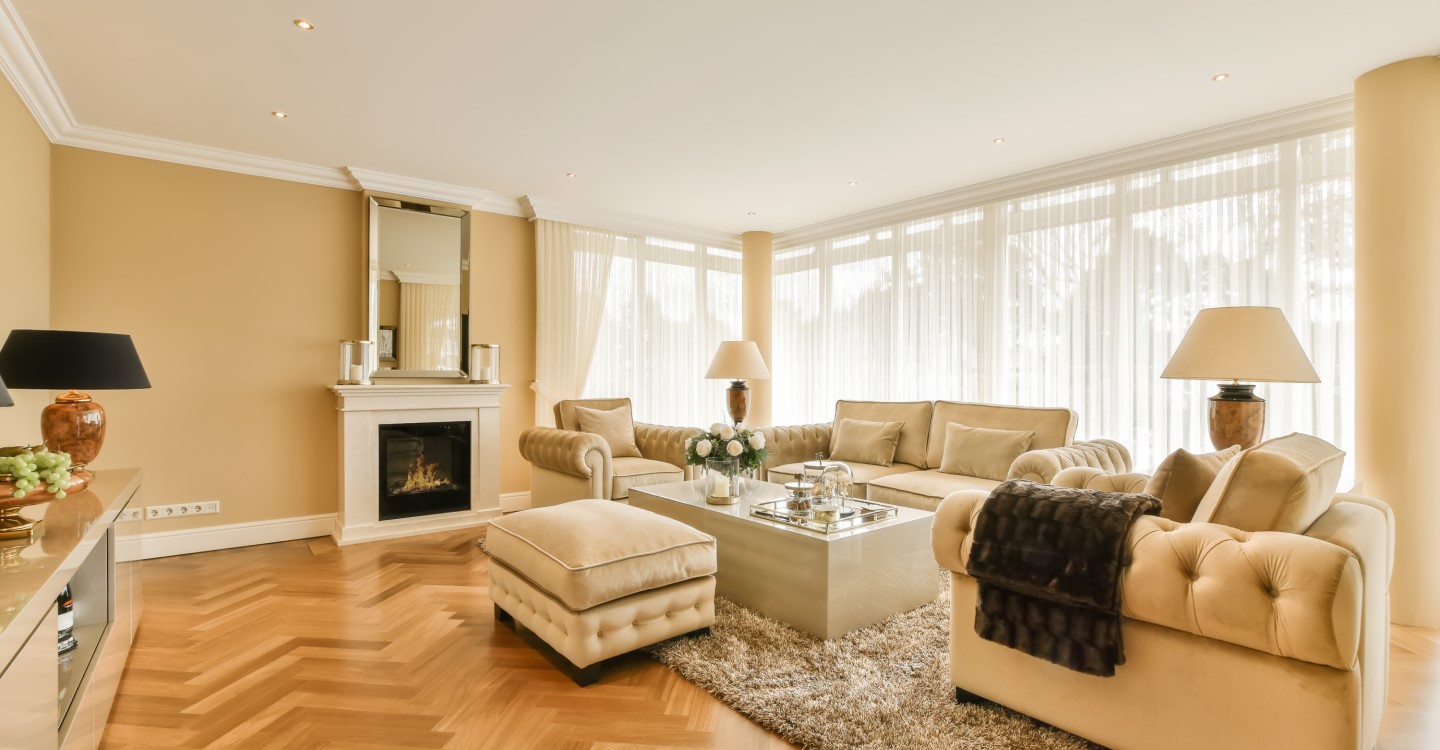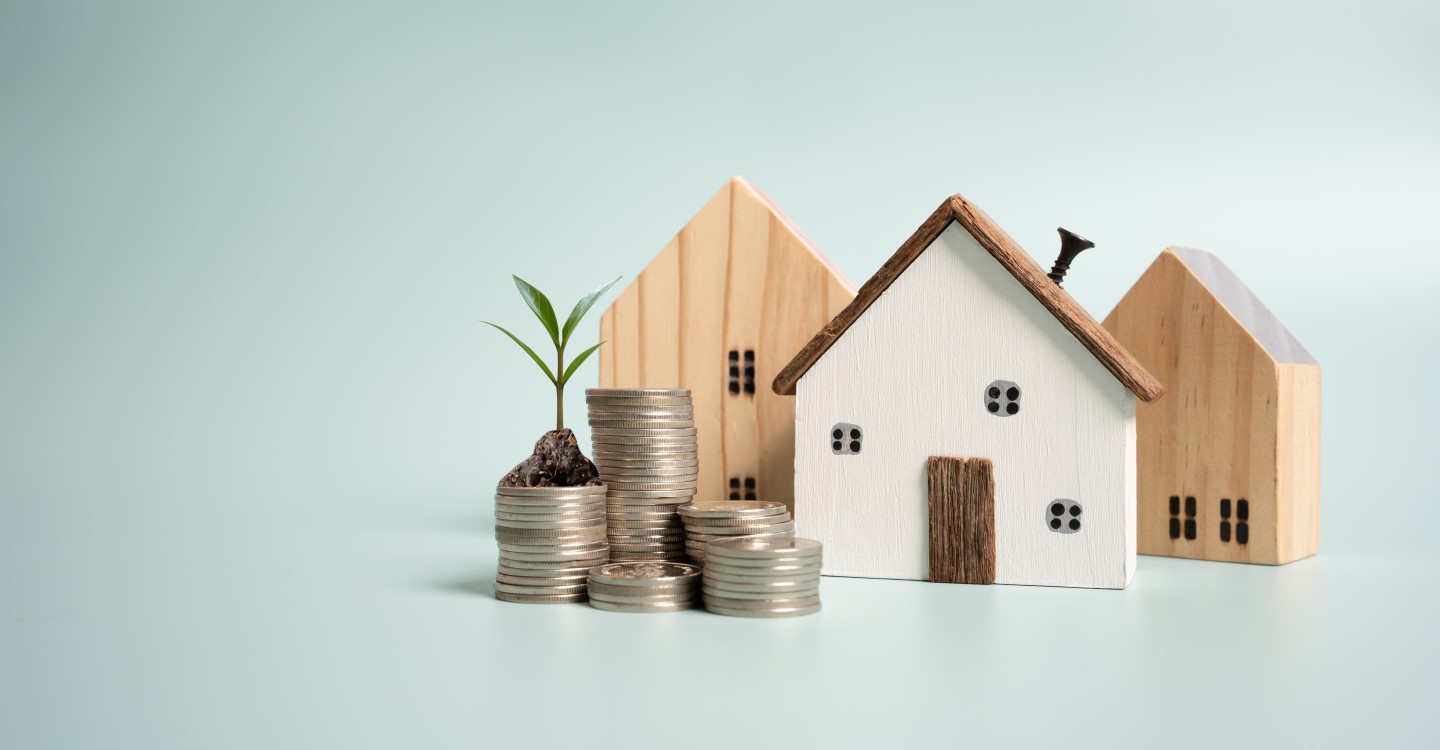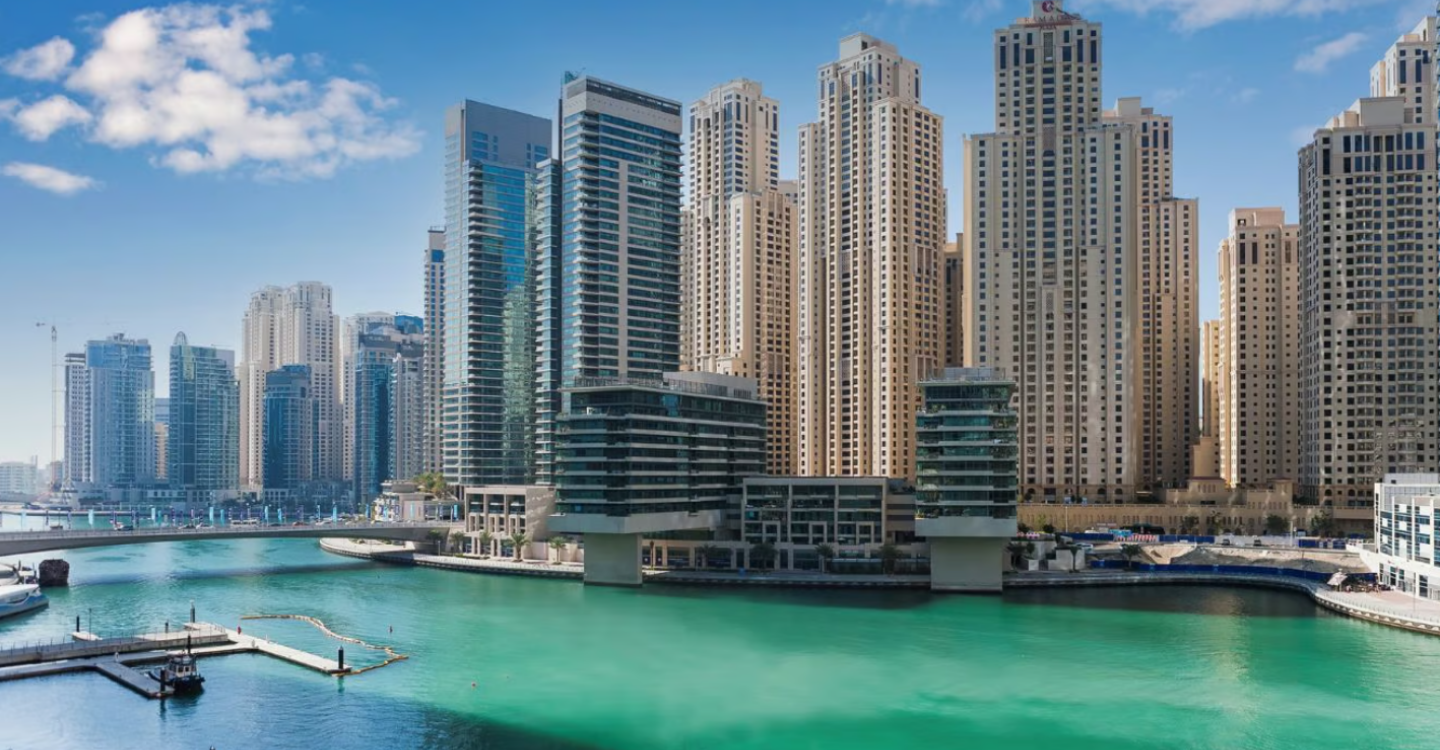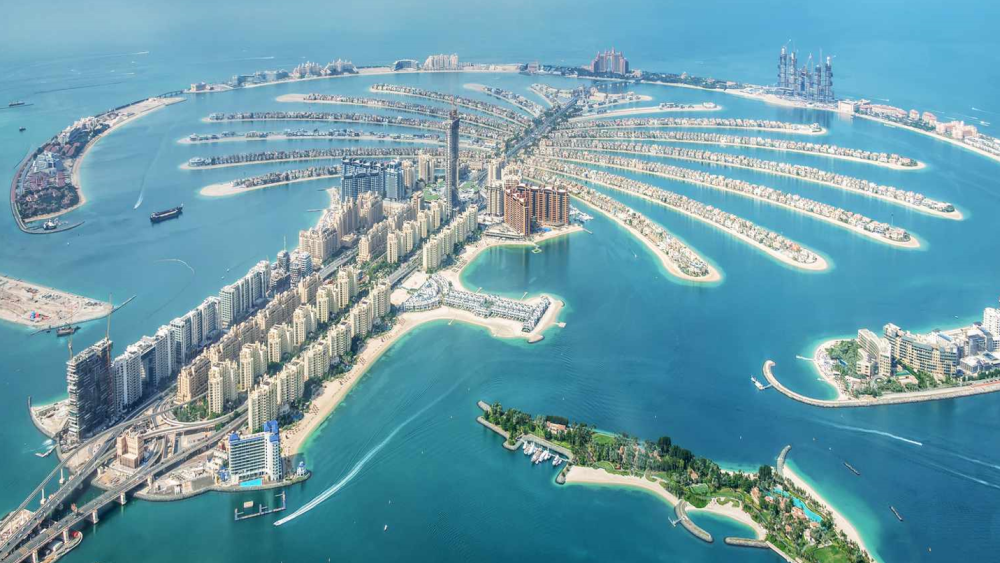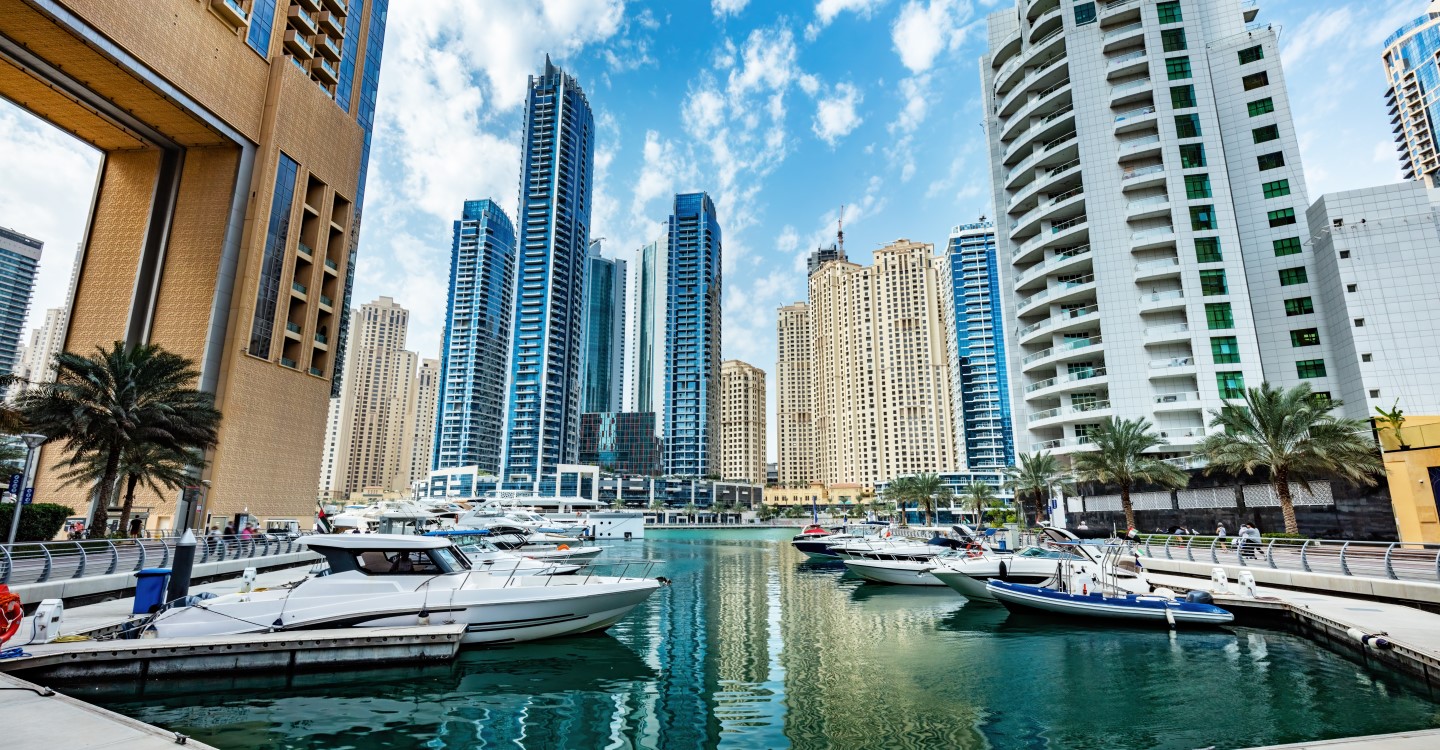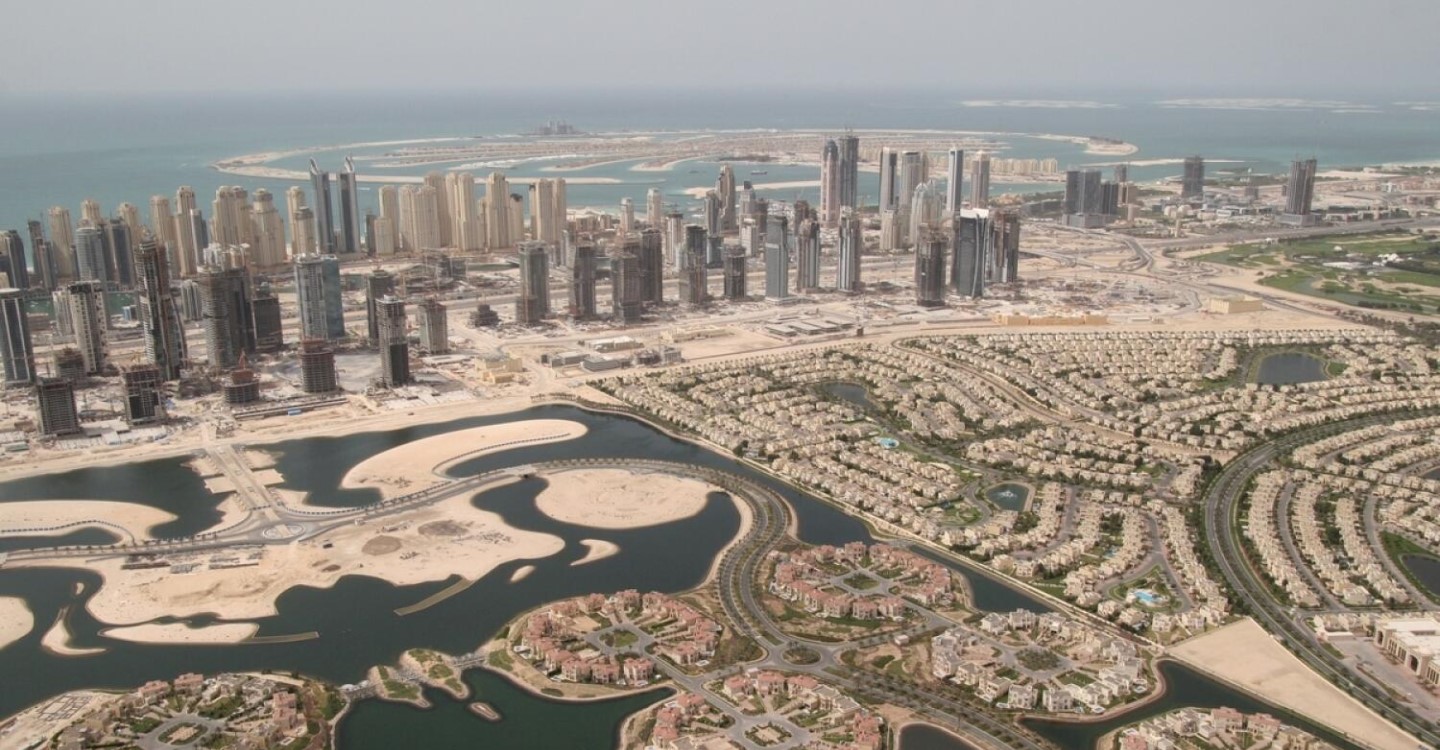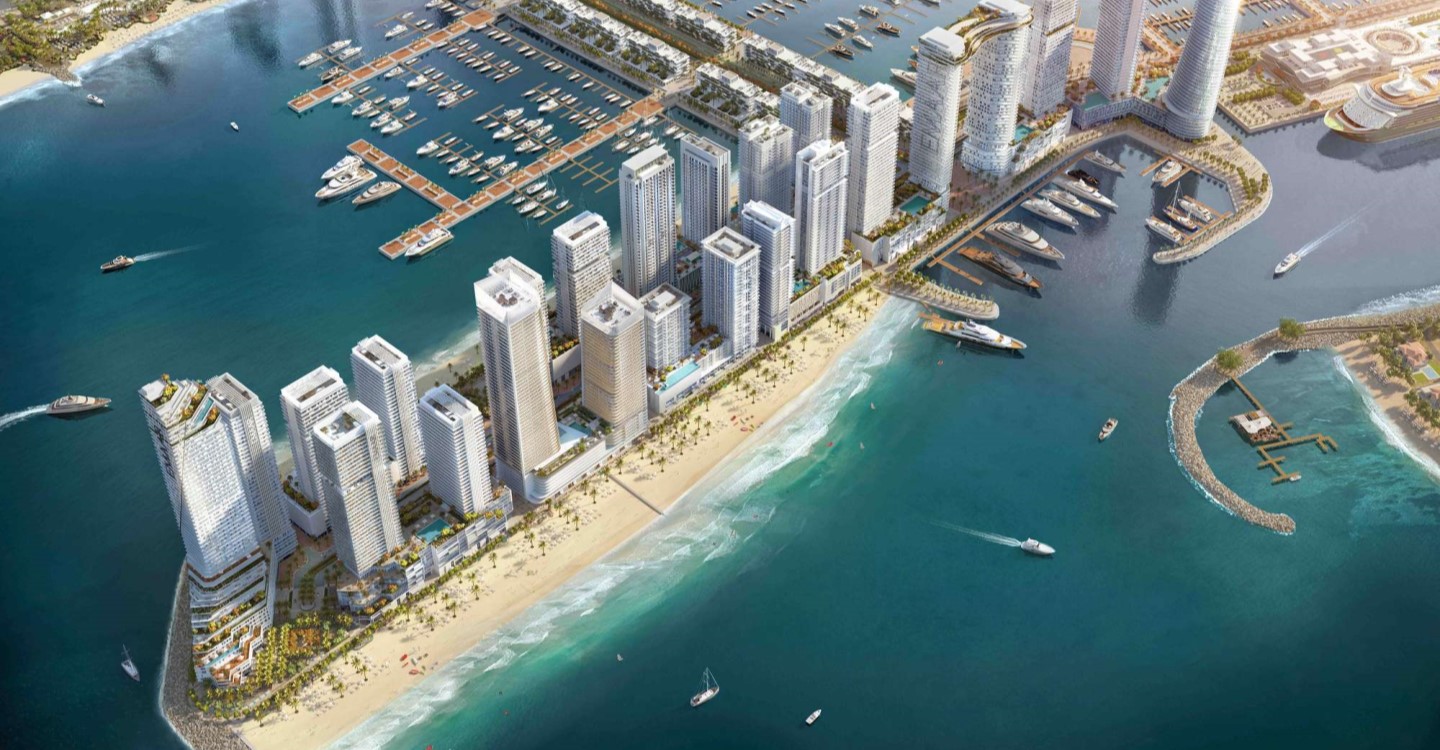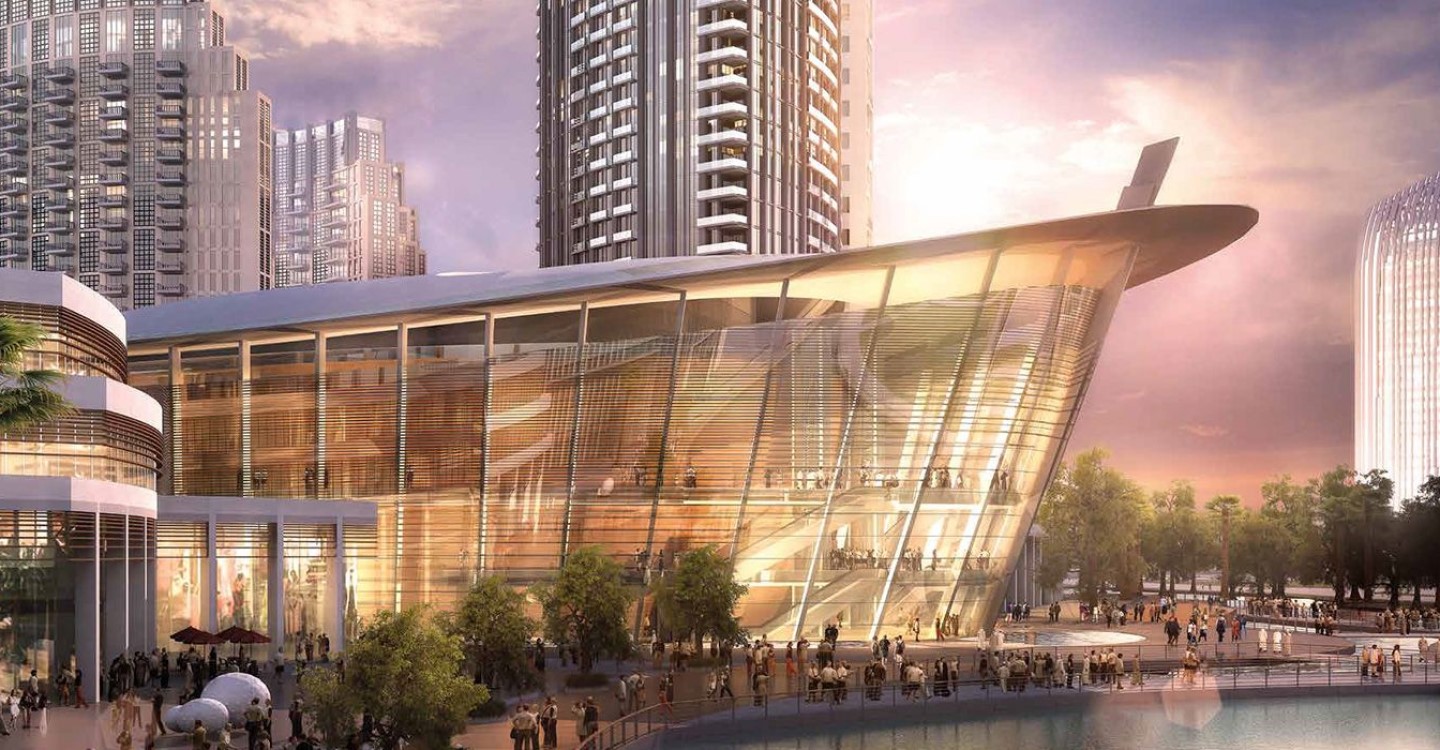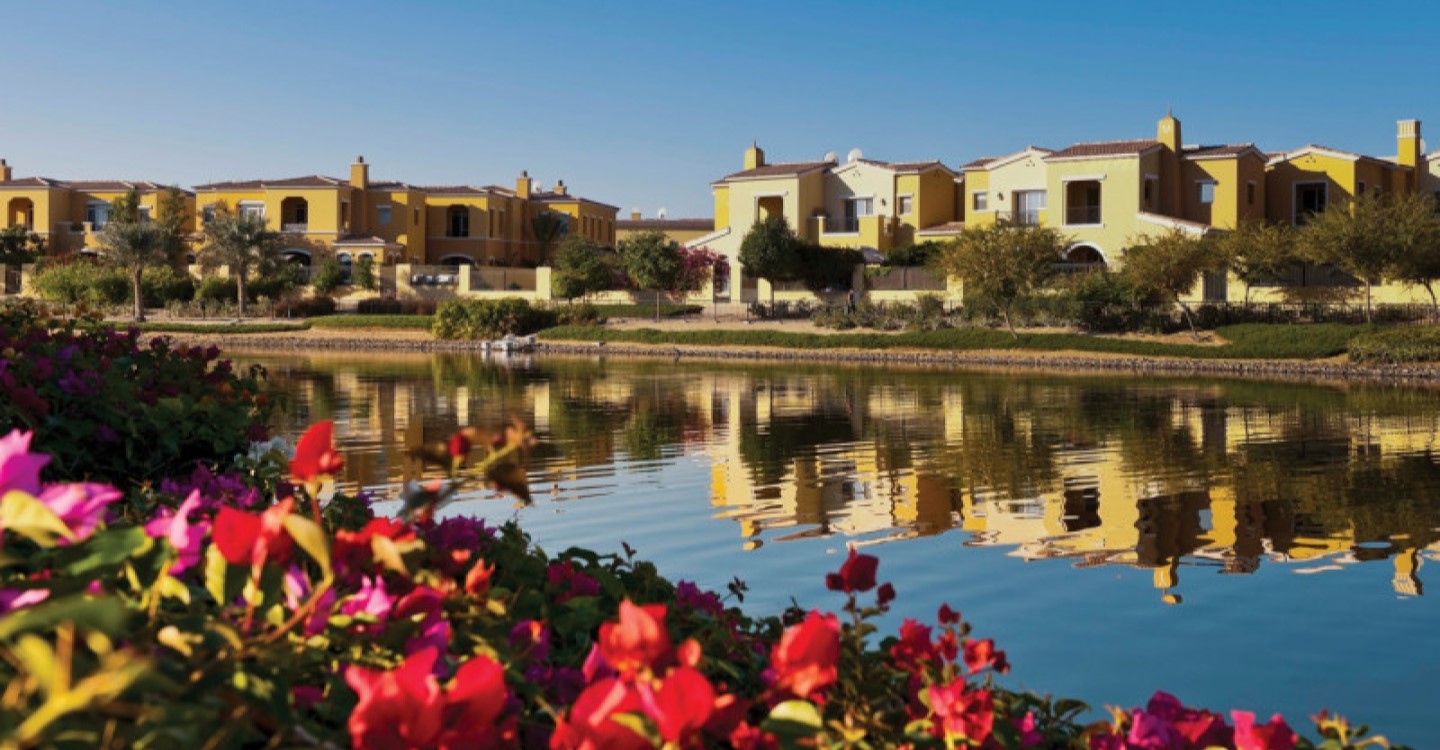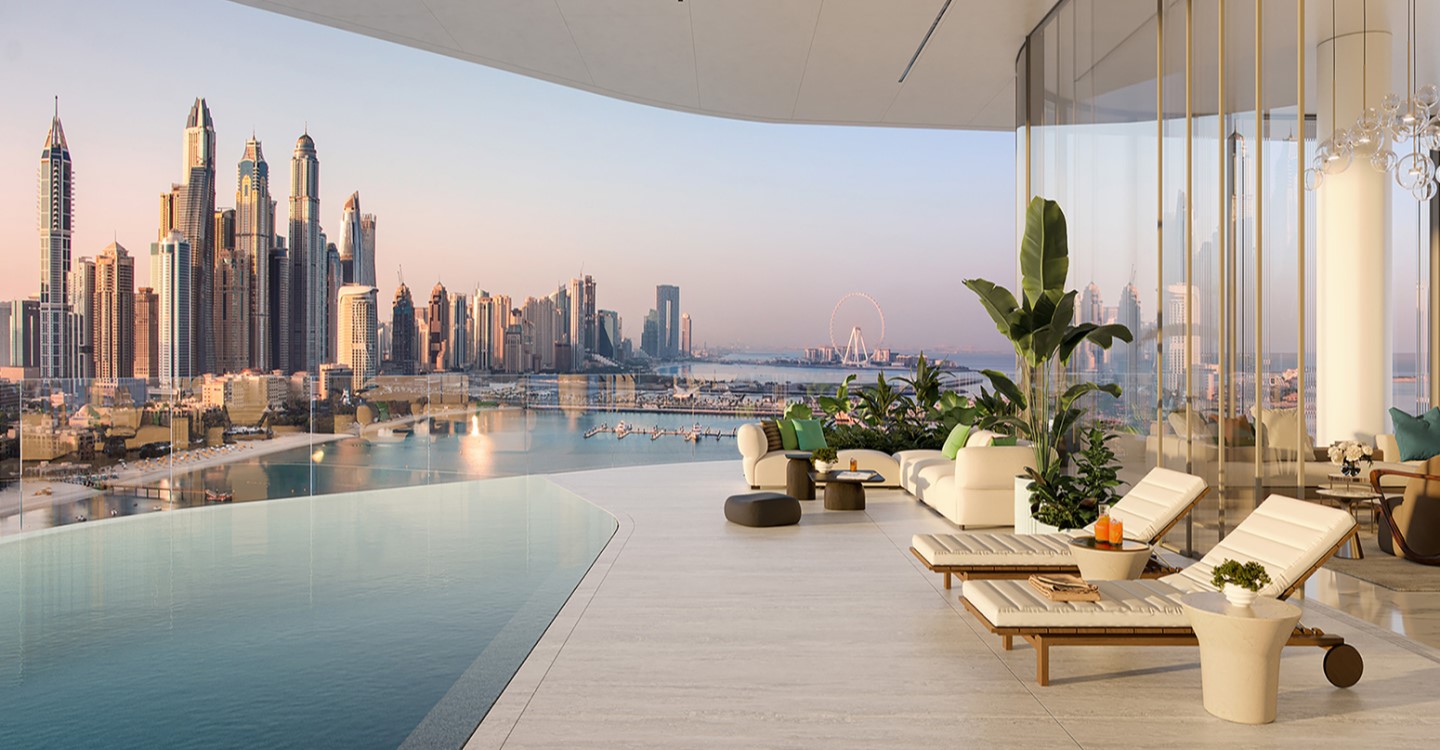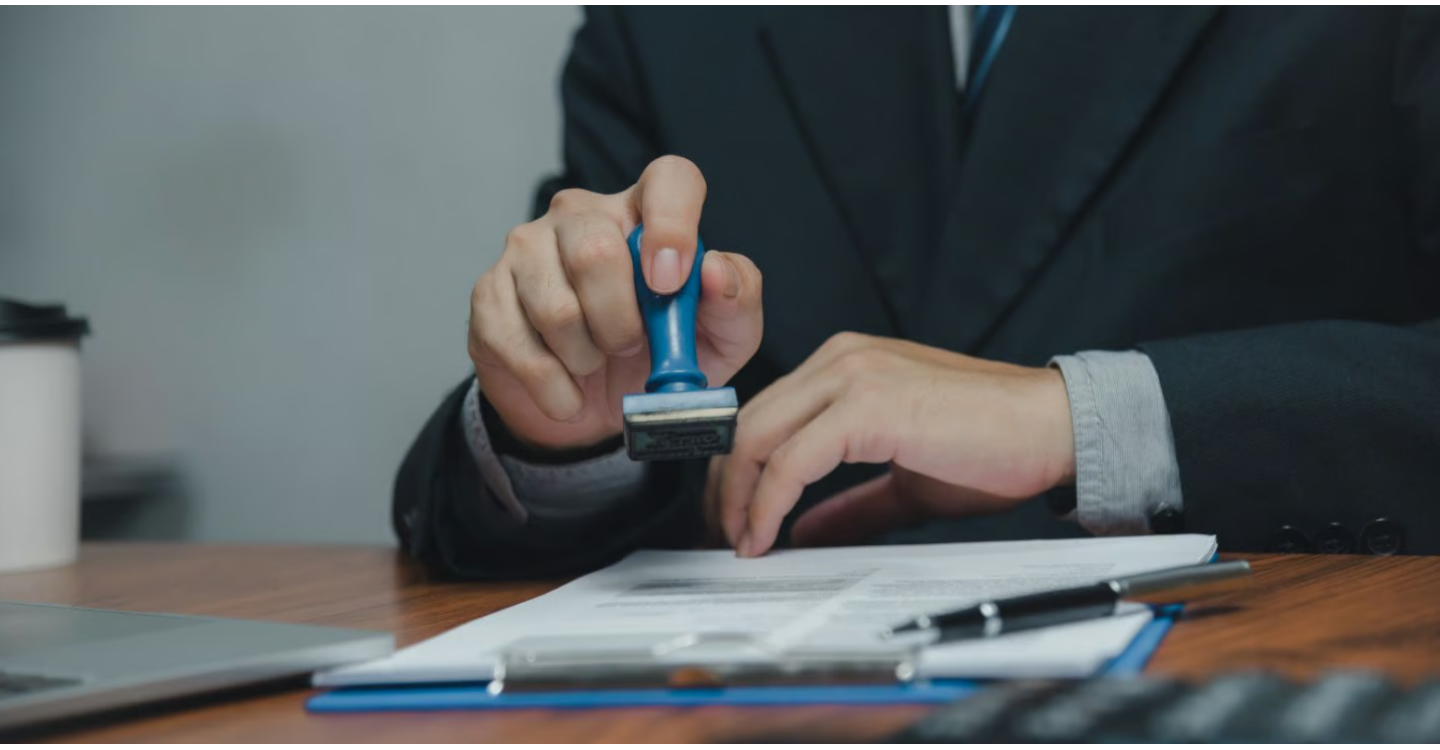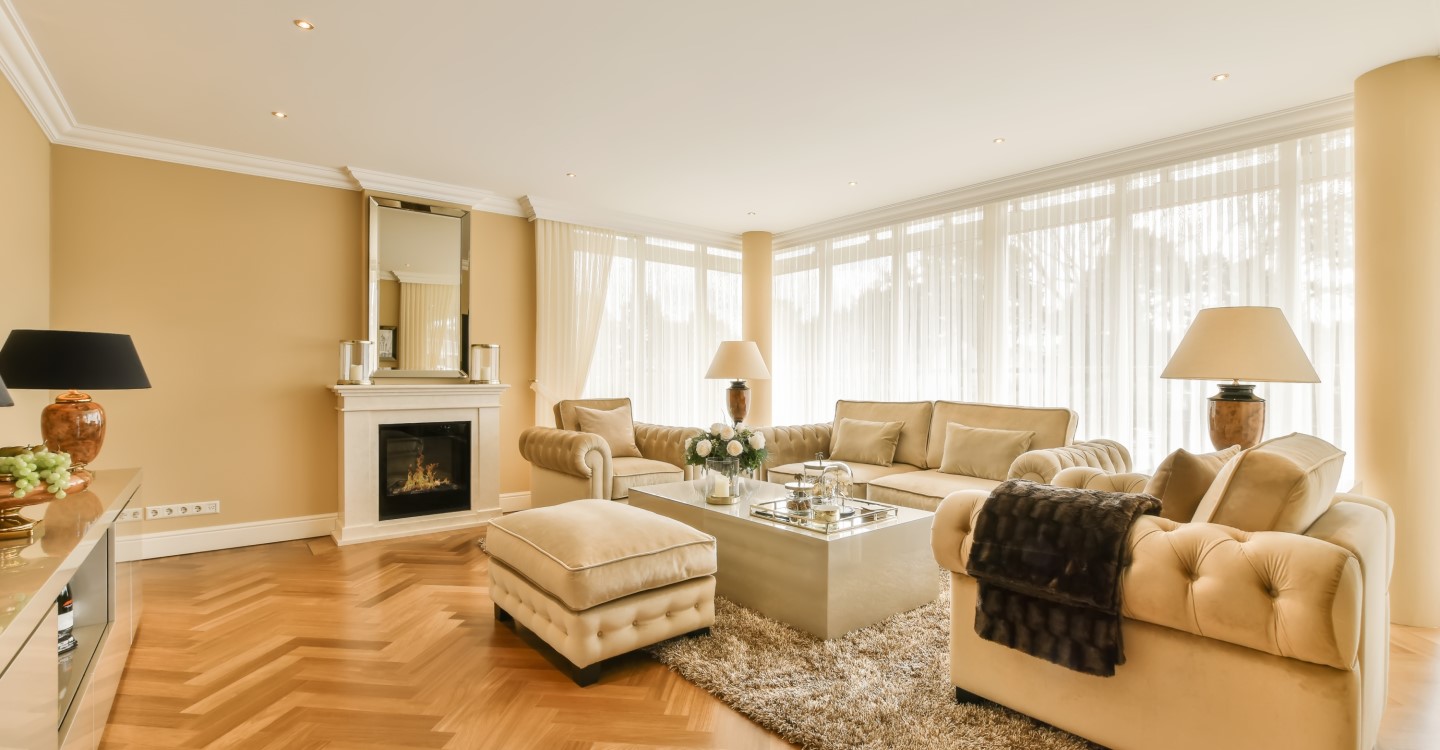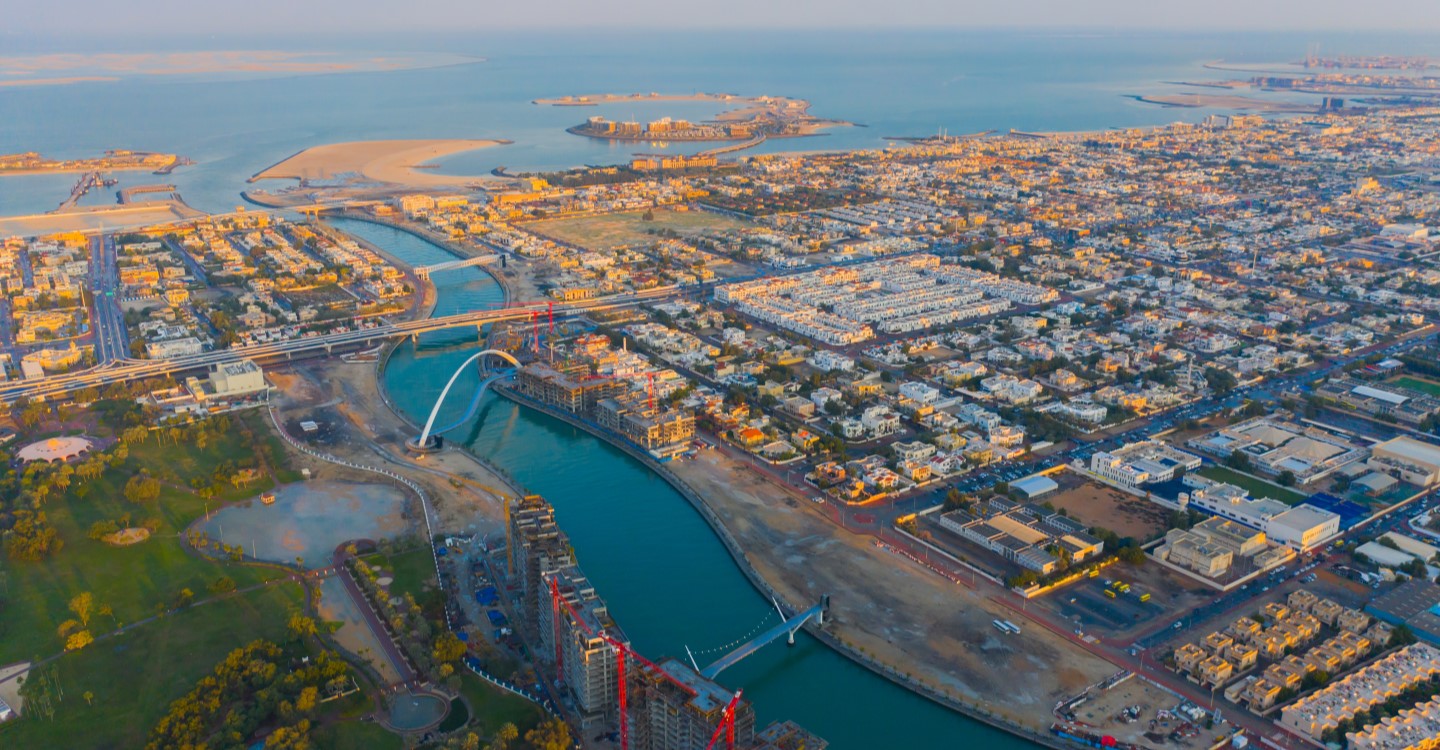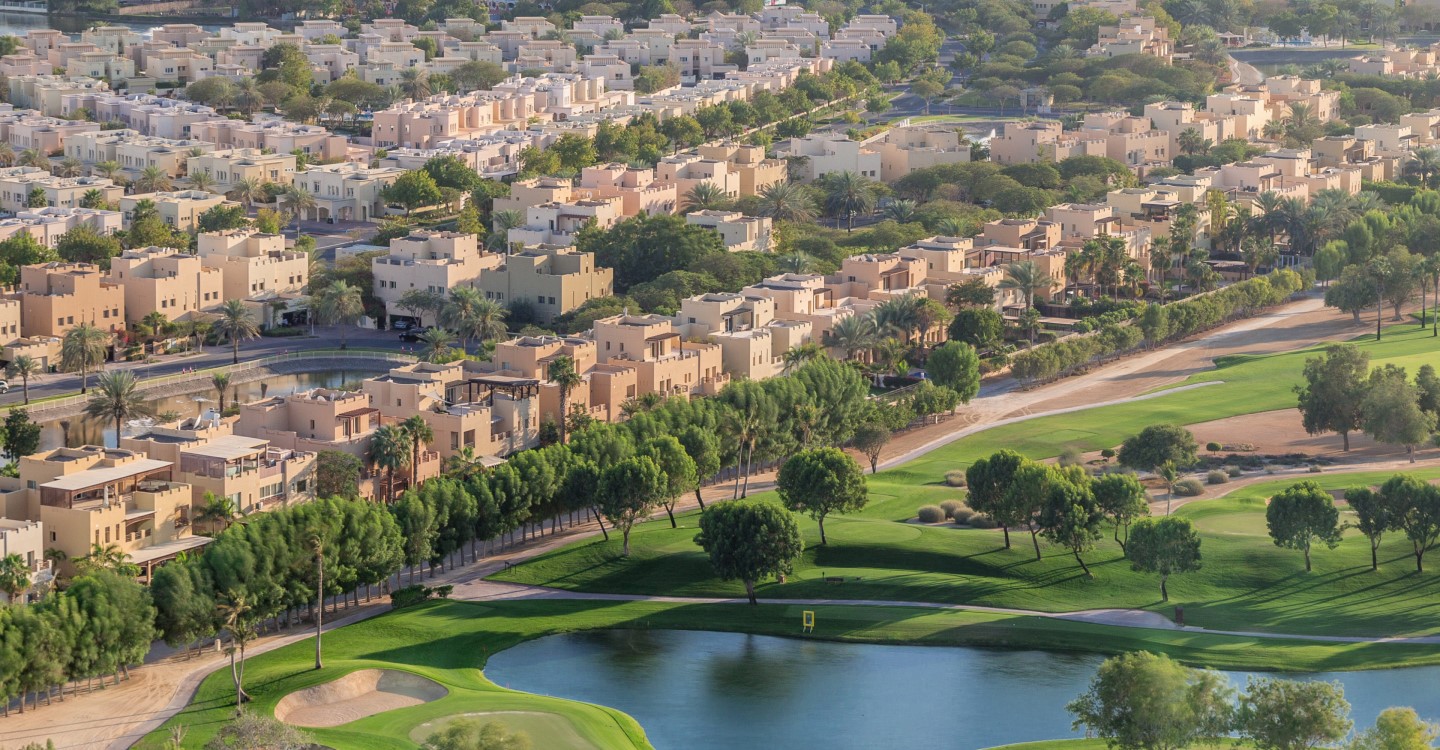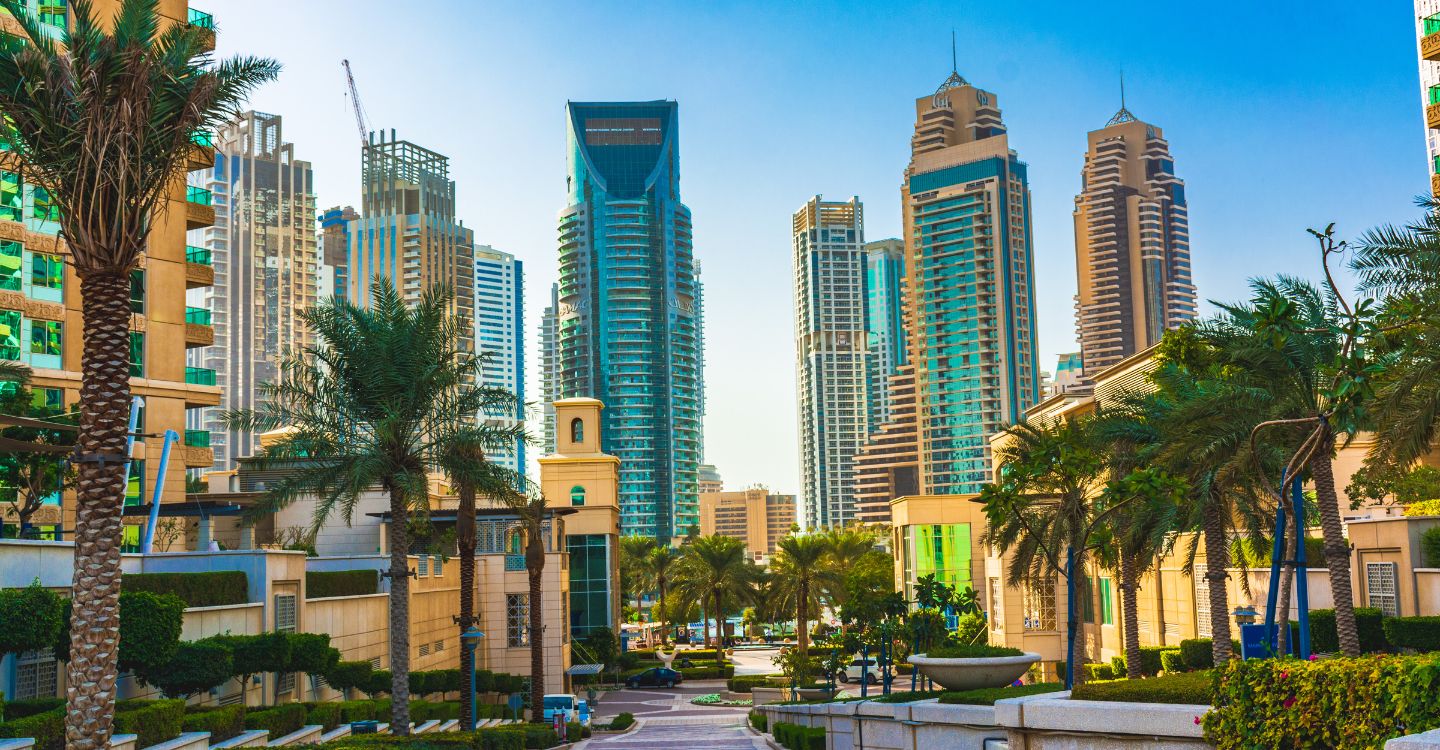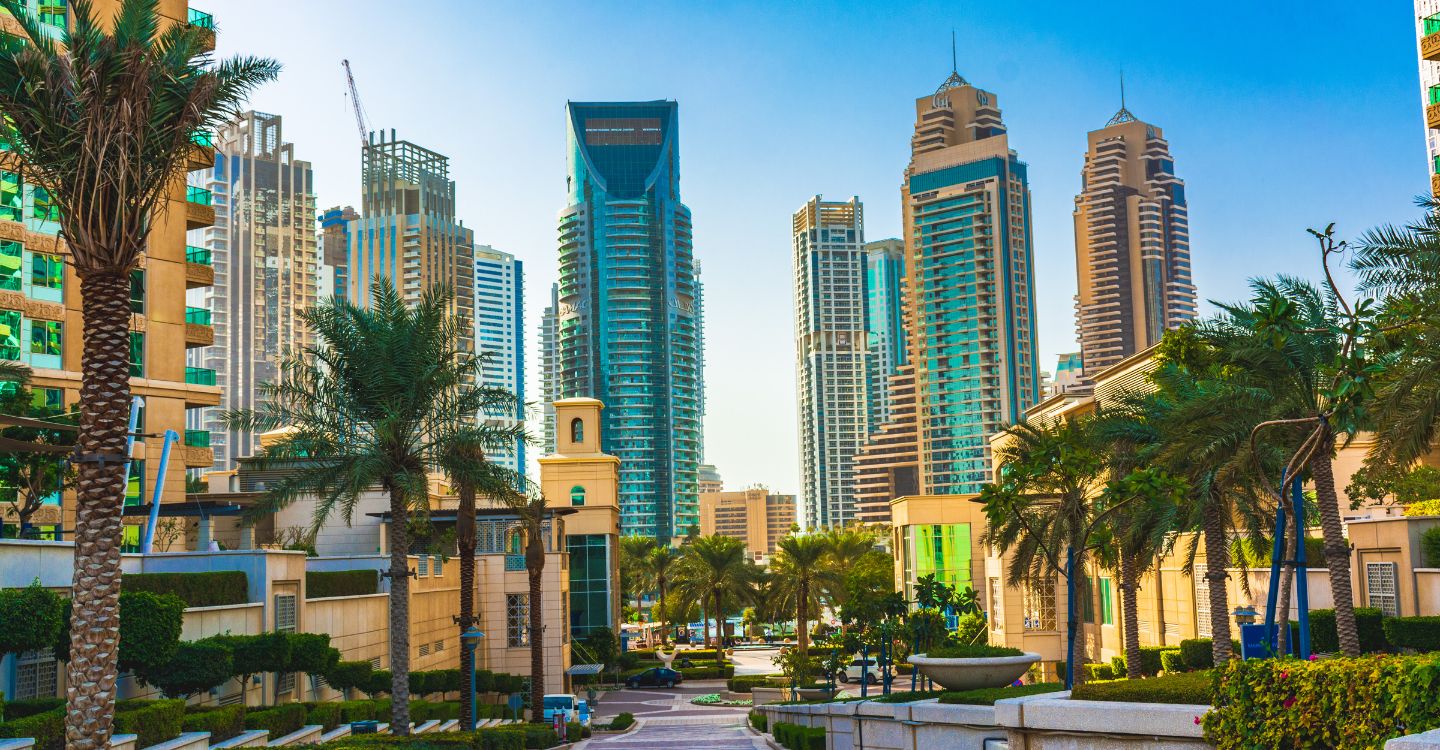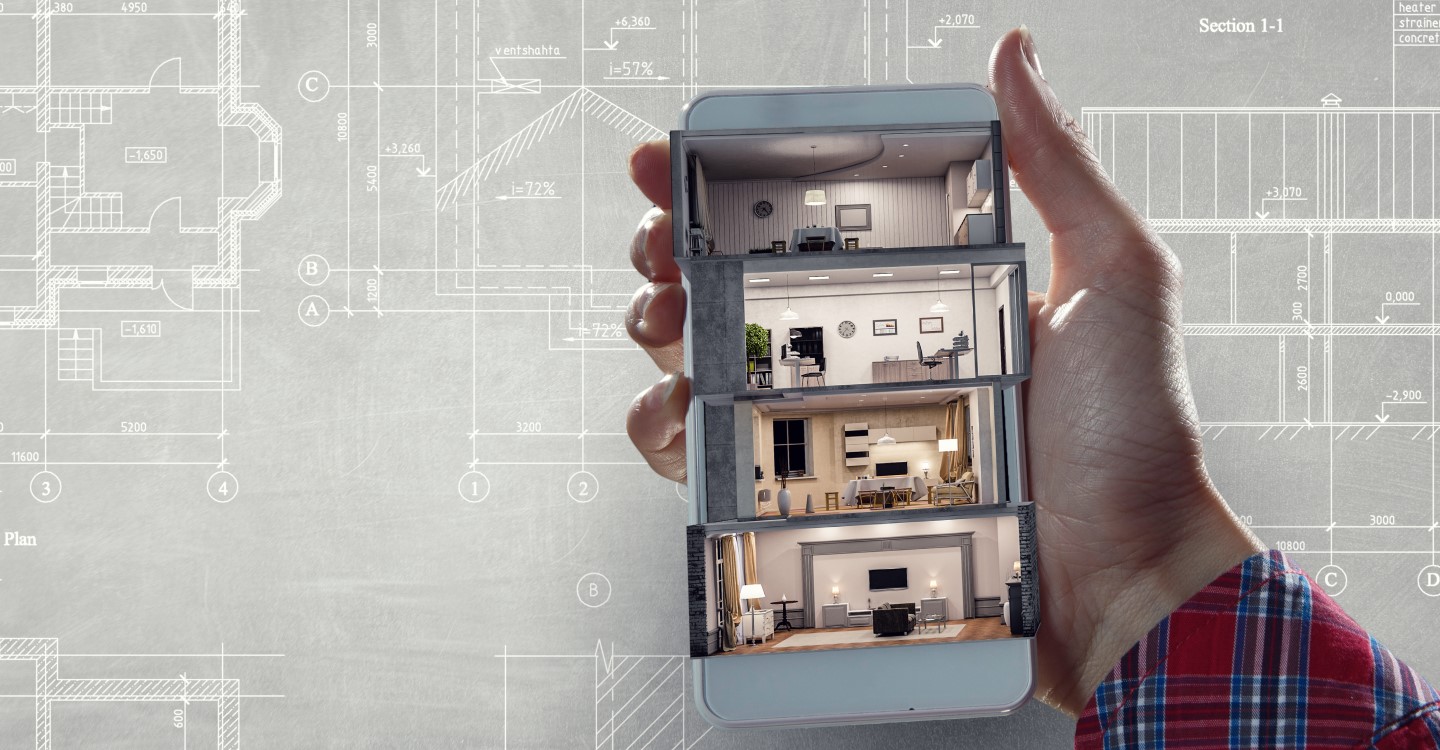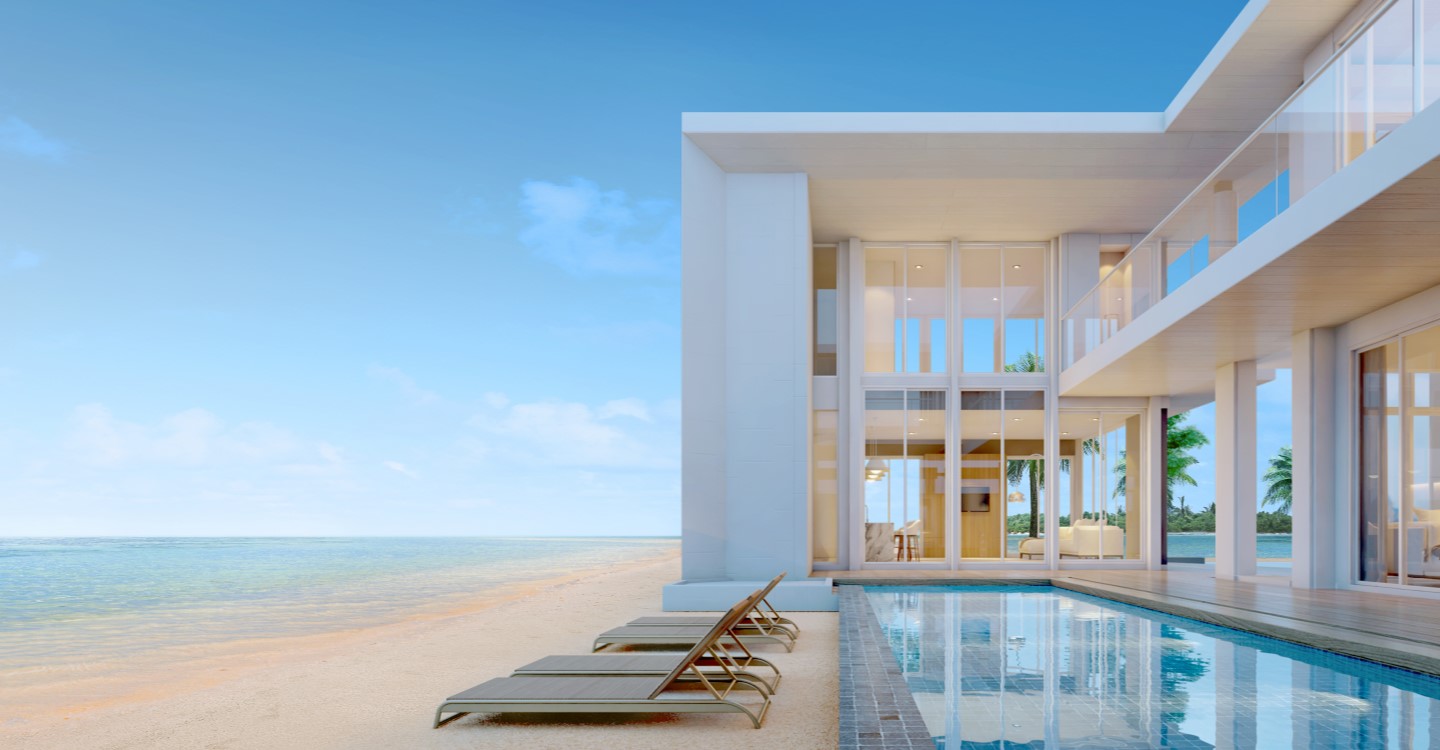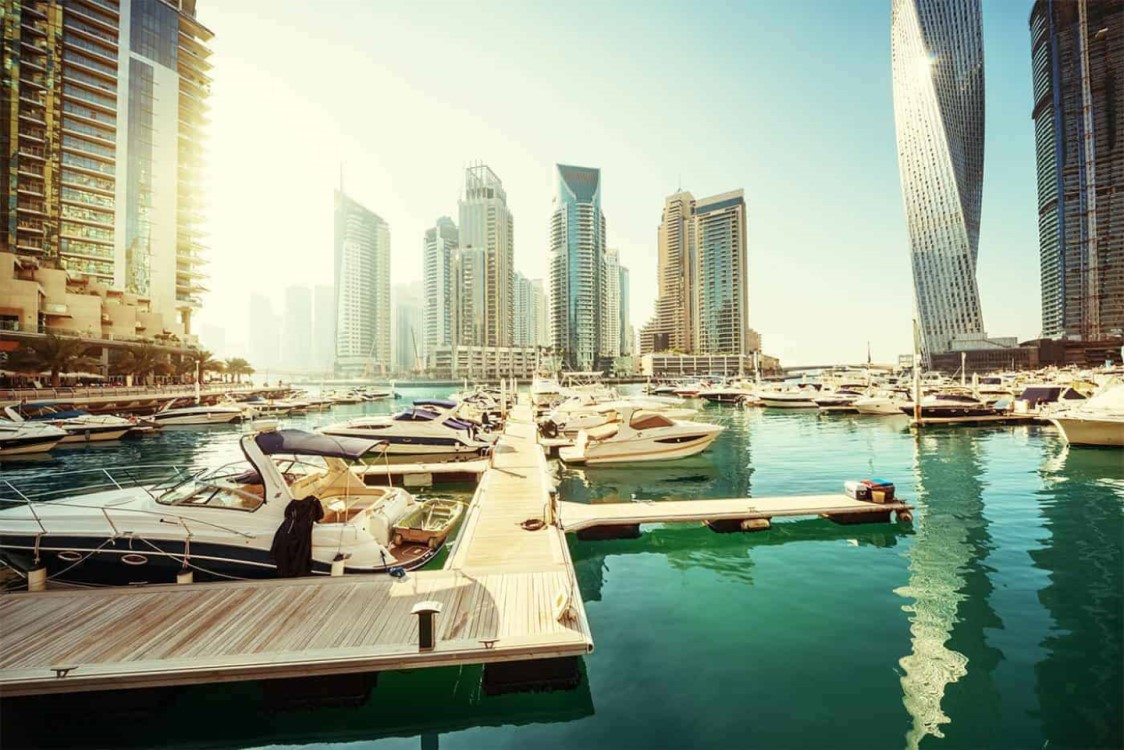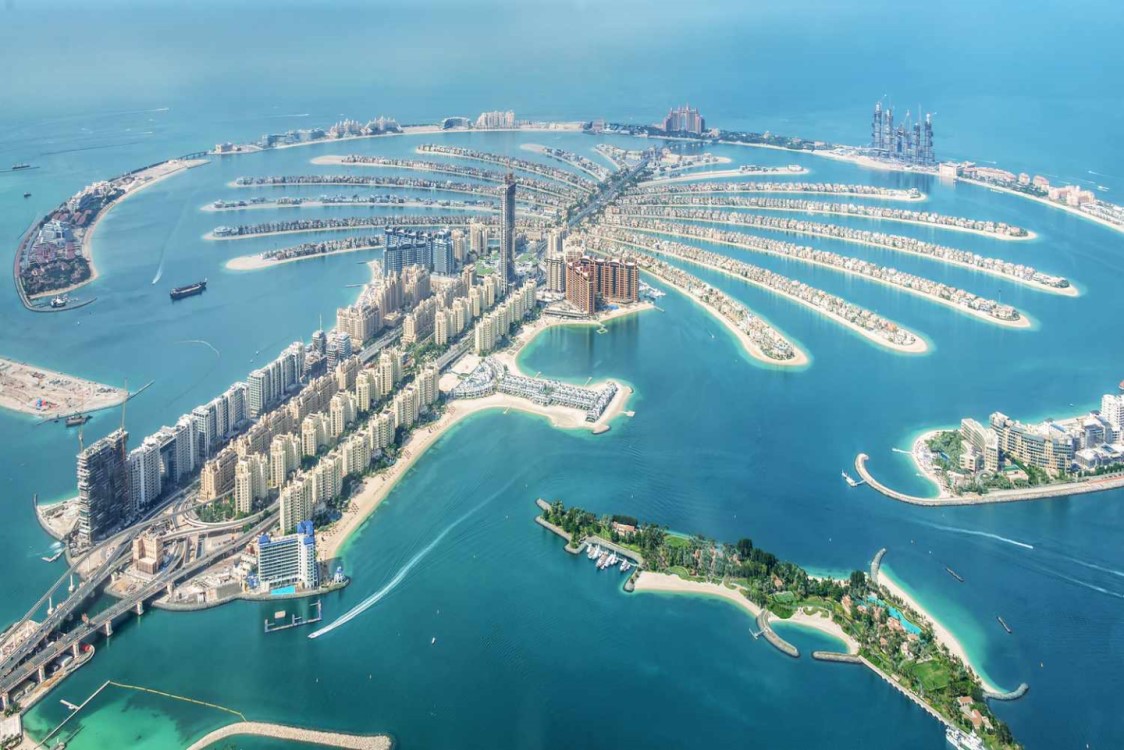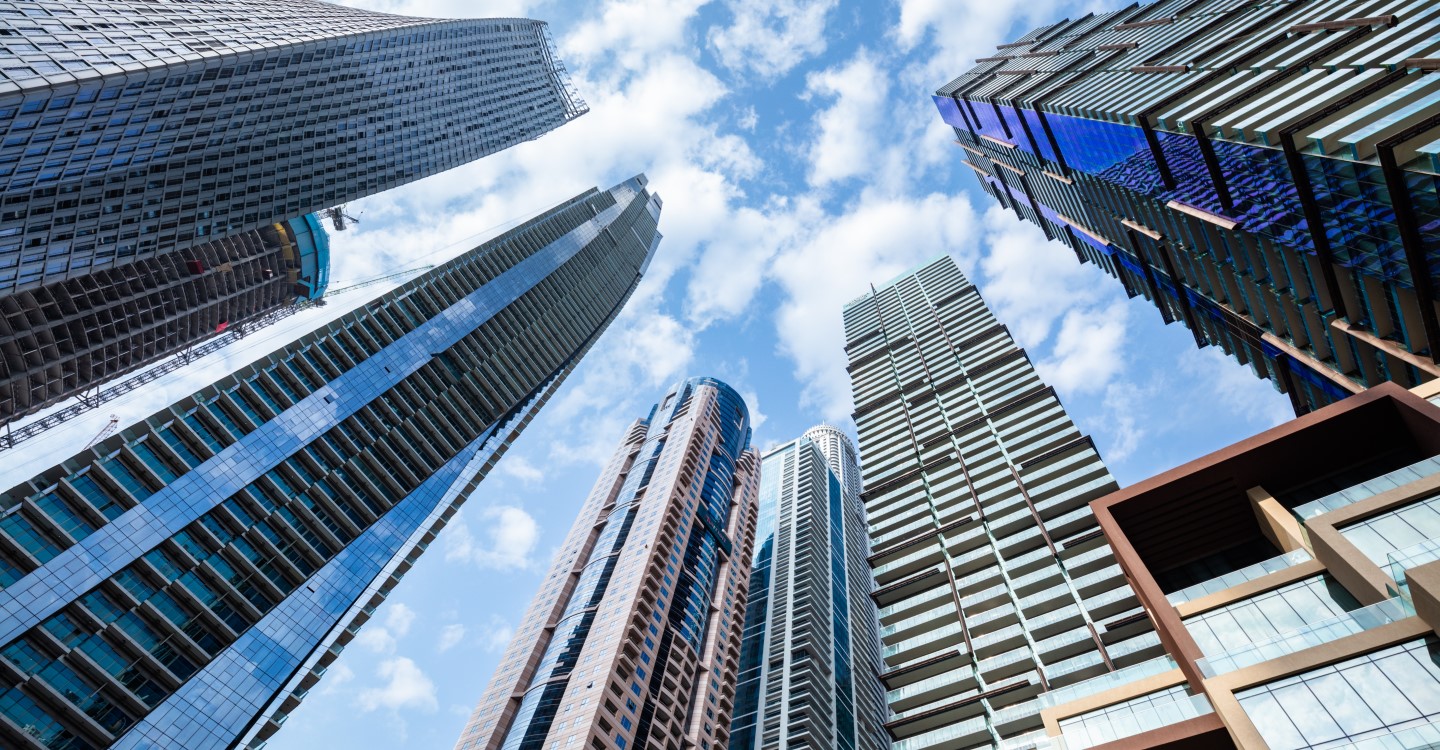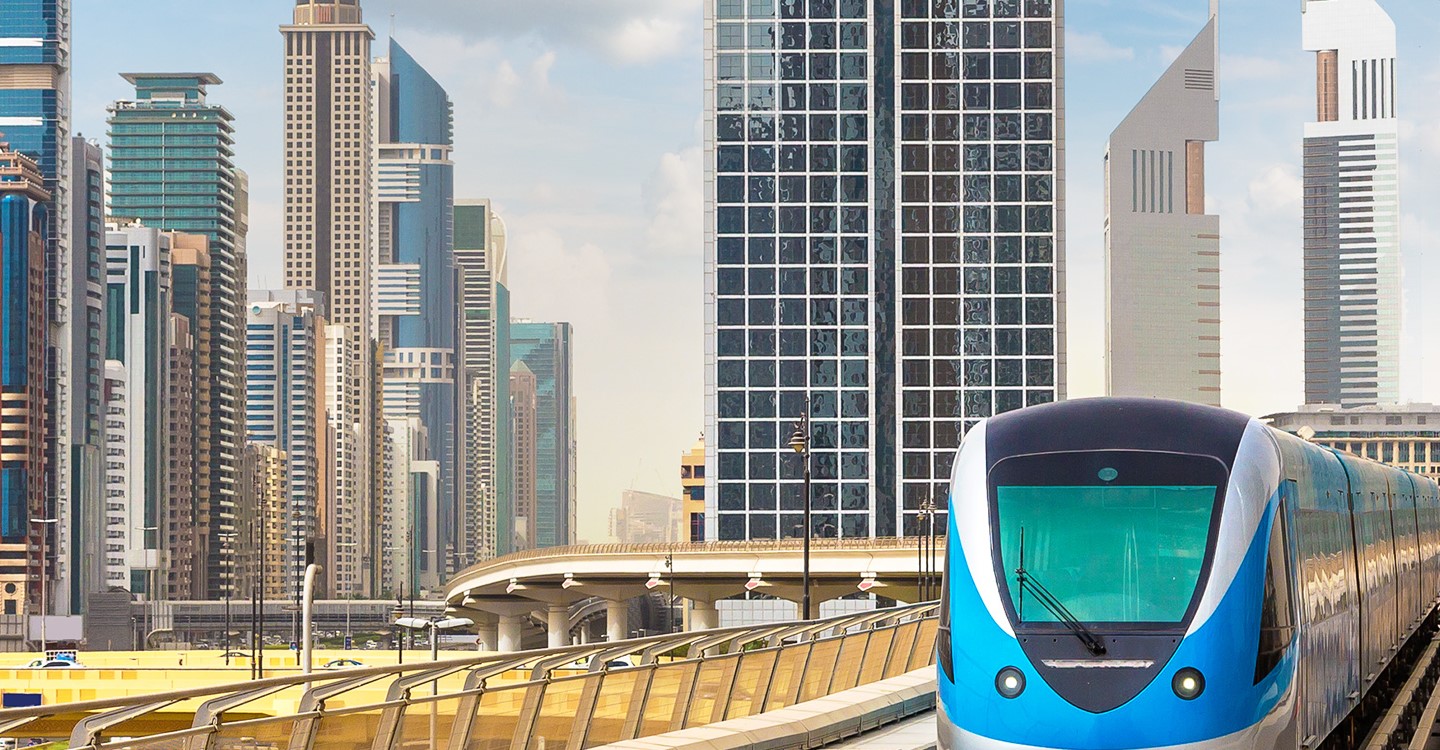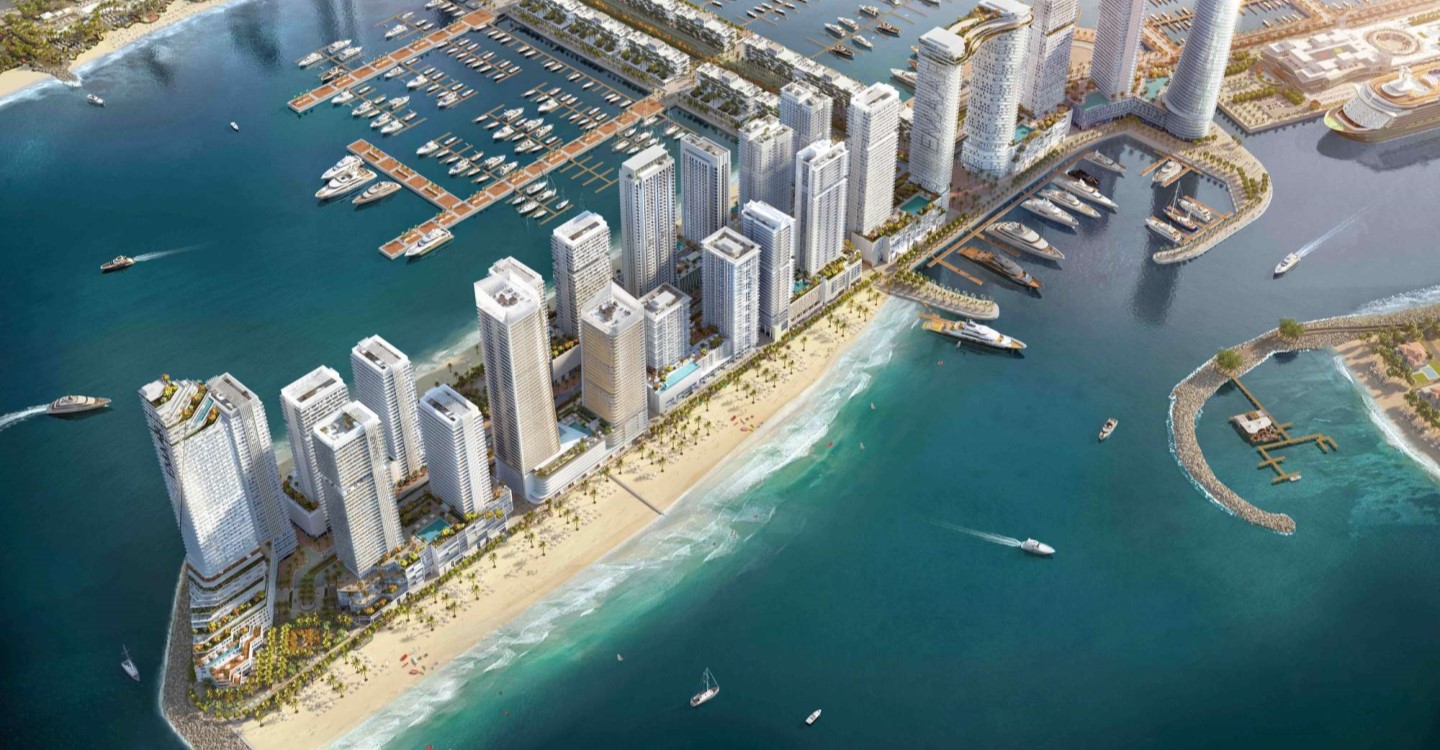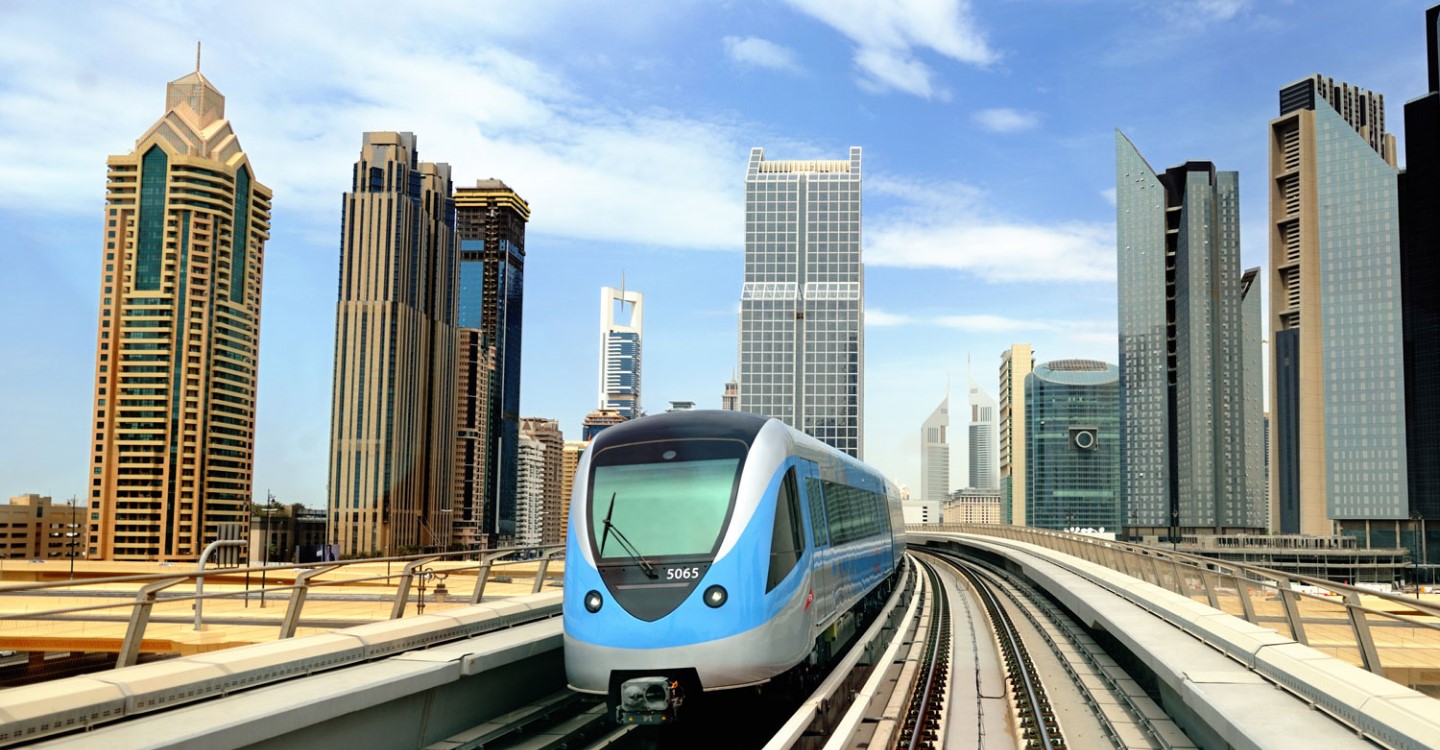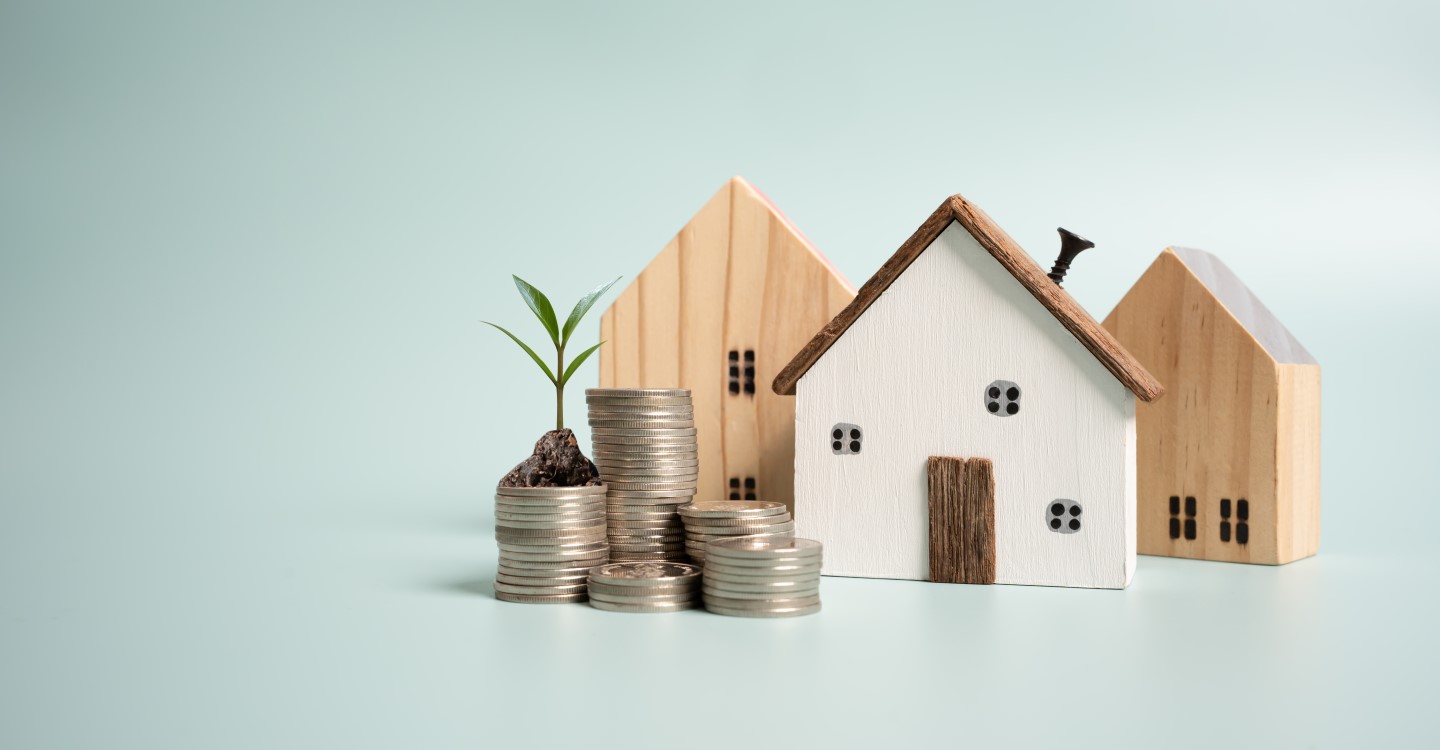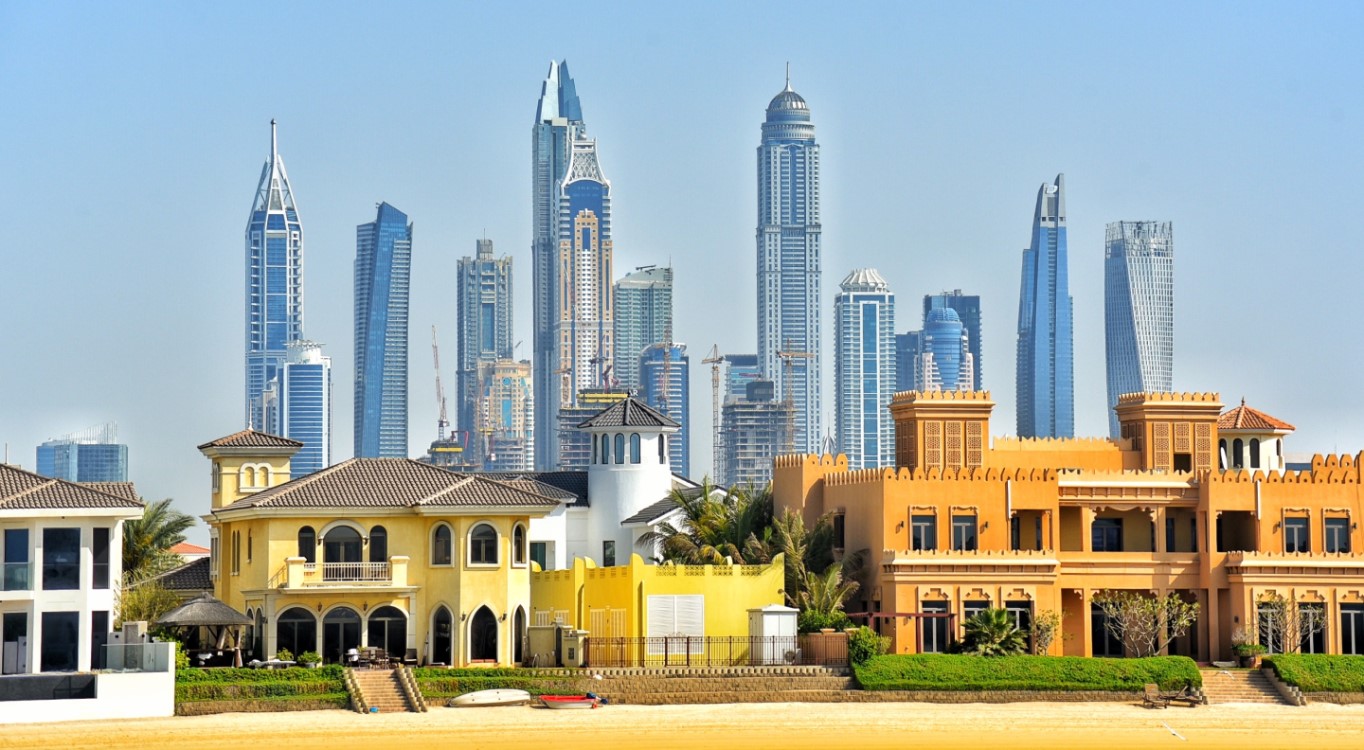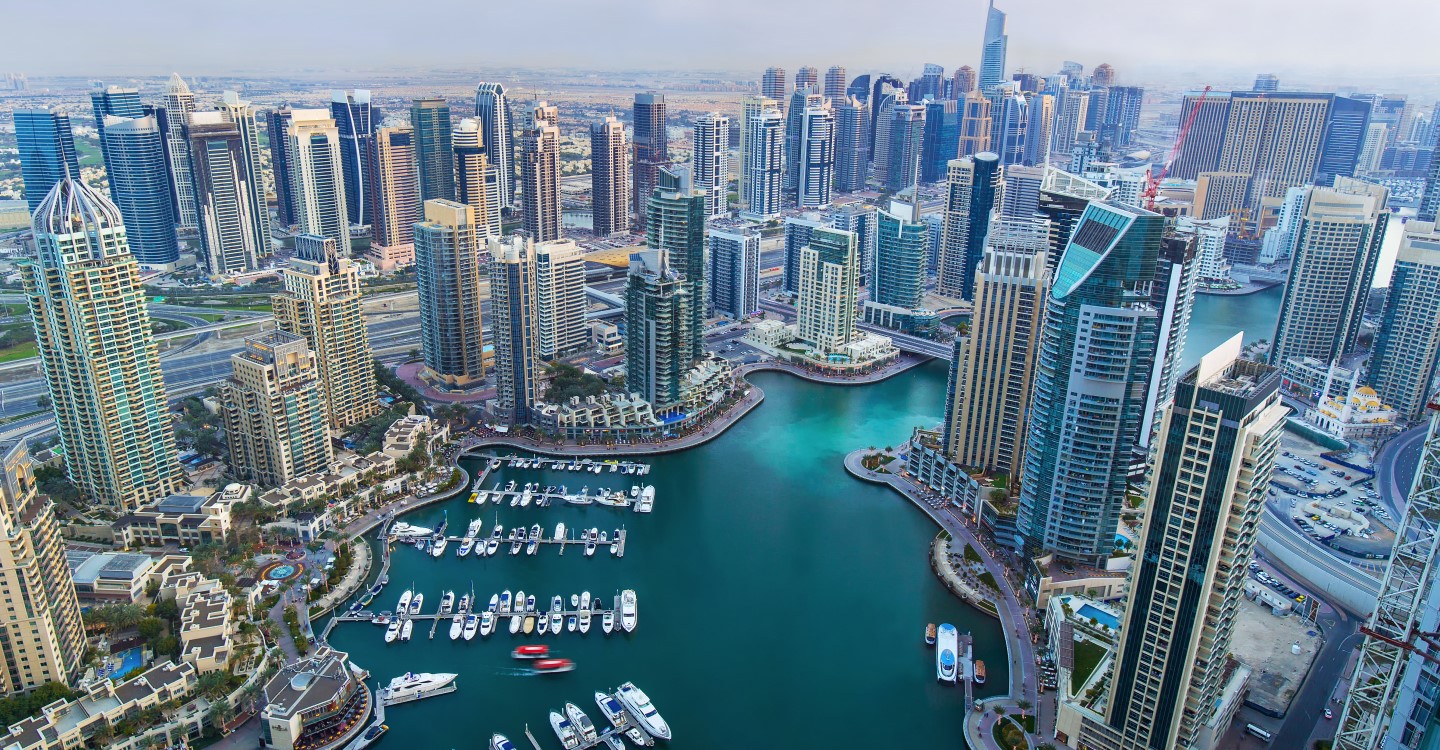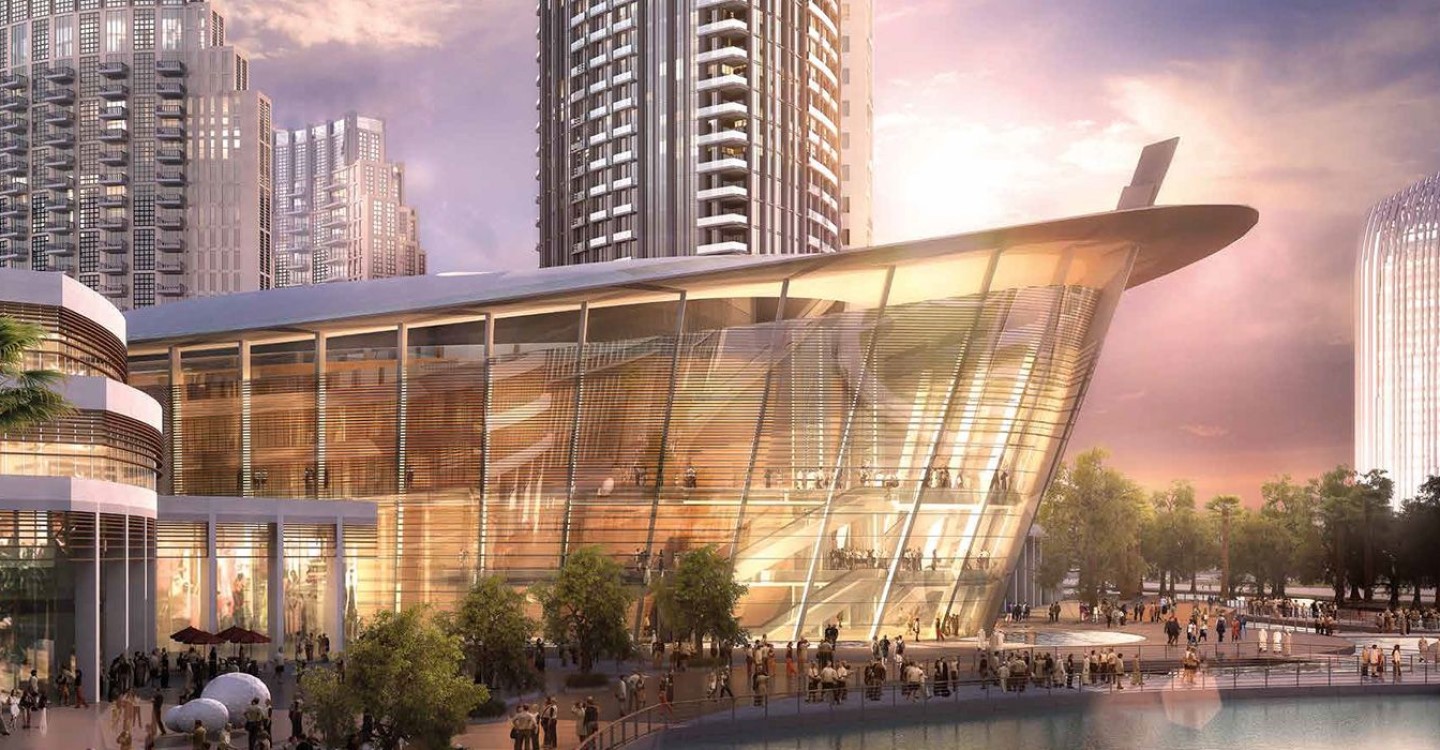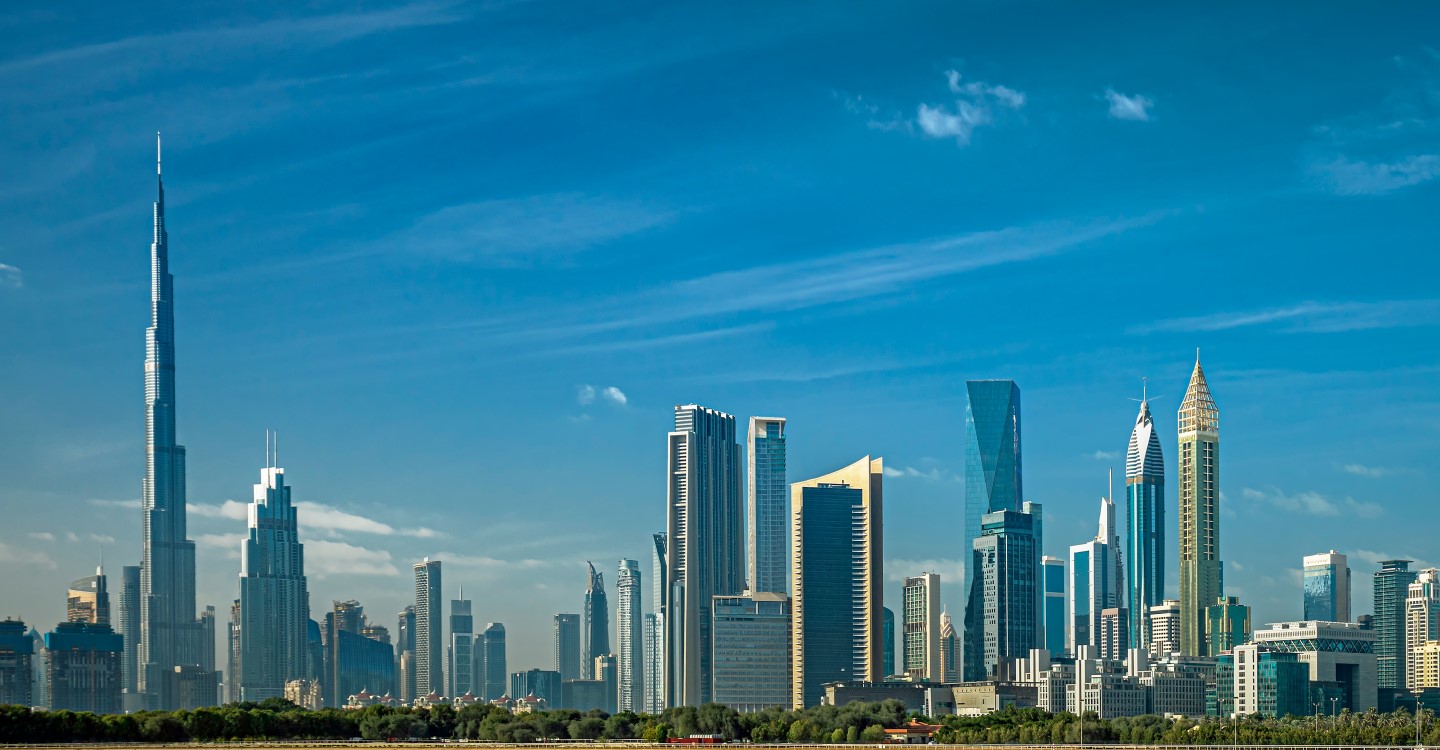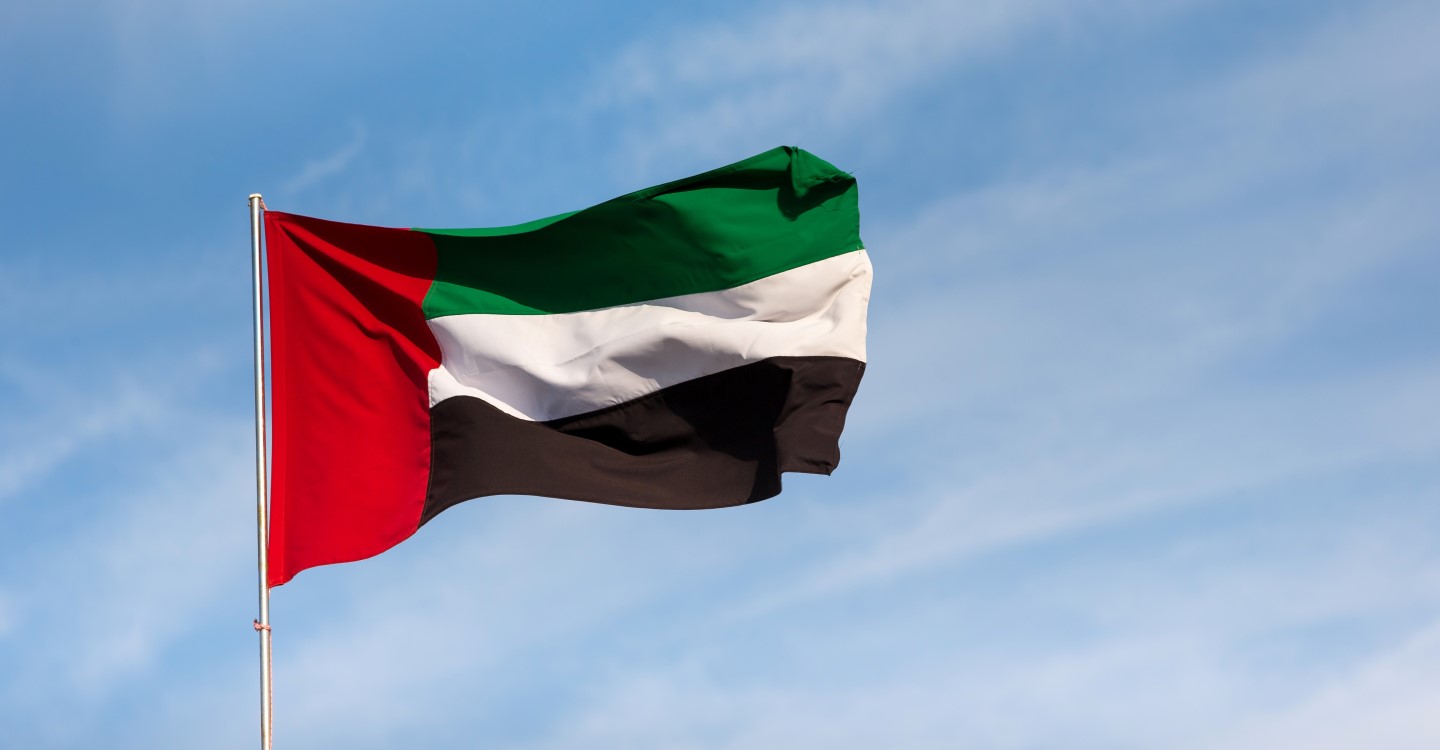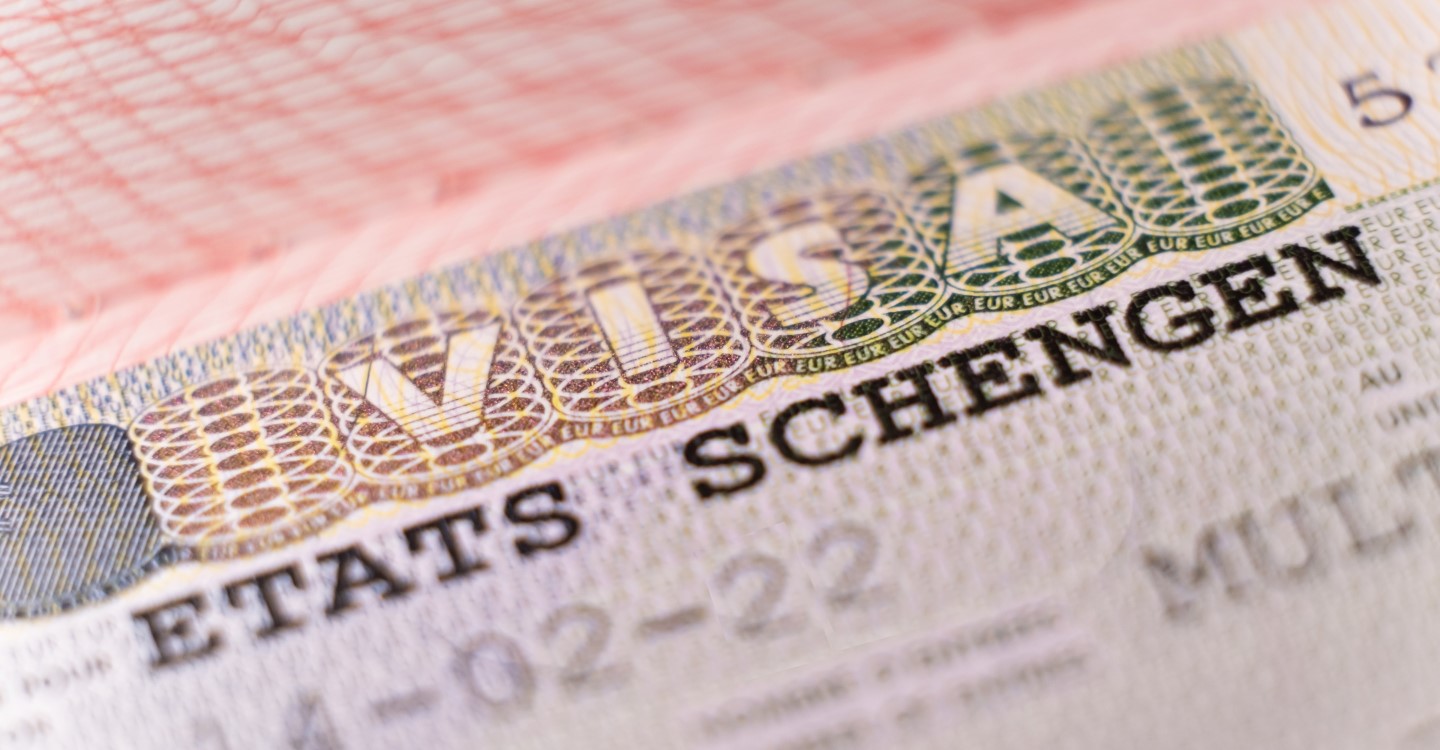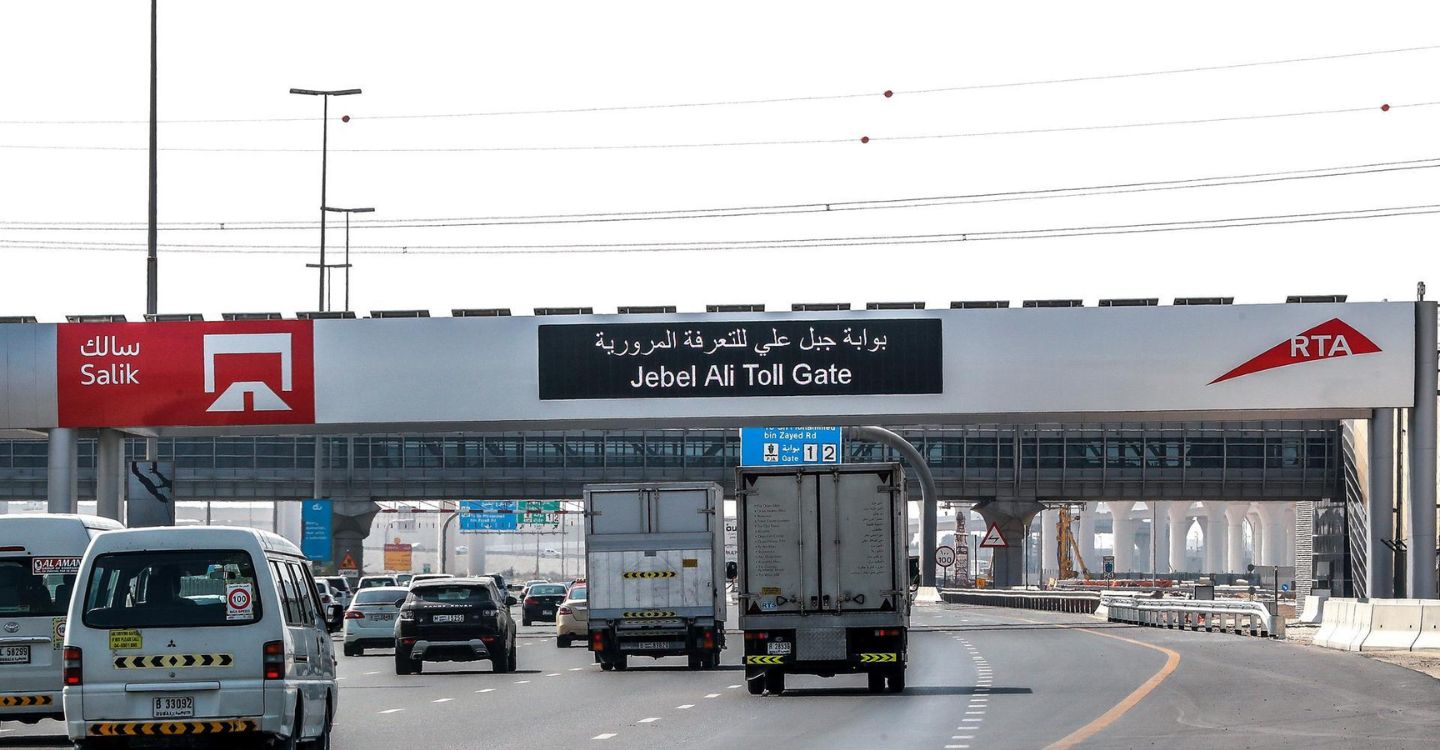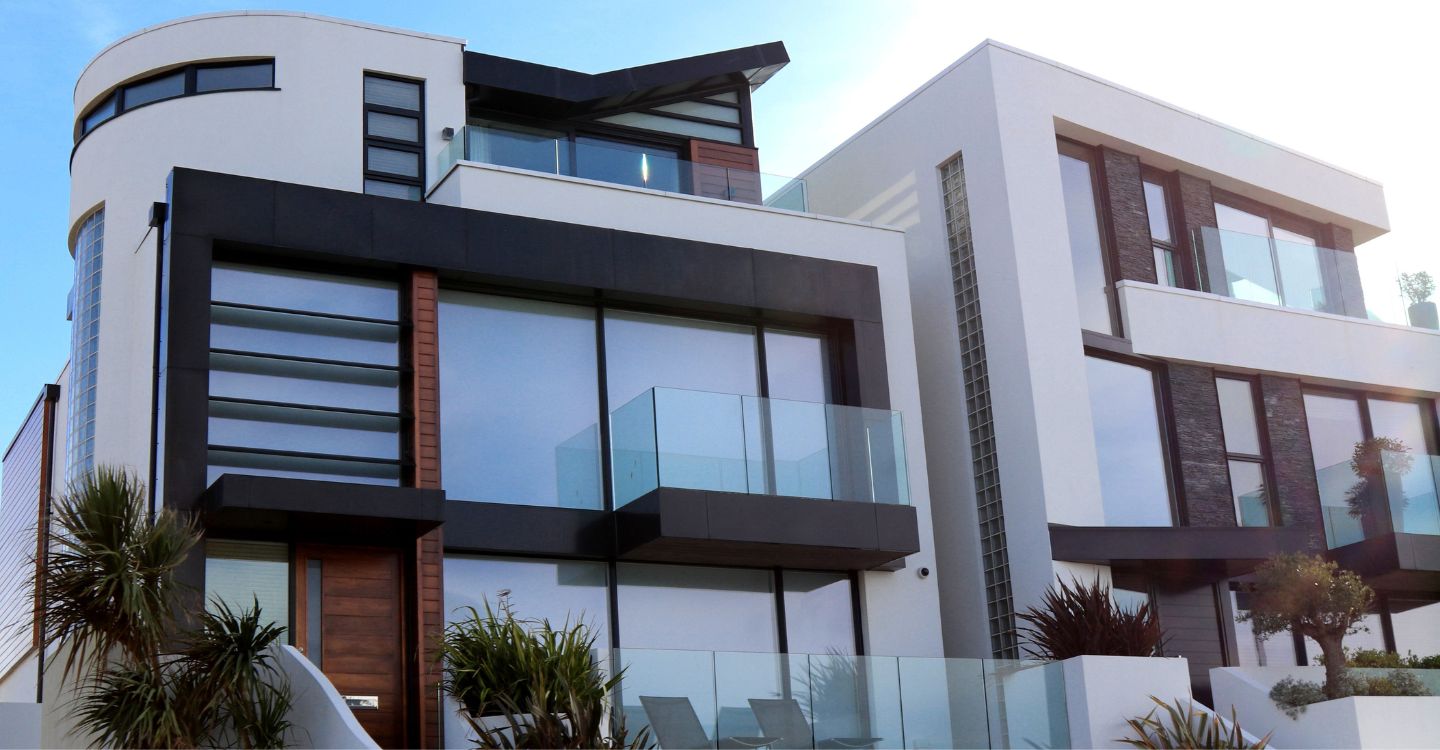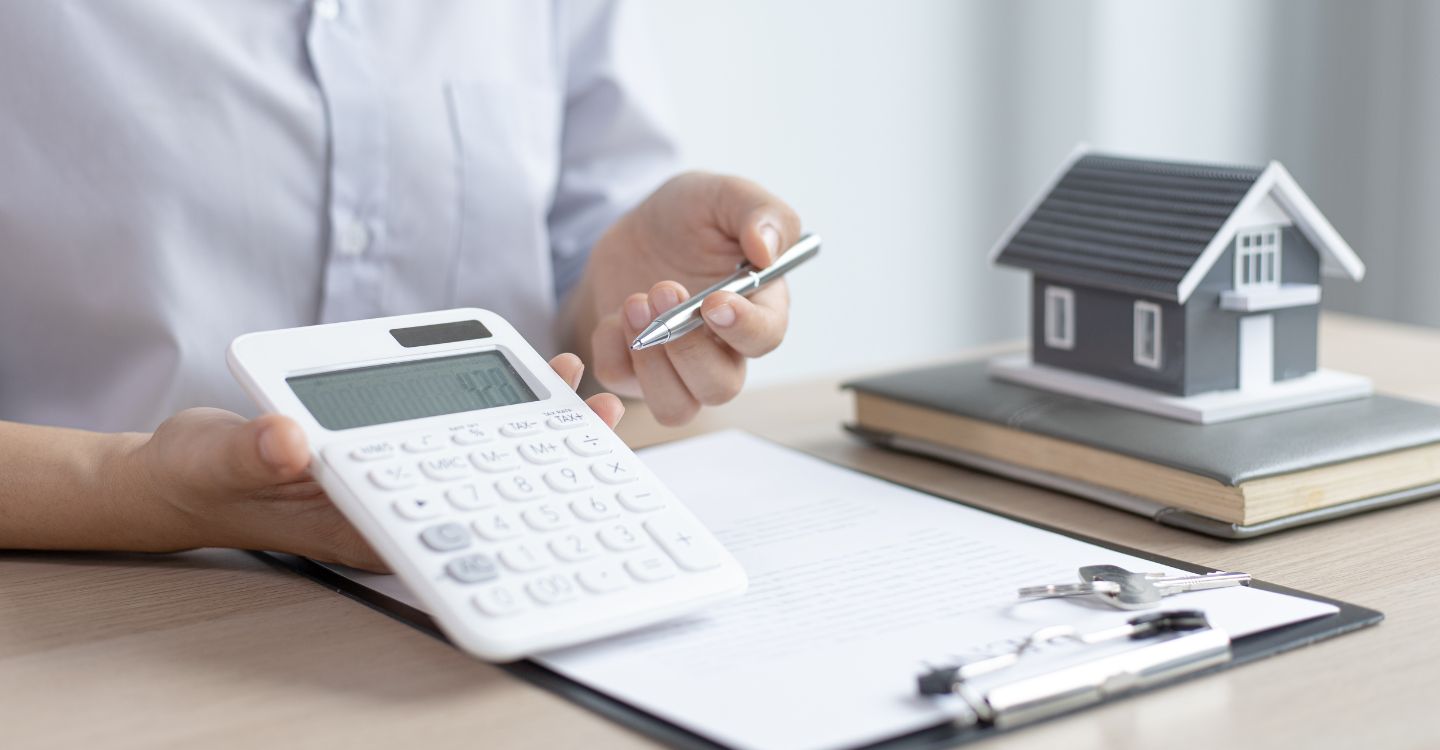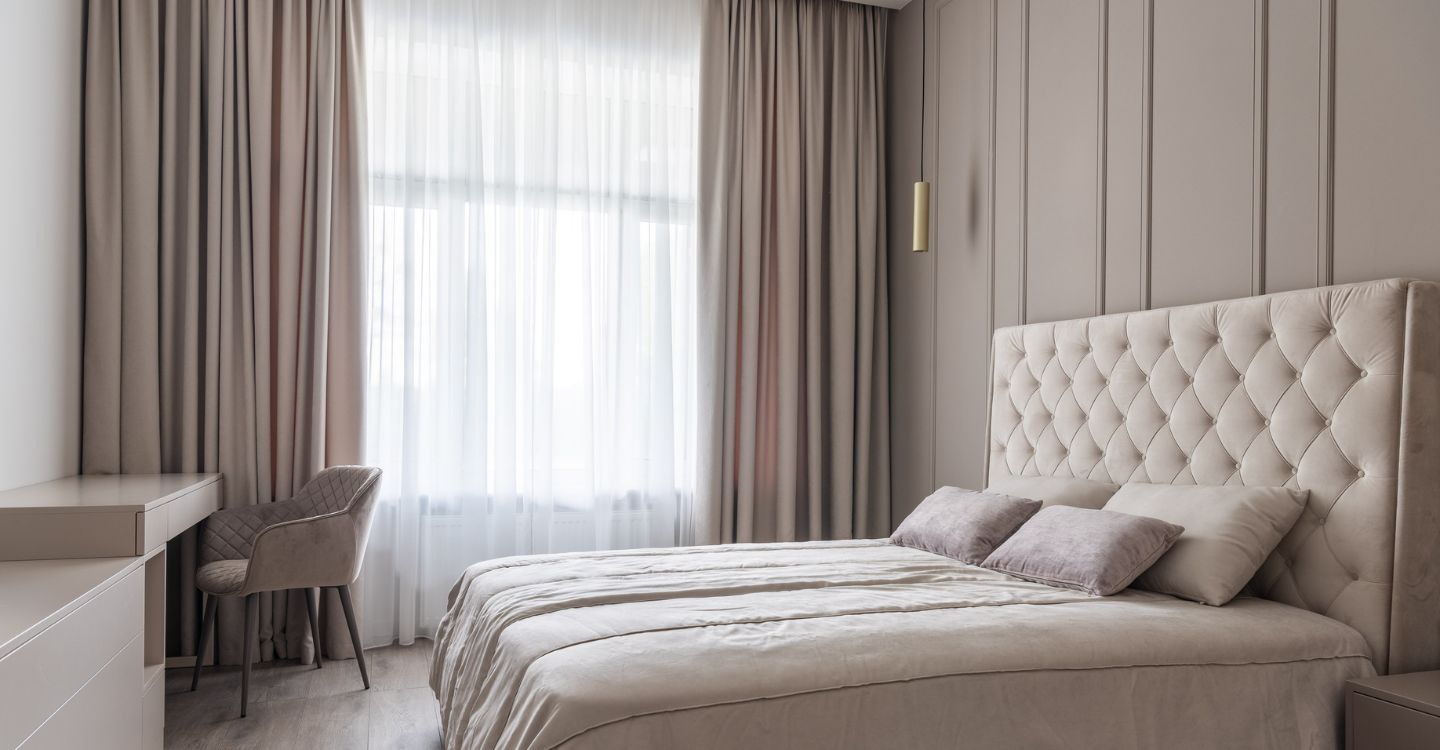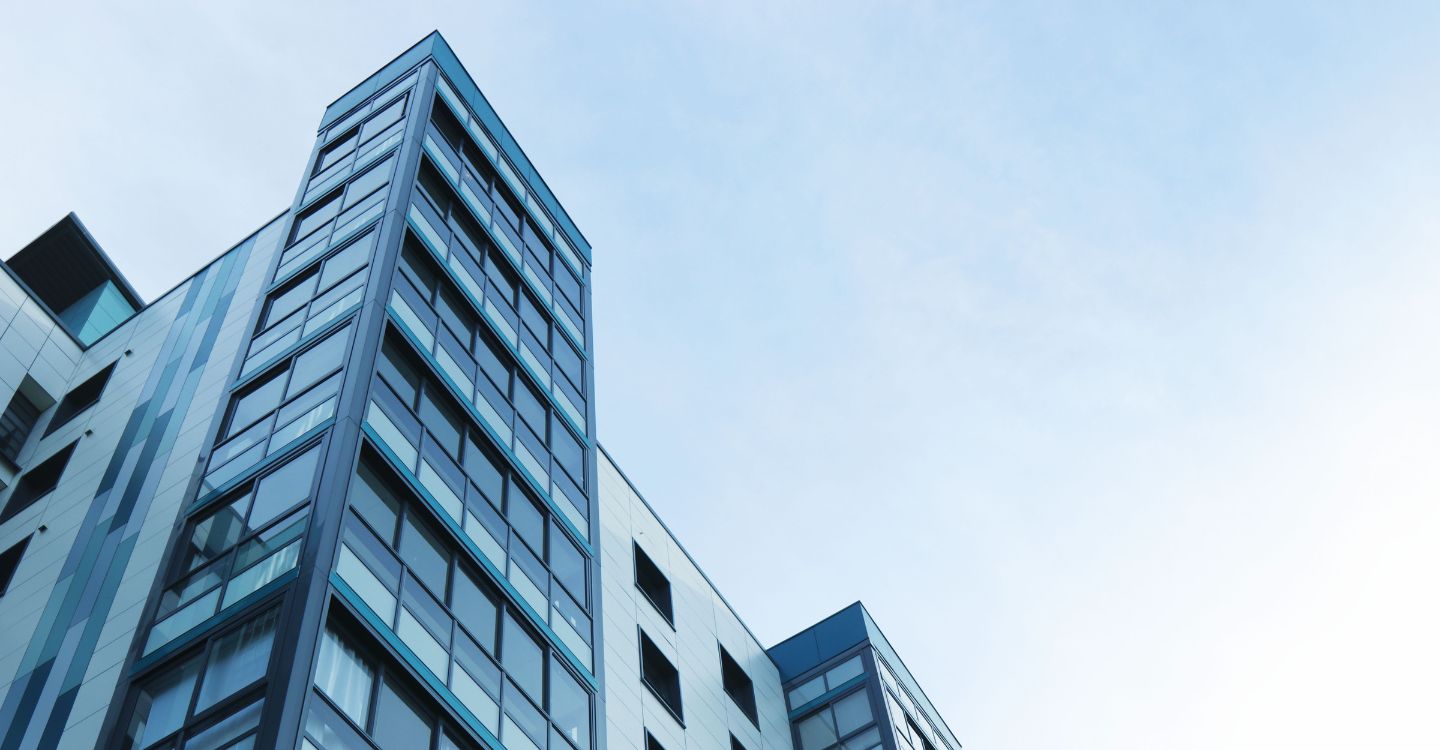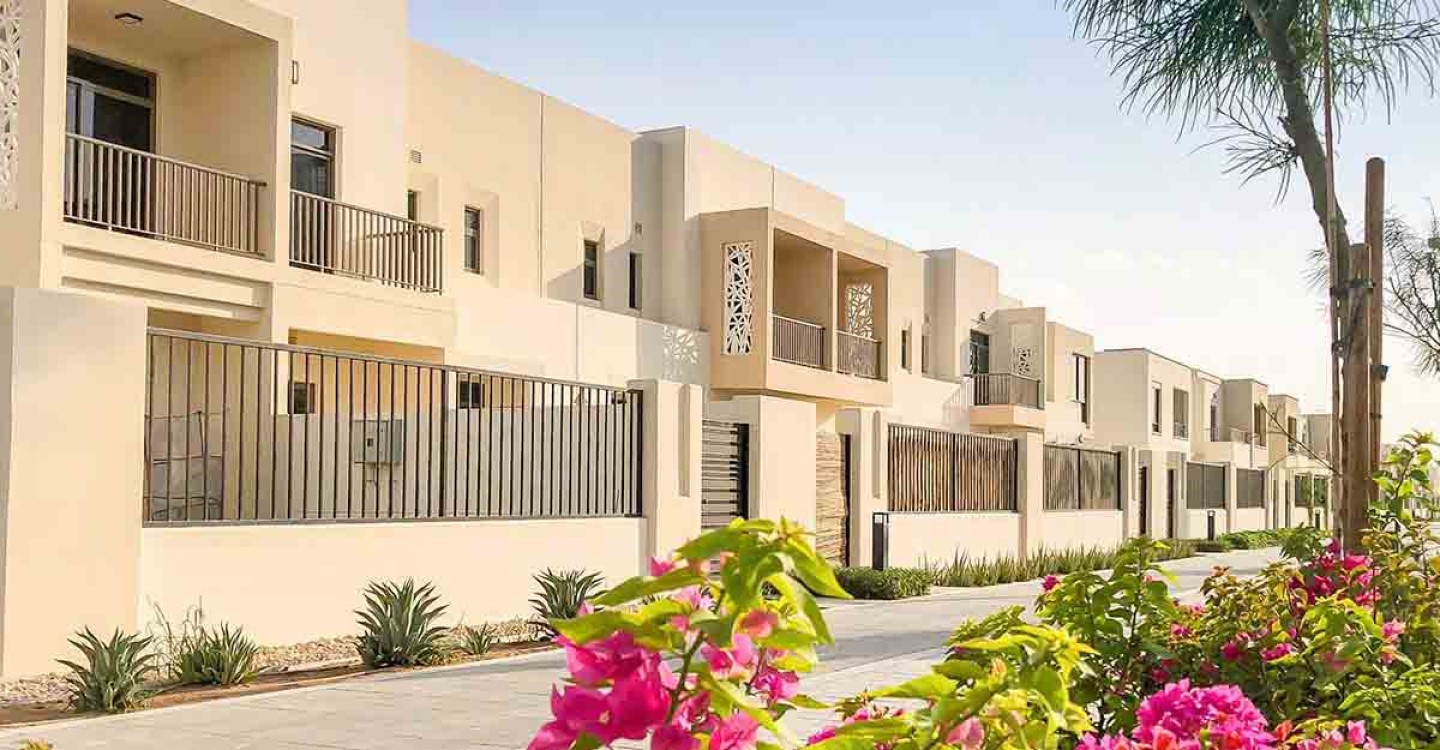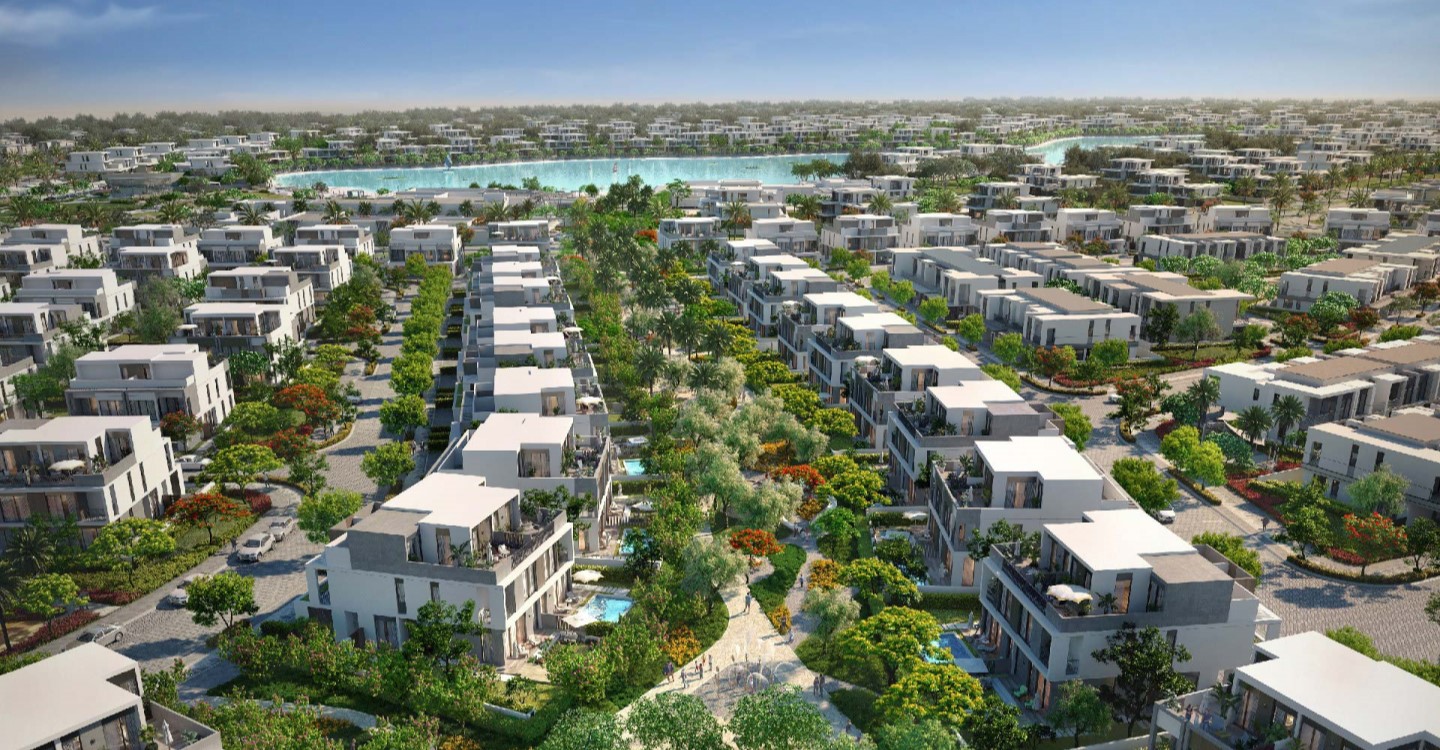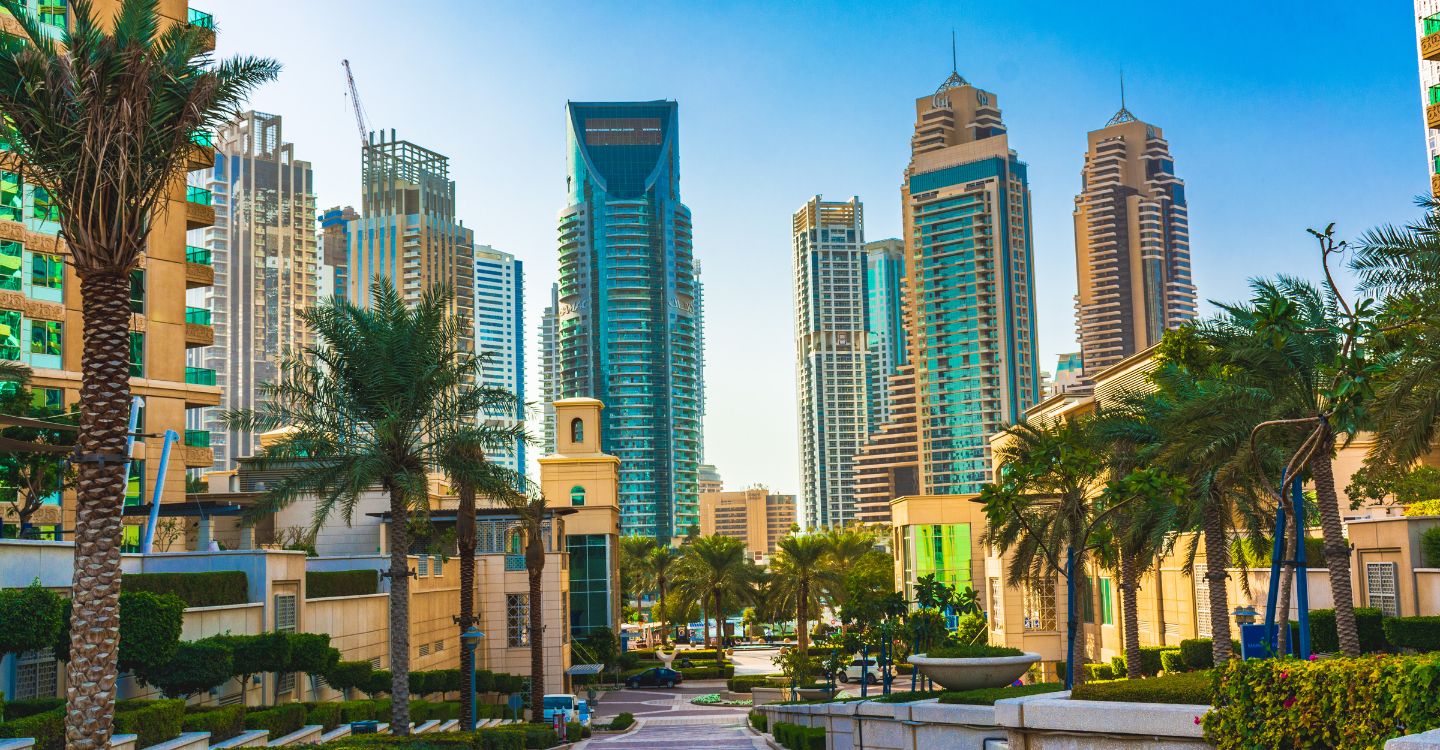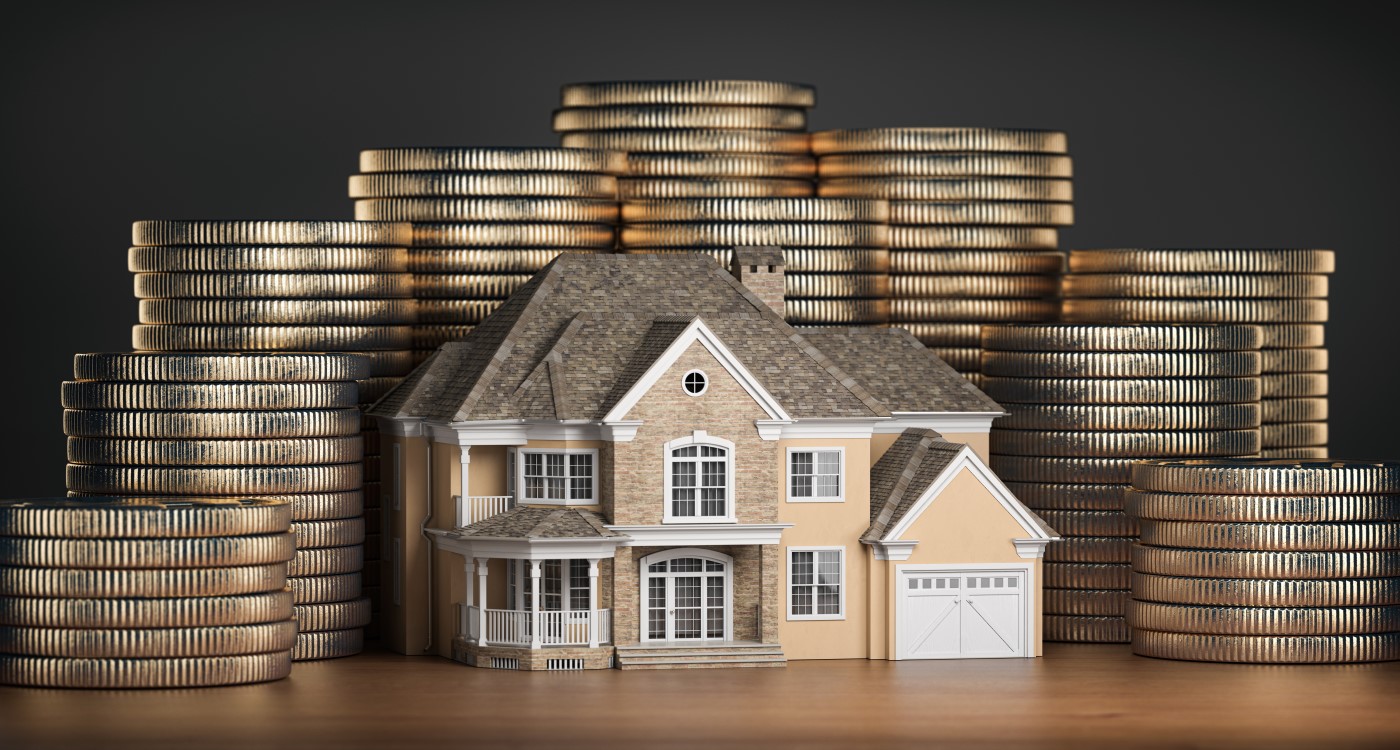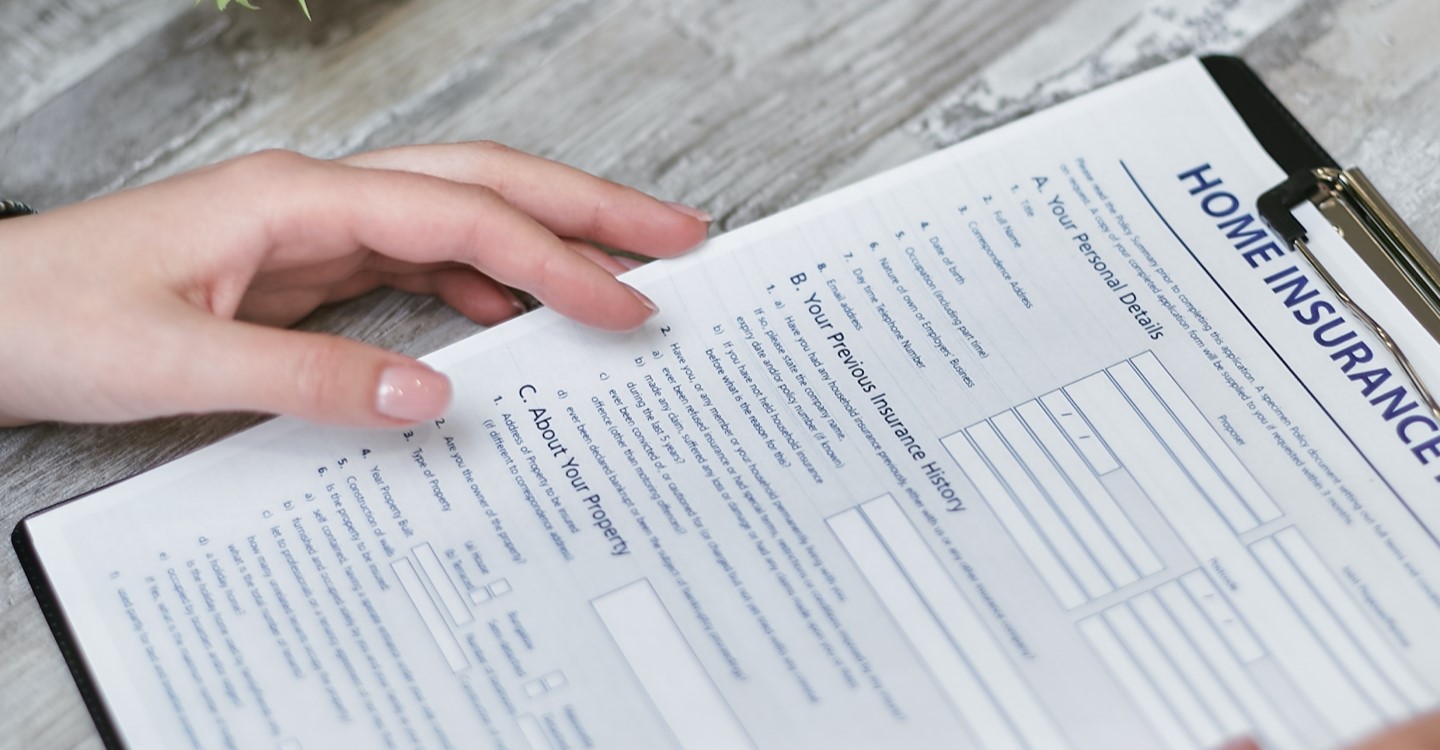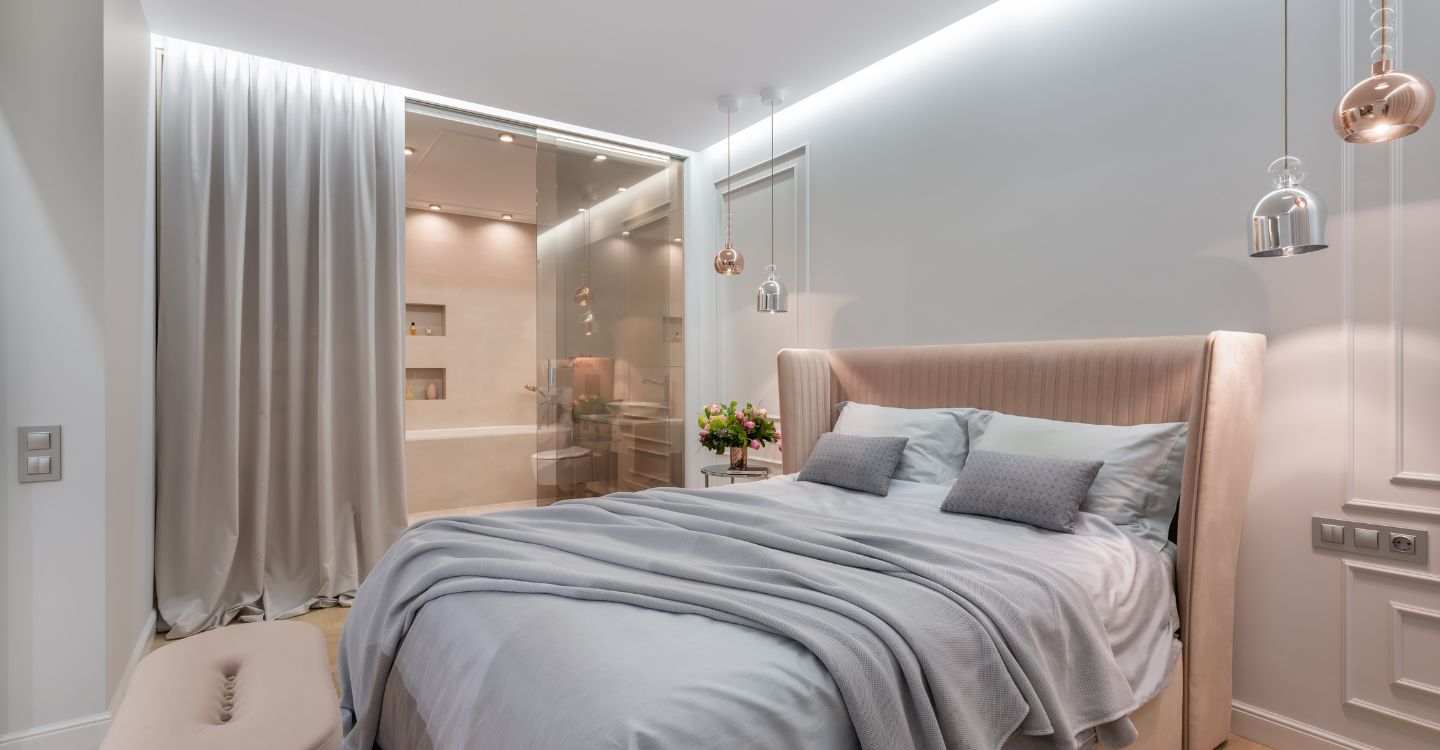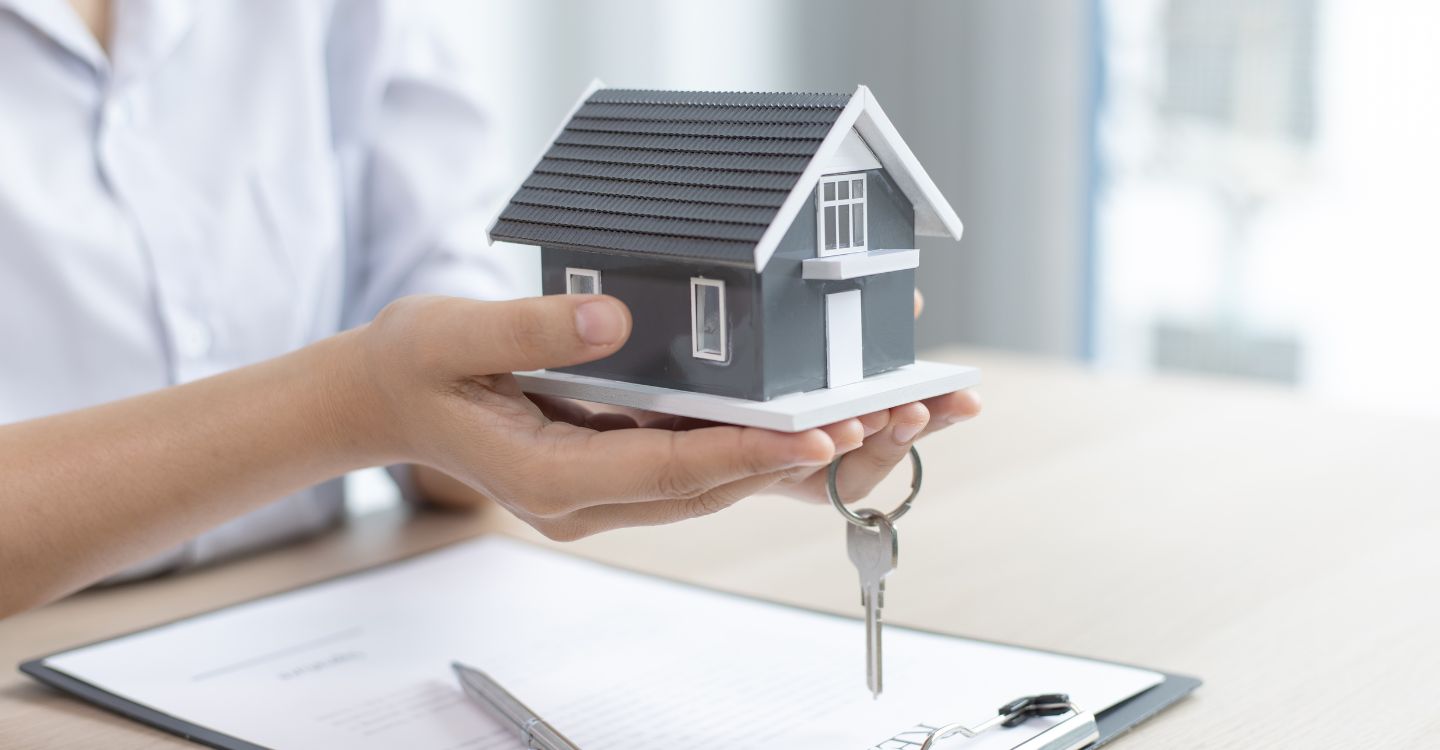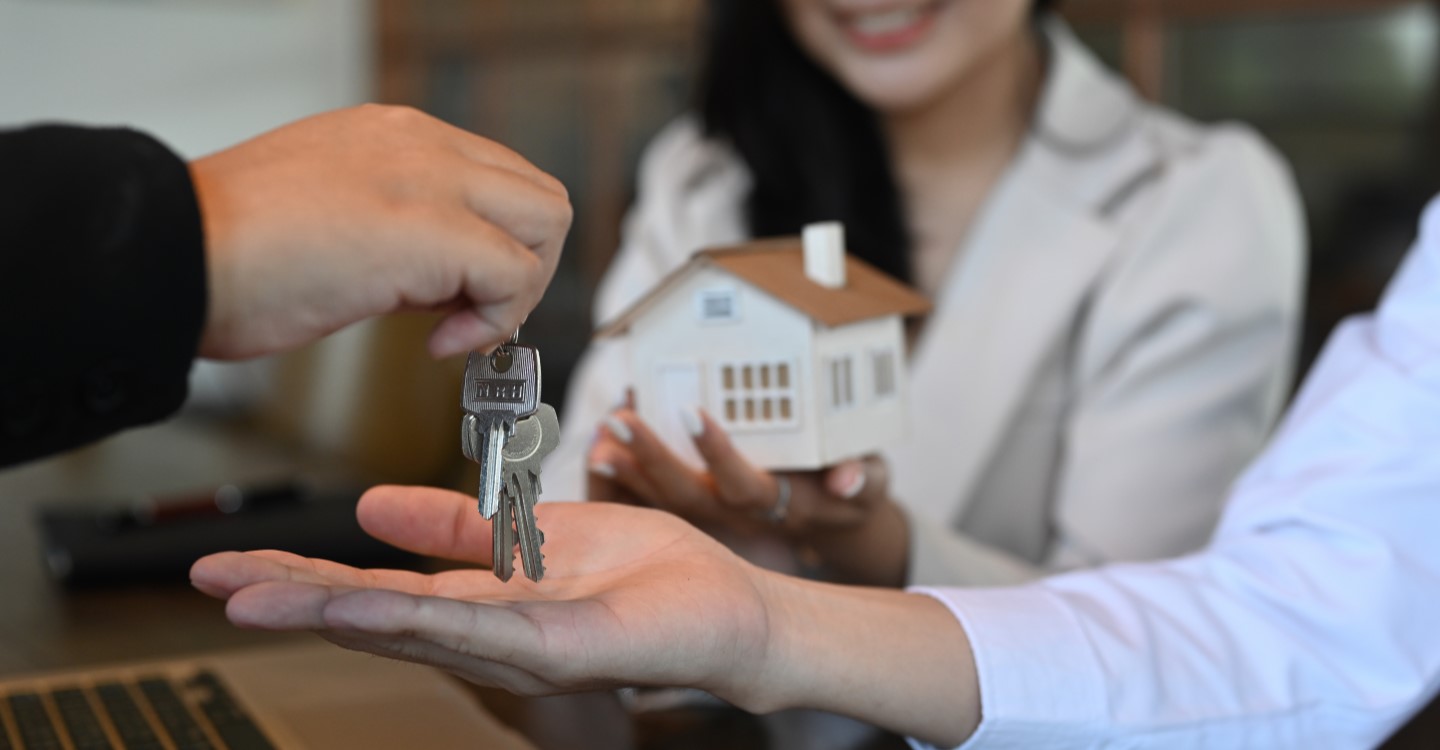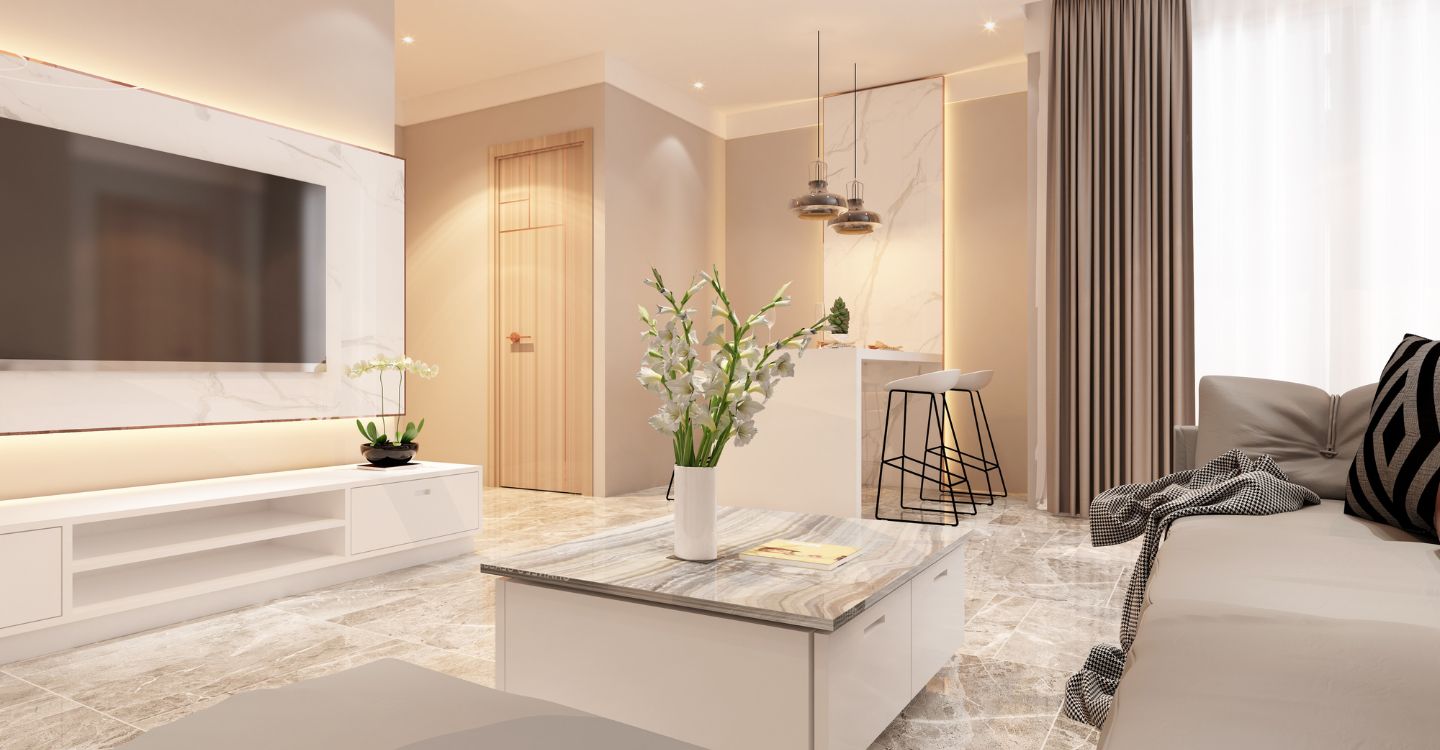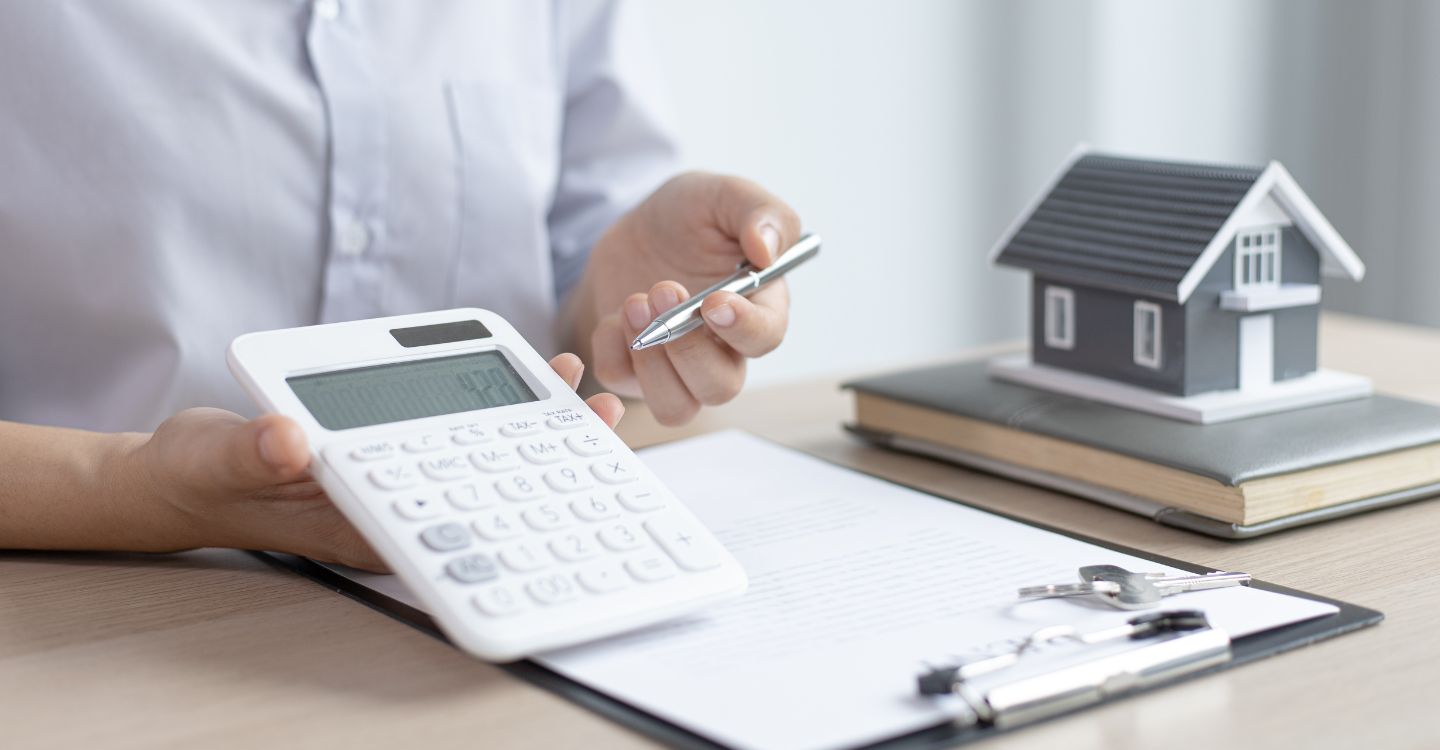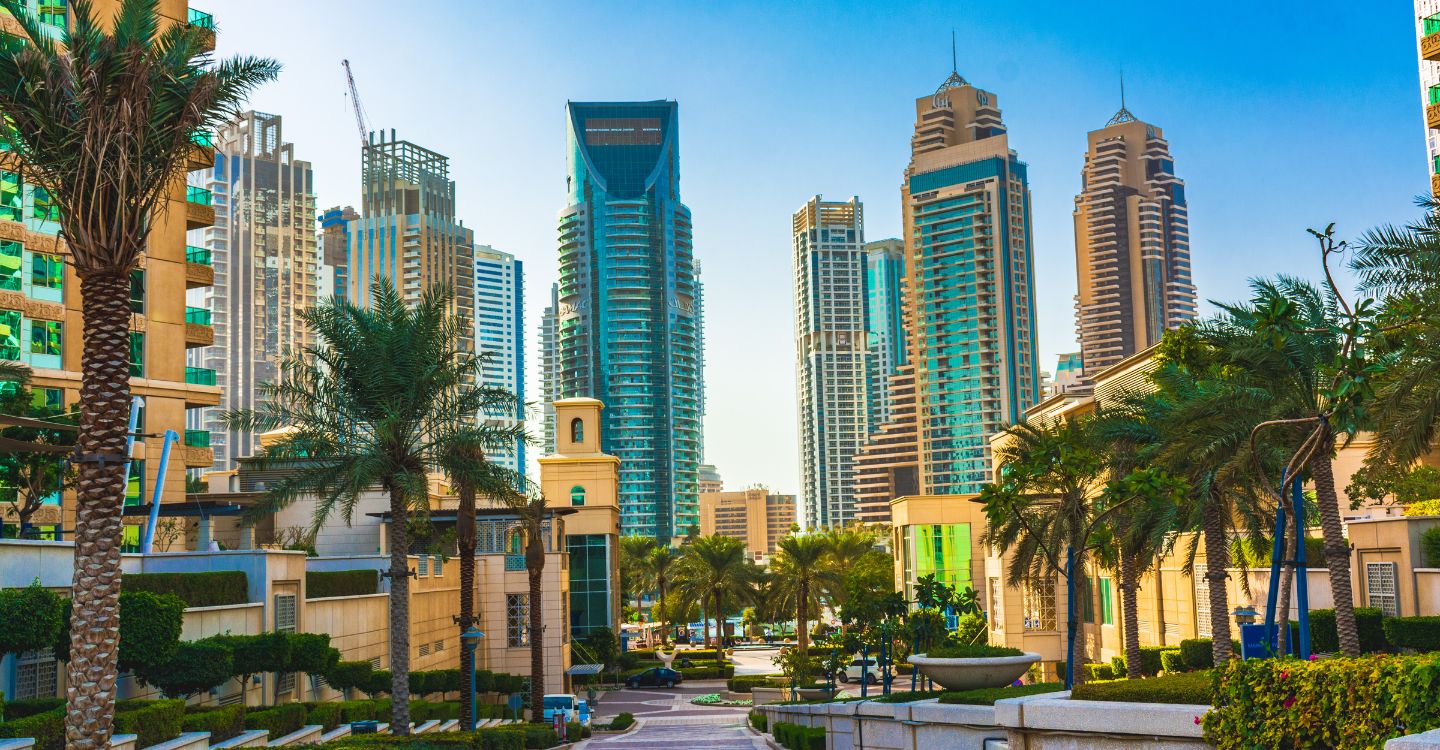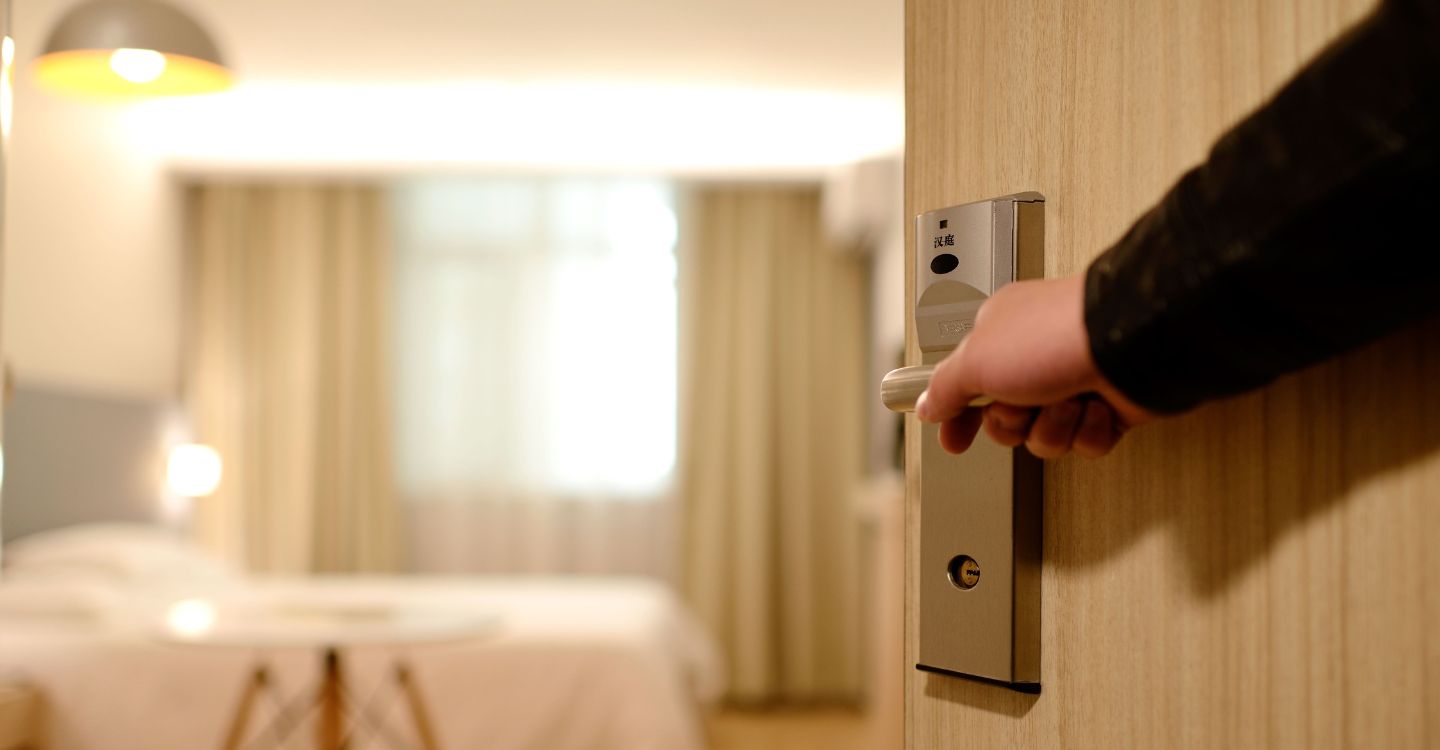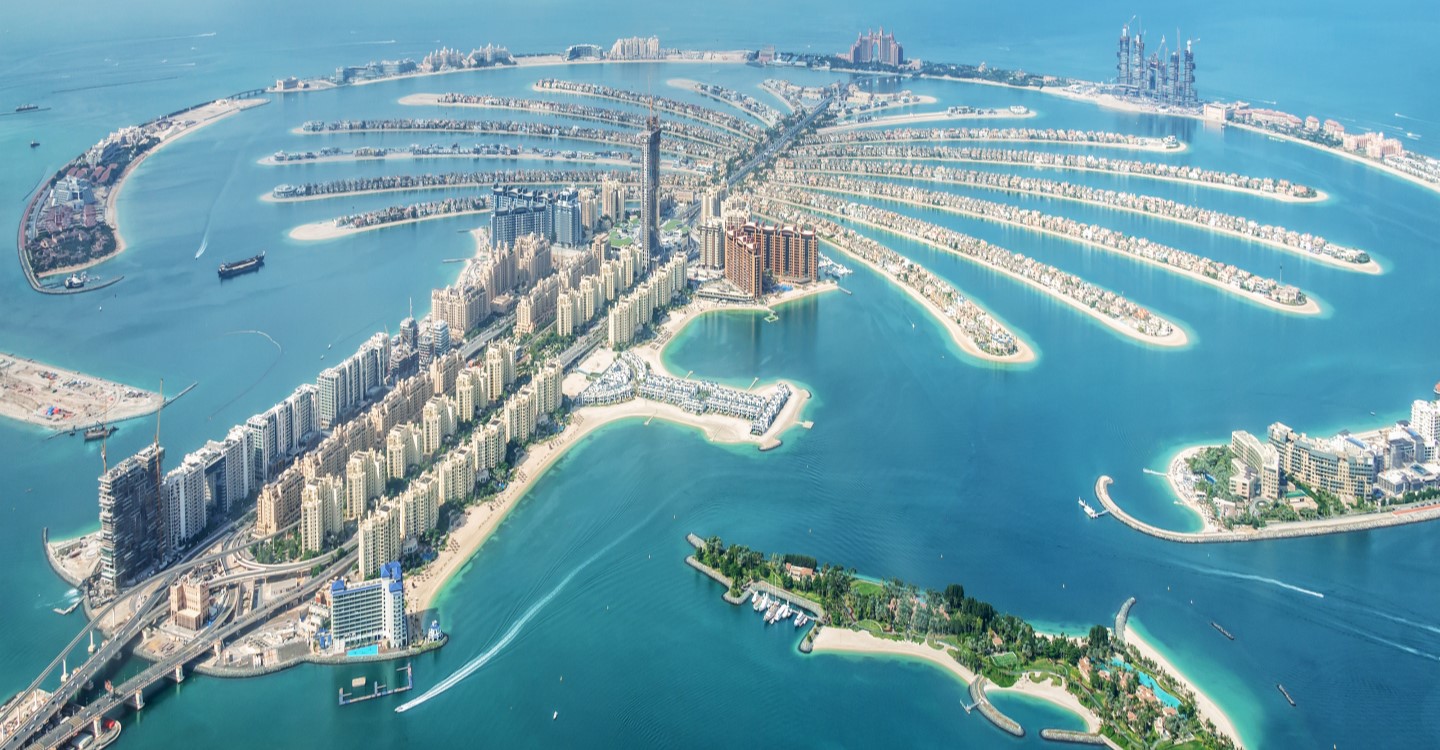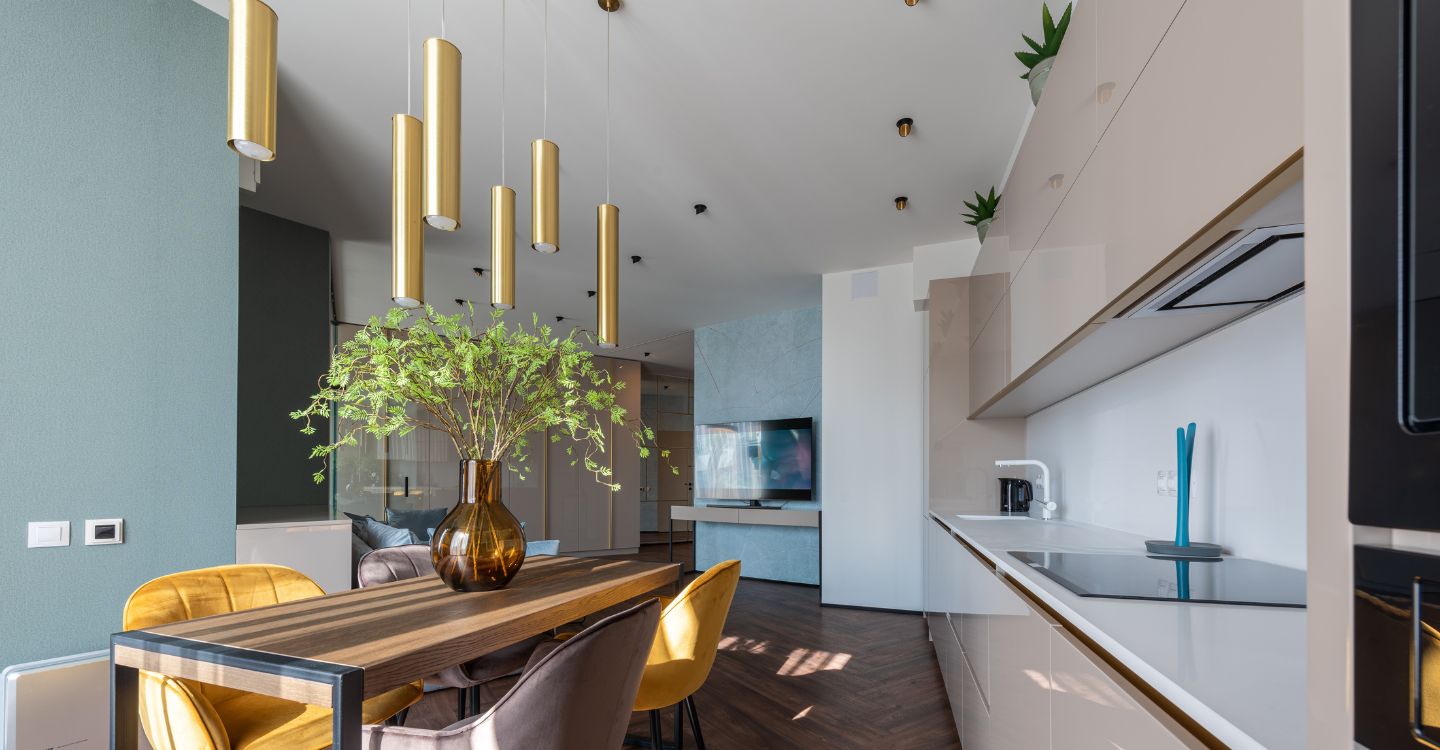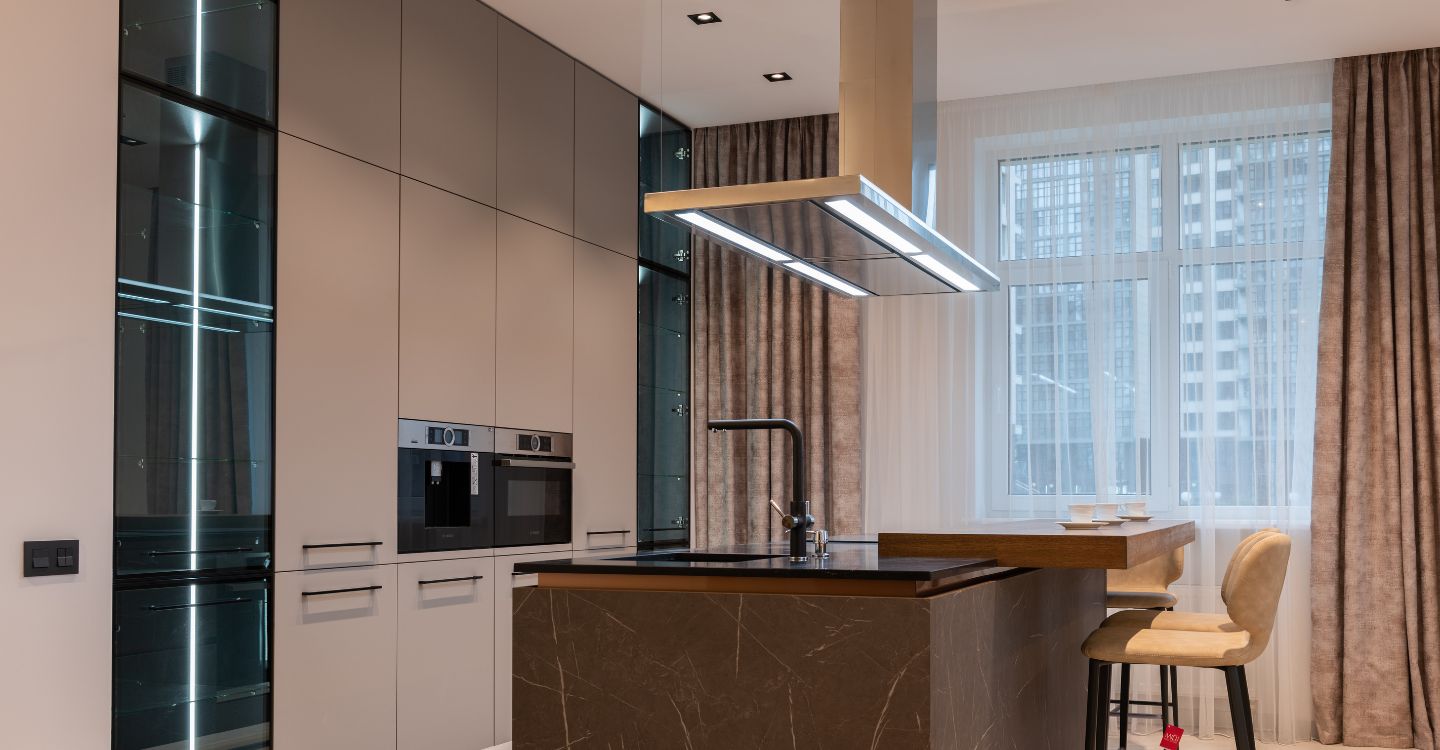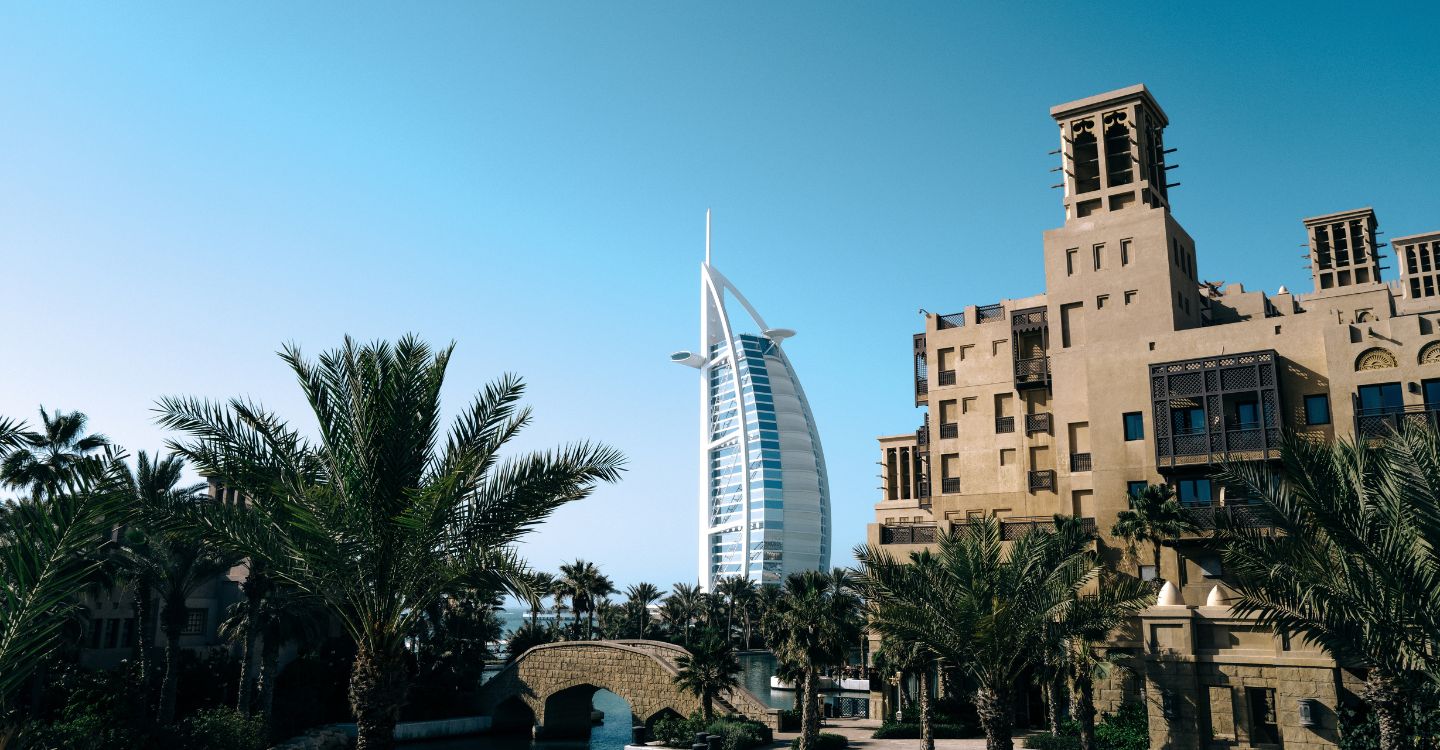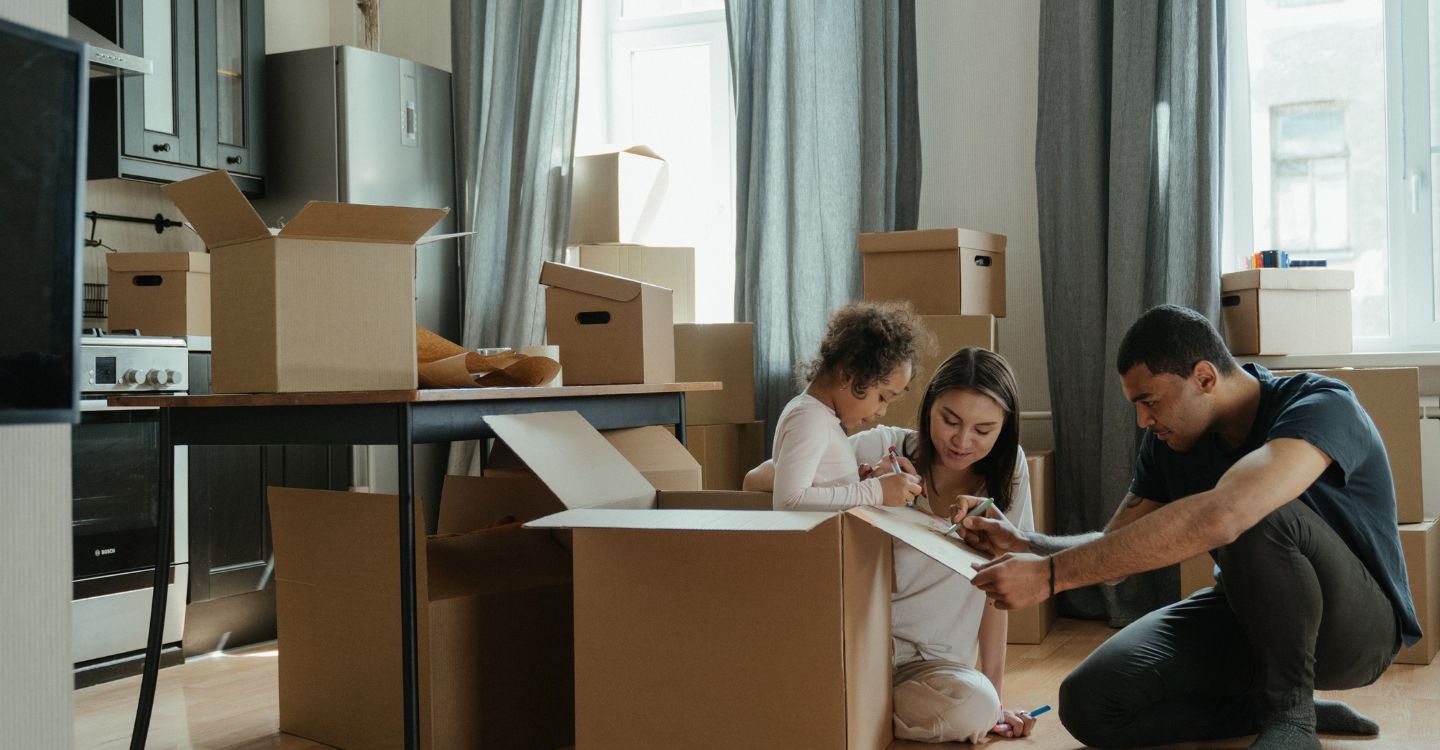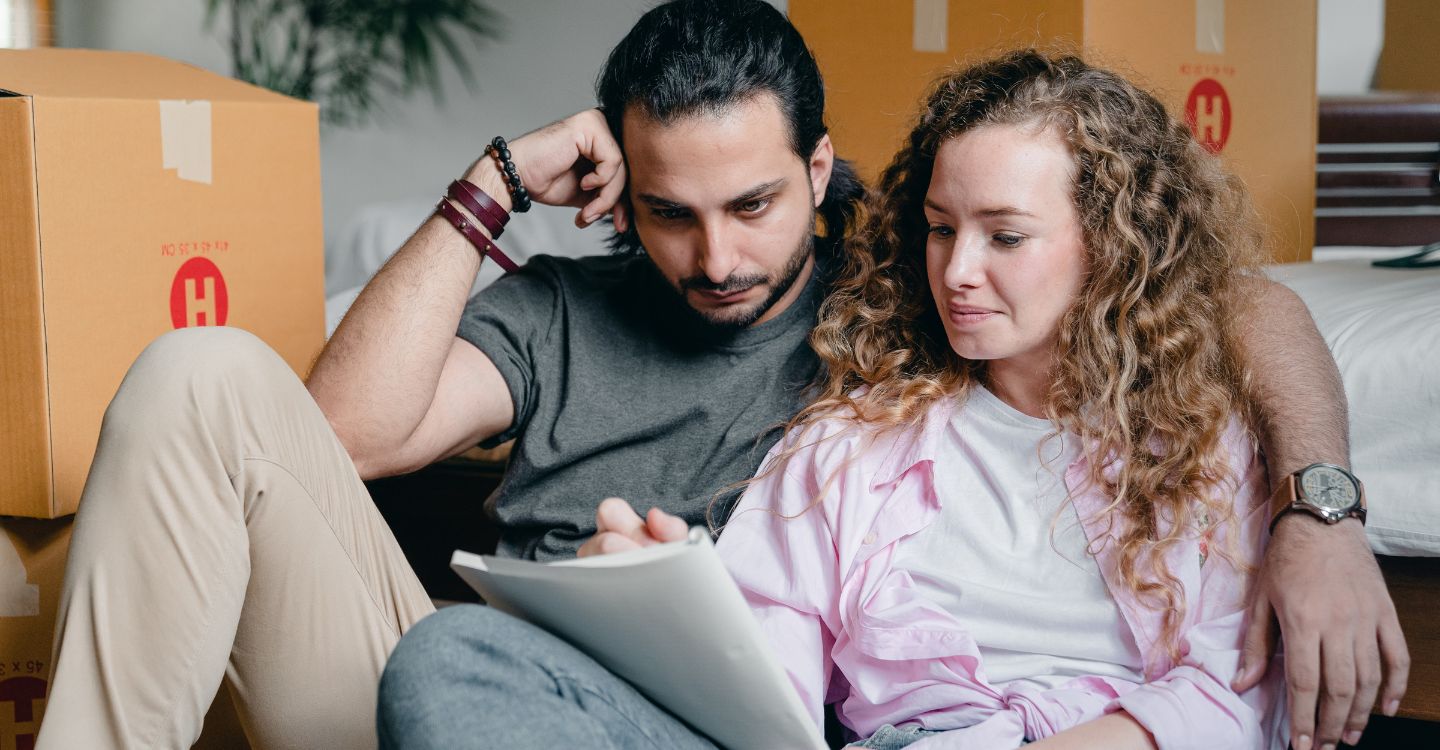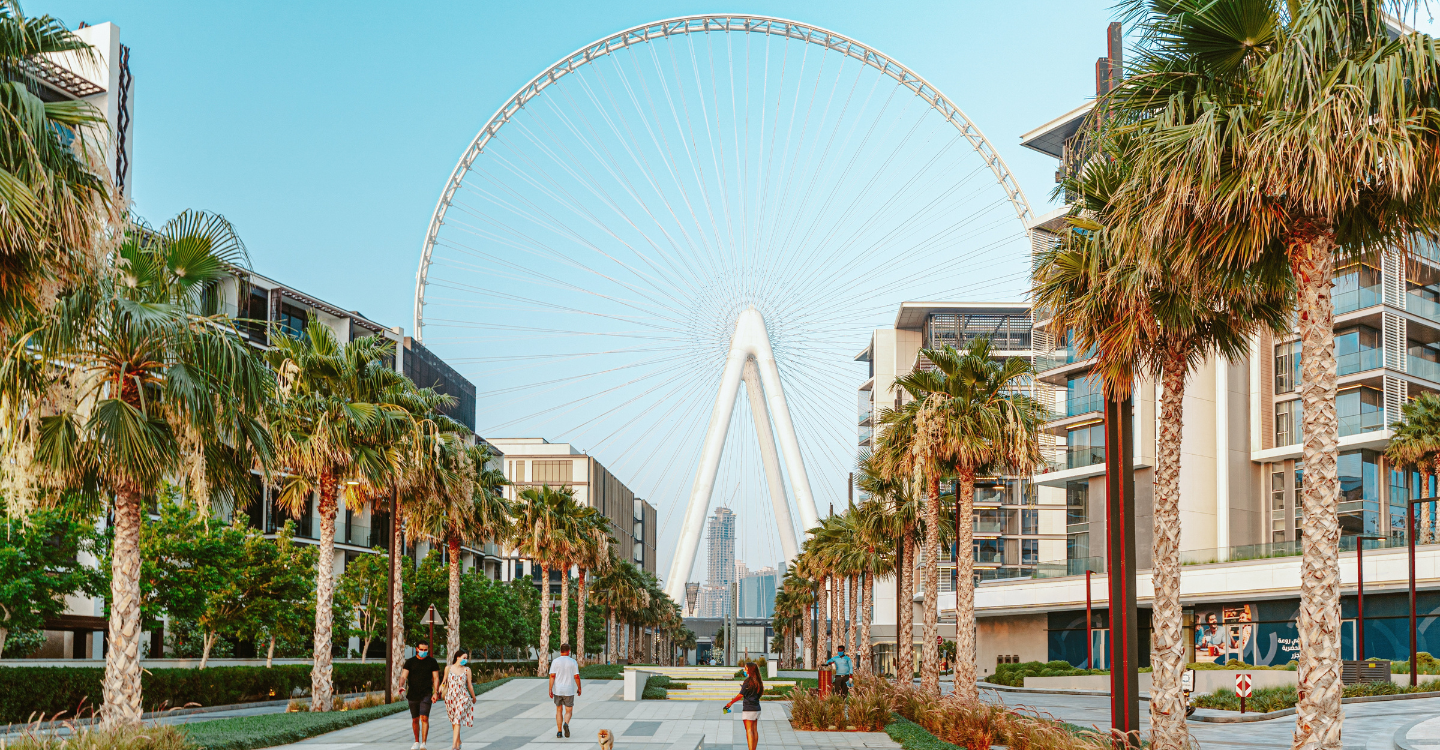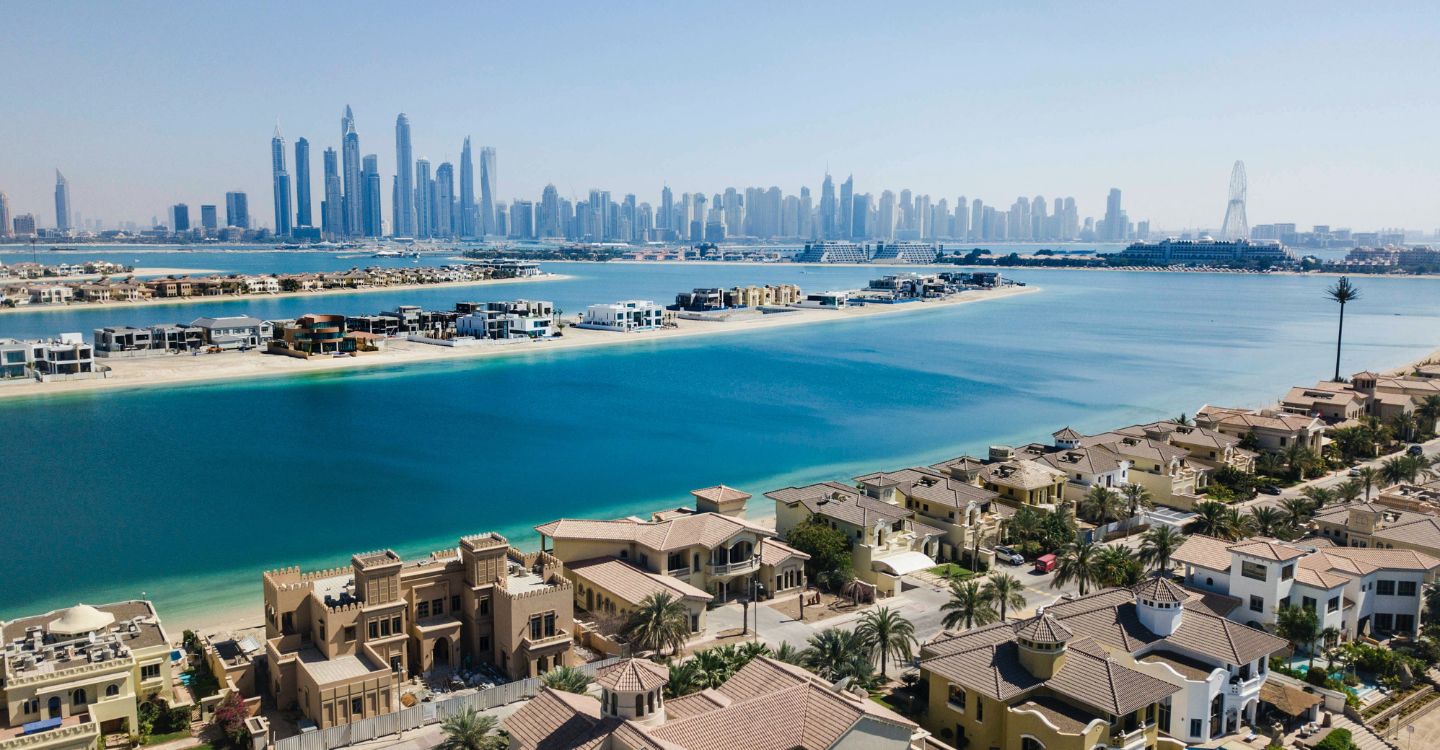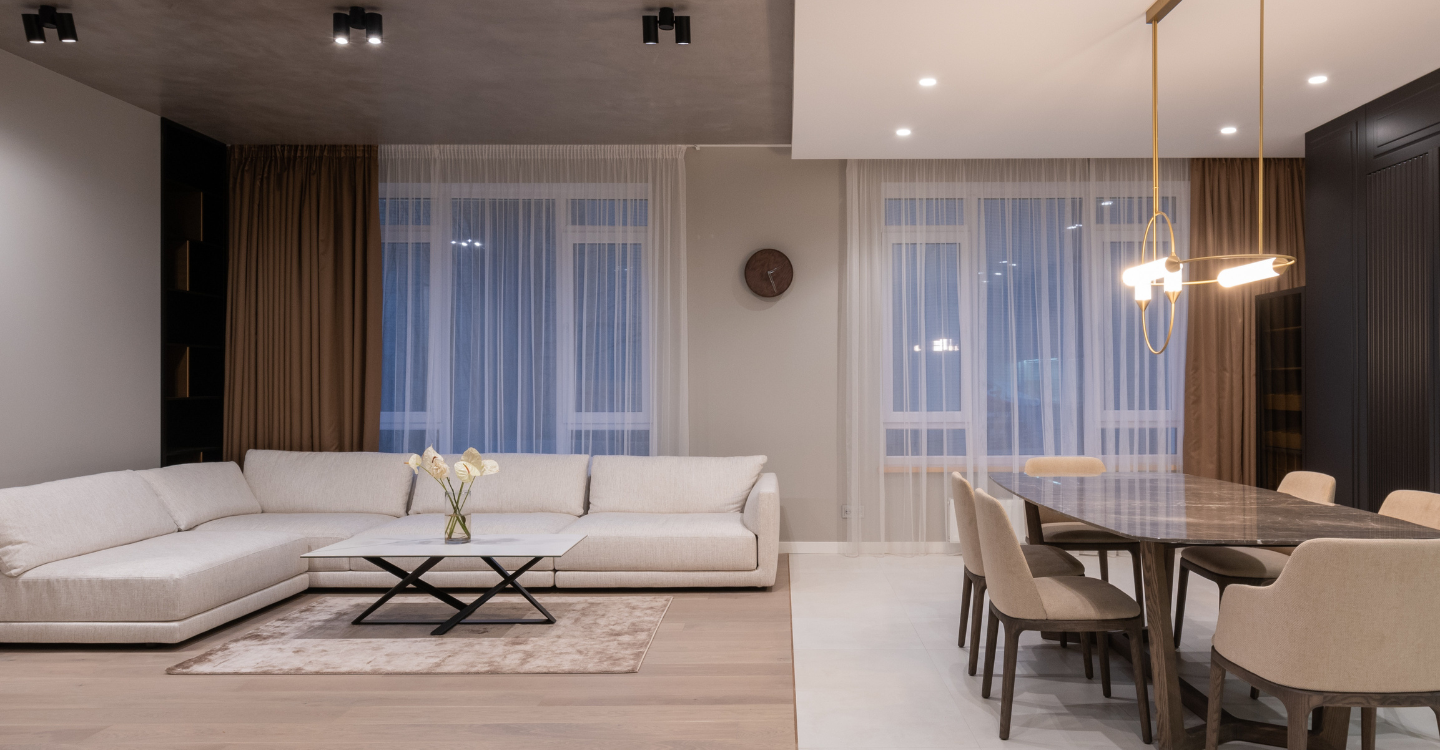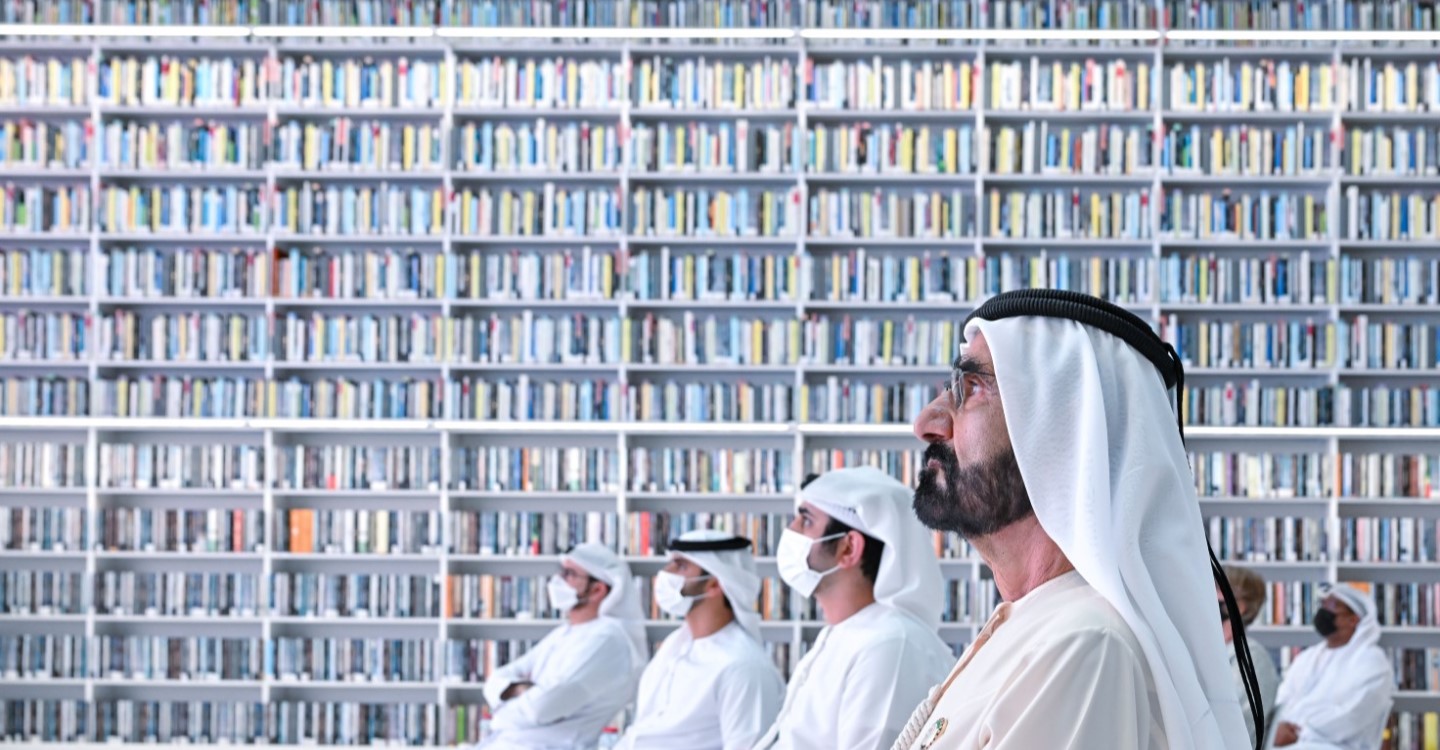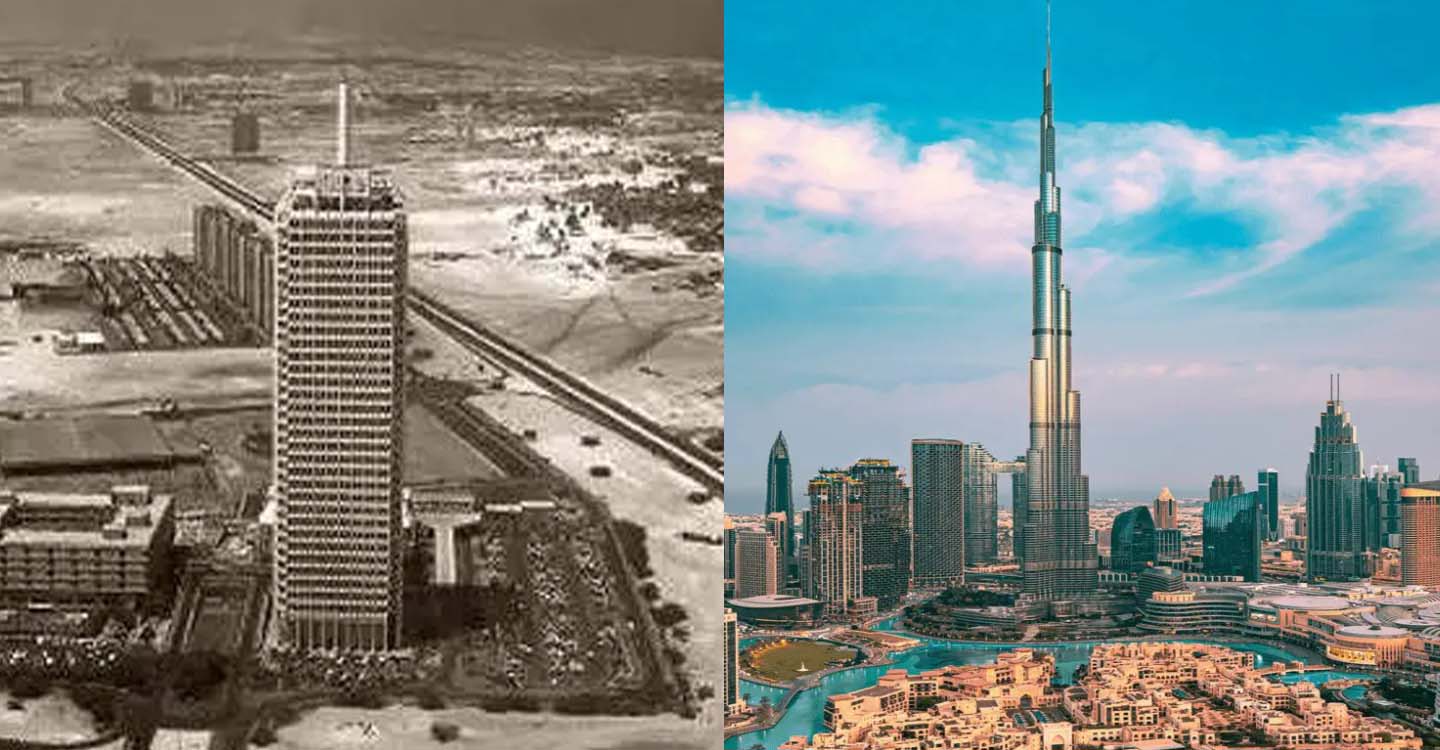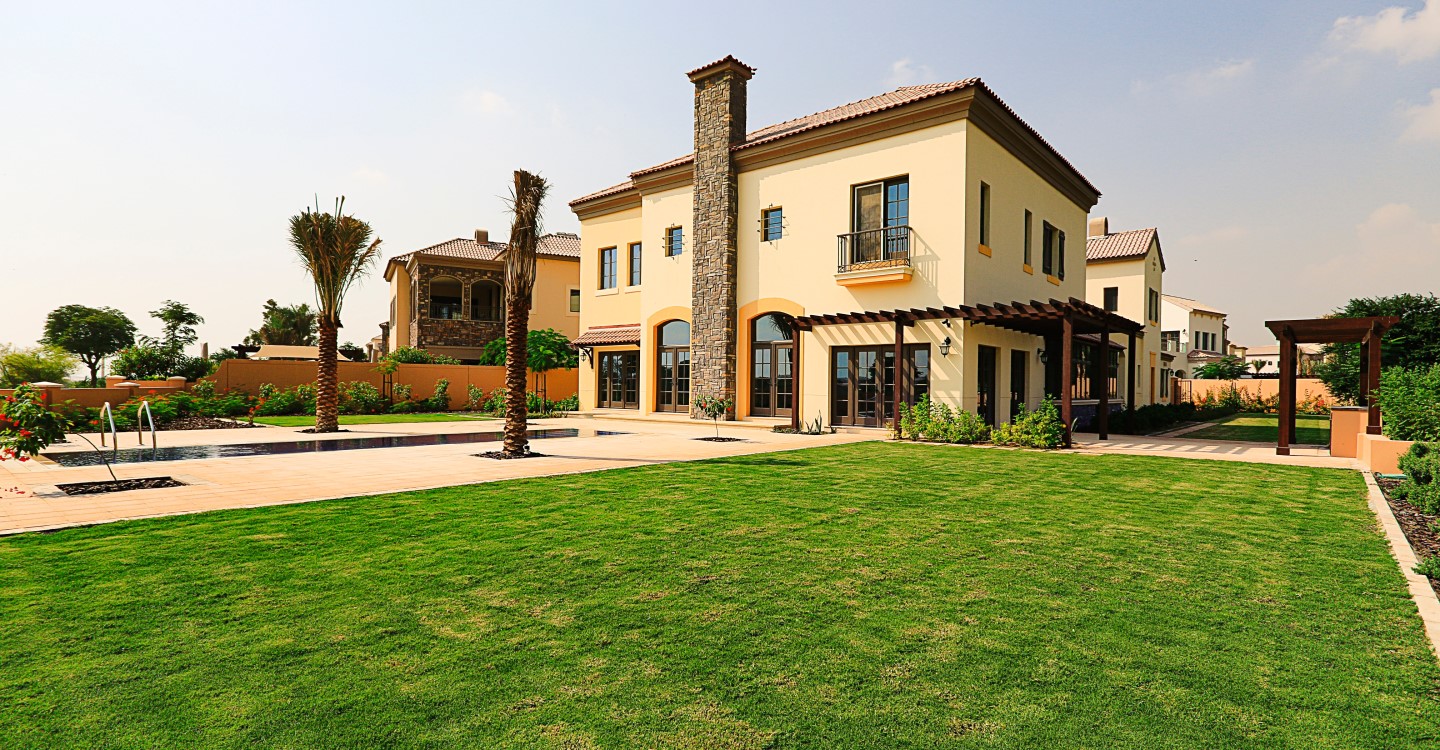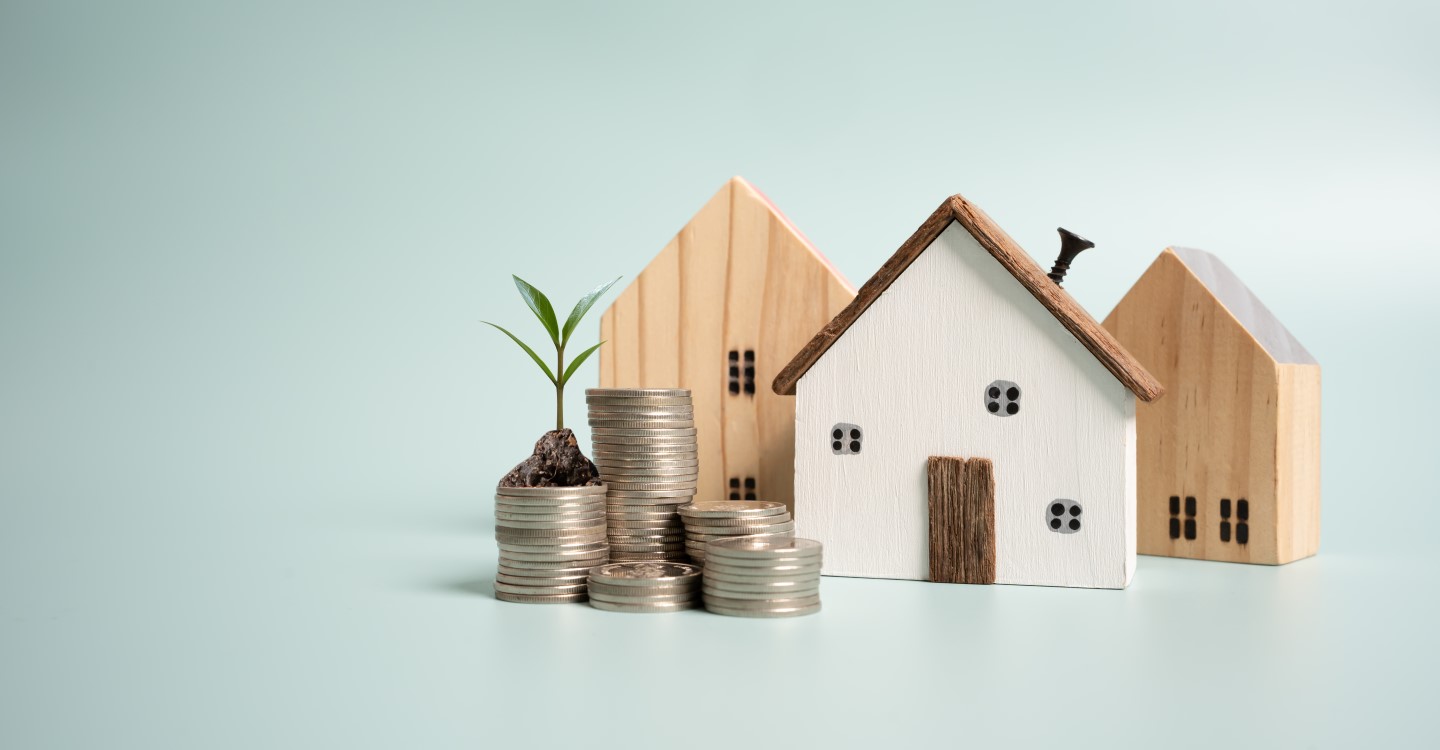
Dubai is a thriving city that boasts a luxurious lifestyle, modern infrastructure, and high-end real estate. This makes it an attractive destination for expatriates looking to settle down and rent a home. However, many tenants are unaware of the hidden costs associated with renting a home in Dubai. These costs can quickly add up, causing financial strain on renters who are unprepared.
In this article, we will delve deeper into the hidden costs of renting a home in Dubai. We will explore the various expenses that tenants might face, including fees and taxes, maintenance and insurance costs, and other hidden expenses. By understanding these costs, tenants can make informed decisions about renting a home in Dubai and budget accordingly.
It's important to note that the costs associated with renting a home in Dubai can vary depending on the type of property and location. Tenants should research the average costs of renting a home in their desired area to get a better understanding of what they can expect. With that said, let's take a closer look at the hidden costs of renting a home in Dubai.
1. Security Deposit
The security deposit is a significant expense that tenants need to consider when renting a home in Dubai. As previously mentioned, landlords usually require a security deposit to protect their property against any damage or unpaid rent at the end of the tenancy period. The amount of the security deposit can vary depending on the landlord's requirements and the property's rental price. Typically, the deposit is equivalent to one to three months' rent.
It's crucial for tenants to understand the purpose and implications of the security deposit. Firstly, tenants should ensure that the amount of the security deposit is specified in the rental agreement, along with the conditions under which the deposit will be returned. Secondly, tenants should receive a receipt for the deposit paid to ensure that there is a record of the payment.
It's also essential for tenants to keep in mind that the security deposit is not an additional expense but rather a refundable deposit that they can reclaim at the end of the tenancy period. However, tenants must leave the property in good condition to avoid any deductions from the security deposit. Landlords can deduct the cost of repairs or cleaning from the security deposit if they deem the property to be left in an unacceptable condition. Therefore, it is crucial for tenants to ensure that they leave the property in the same condition they received it to avoid any additional expenses.
2. Ejari Registration Fee
Another hidden cost that tenants should consider when they want to rent a home in Dubai is the Ejari registration fee. All rental agreements in Dubai are required to be registered with the Ejari system, which is a government-owned platform that regulates the rental market in Dubai. The Ejari system was established to ensure that all rental agreements comply with the local laws and regulations.
The Ejari registration fee is a one-time fee that tenants must pay to register their rental agreement with the Ejari system. This fee is essential as it provides tenants with legal protection against any future disputes that may arise between them and their landlord. The registration process is straightforward, and tenants can do it online or in person at the Ejari office. It is worth noting that landlords are also required to pay a fee to register their rental properties with the Ejari system.
Ejari fees for the registration of Ejari contracts are AED 155 (excluding VAT) if you register through the Dubai REST application. However, tenants should keep in mind that failure to register their rental agreement with the Ejari system can result in legal implications and fines. Therefore, tenants should ensure that their rental agreement is registered with the Ejari system to avoid any additional costs or complications.
3. Real Estate Agent Fees
In Dubai, it is common for tenants to use a real estate agent to find villas or flats for rent in Dubai. However, tenants should be aware that real estate agents charge a fee that is typically equivalent to 5% of the annual rent.
Real estate agent fees can be a significant hidden cost for tenants, especially if they are not aware of the fees upfront. The fees are typically paid by the tenant and are equivalent to 5% of the annual rent. It is essential for tenants to negotiate the fees with the real estate agent and ensure that they are included in the rental agreement.
4. DEWA and Municipality Fees
Dubai Electricity and Water Authority (DEWA) is responsible for providing electricity and water services to all residents in Dubai. Tenants are required to pay a monthly DEWA bill, which includes a fixed connection fee, as well as charges for actual usage. Additionally, tenants are also required to pay a municipality fee, which is calculated as a percentage of the annual rent.
The DEWA and municipality fees are an essential part of the rental agreement and should be budgeted accordingly. The DEWA bill includes a fixed connection fee and charges for actual usage, which can vary depending on the tenant's consumption. The municipality fee is calculated as a percentage of the annual rent and is typically 5% of the rent amount.
5. Maintenance Costs
Maintenance costs are an important factor to consider when renting a property in Dubai. Tenants are responsible for maintaining the property they are renting, which includes regular cleaning and upkeep. Additionally, tenants are responsible for any repairs that may be required during the tenancy period, which can be costly, depending on the extent of the damage.
Tenants should ensure that the rental agreement clearly outlines their responsibilities regarding maintenance and repairs. This should include details on who is responsible for specific repairs, such as electrical, plumbing, or structural repairs. Tenants should also ensure that they have access to a reliable and trusted maintenance service provider to carry out any necessary repairs.
In some cases, landlords may cover the cost of minor repairs, but it is important to note that tenants may be responsible for covering the cost of any significant repairs that may be required. It is, therefore, essential for tenants to keep the property in good condition to avoid any disputes with the landlord at the end of the tenancy period.
It is also worth noting that maintenance costs can vary depending on the type and location of the property. For example, maintenance costs for a villa or a large apartment may be higher than those for a small studio apartment. Additionally, properties located in areas with high humidity or extreme temperatures may require more maintenance than properties located in other areas.
To minimize maintenance costs, tenants can take steps to keep the property in good condition. This includes regularly cleaning the property, keeping it free from clutter, and reporting any repairs needed promptly. Tenants should also ensure that they are using the property's amenities, such as air conditioning and appliances, in a responsible manner to avoid unnecessary wear and tear.
In conclusion, renting a home in Dubai can come with various hidden costs that tenants should be aware of before signing a lease agreement. From security deposits and real estate agent fees to maintenance costs and home insurance, these costs can add up quickly, and tenants should budget accordingly. By understanding these hidden costs, tenants can make informed decisions and avoid any financial surprises during their tenancy period.











